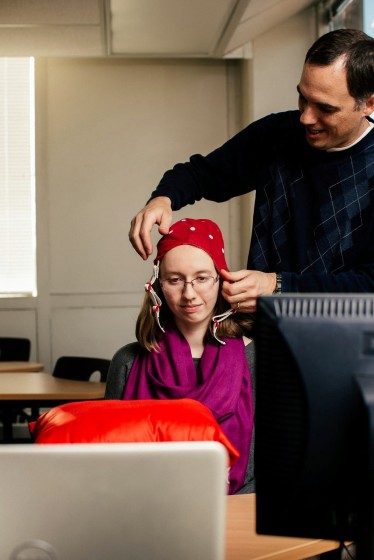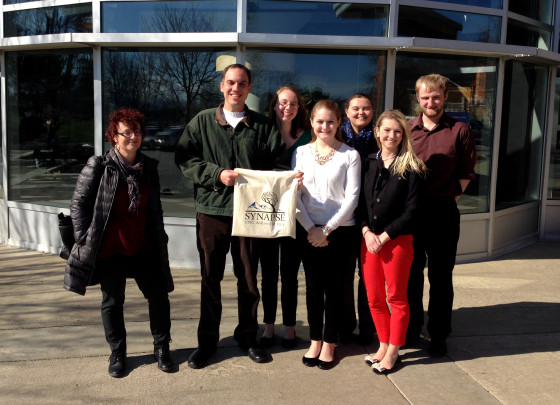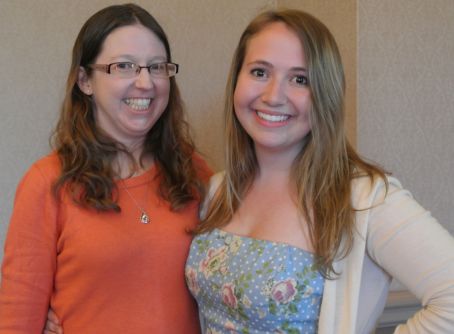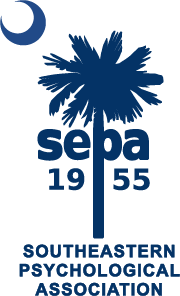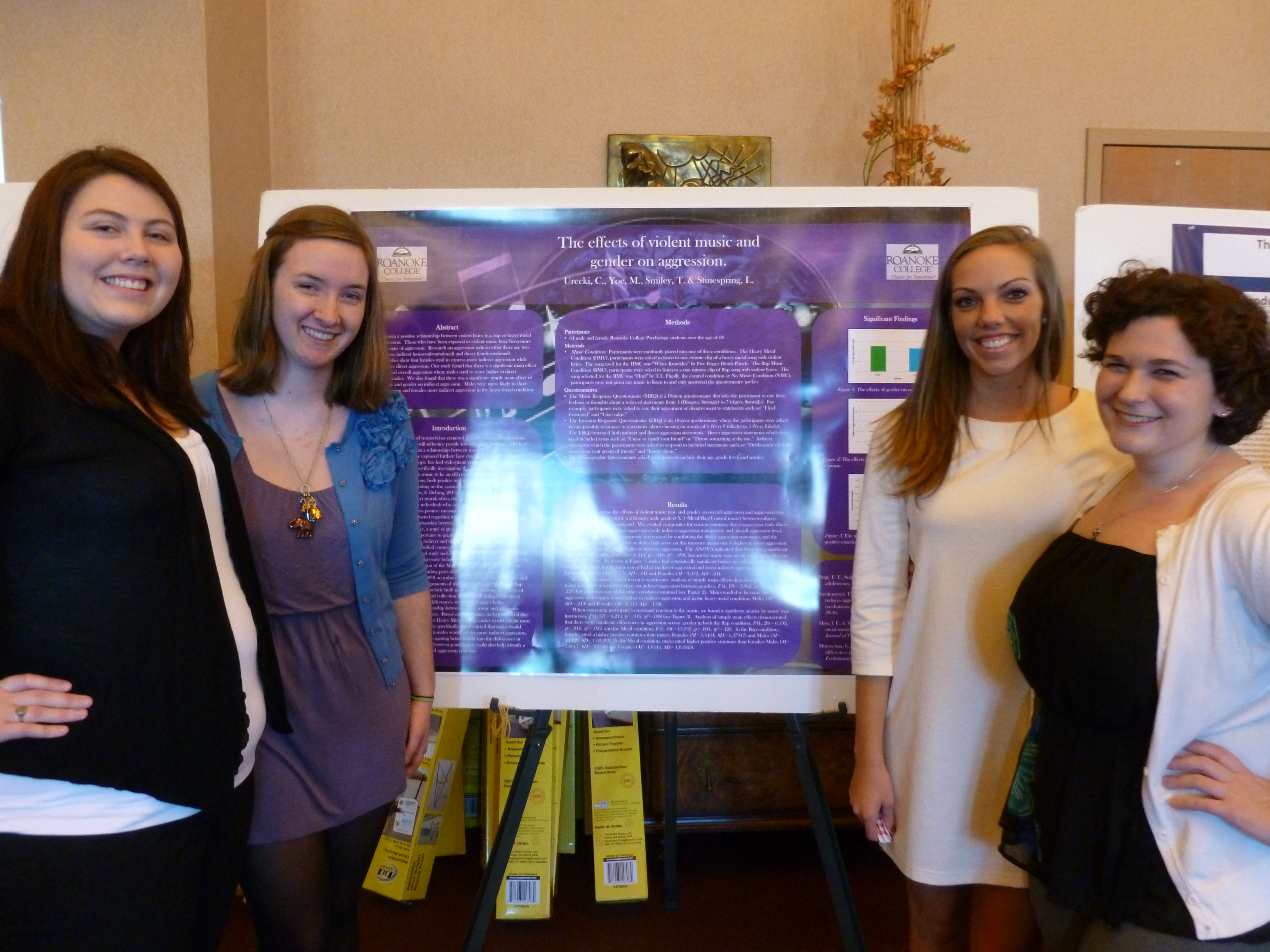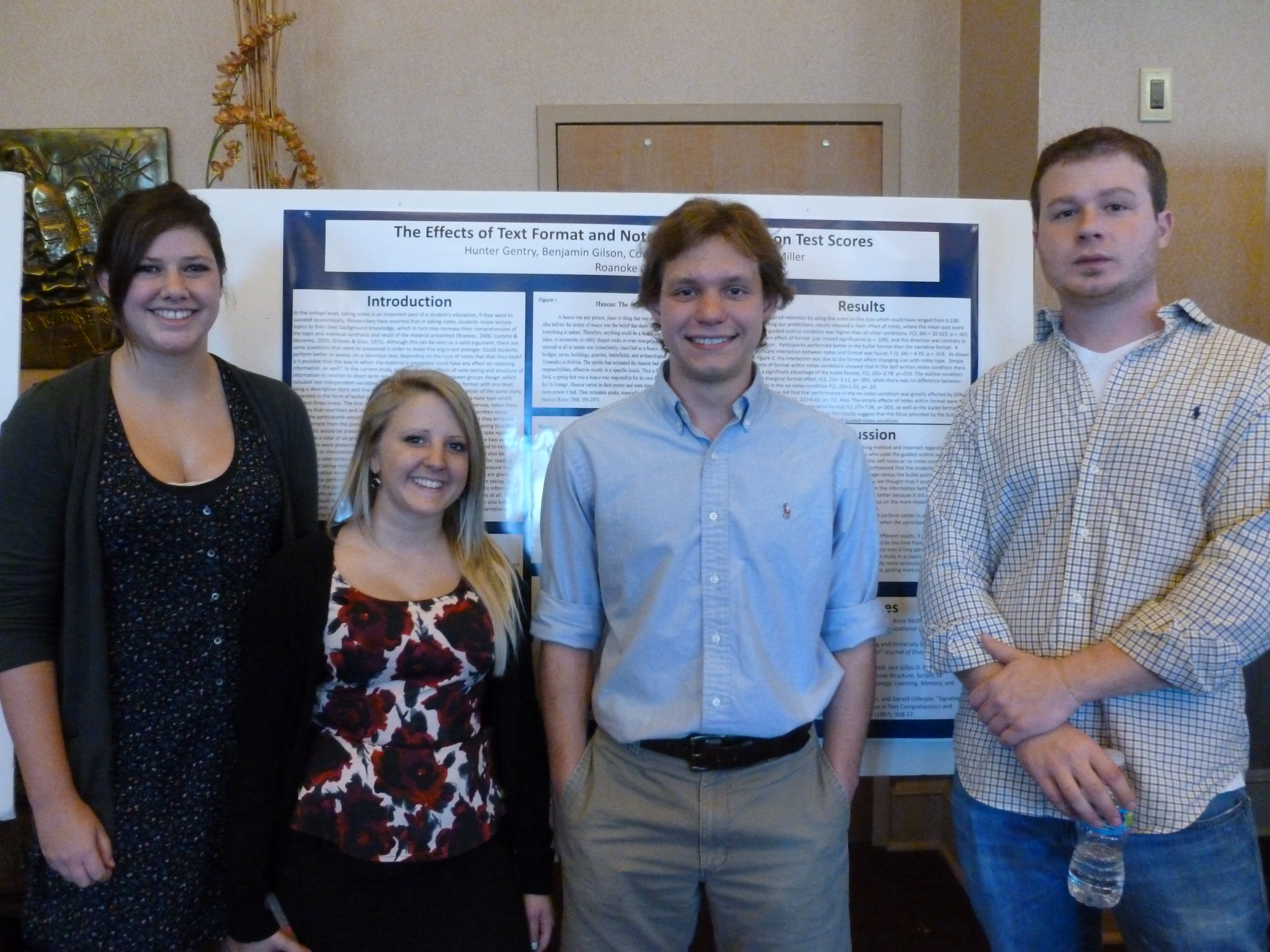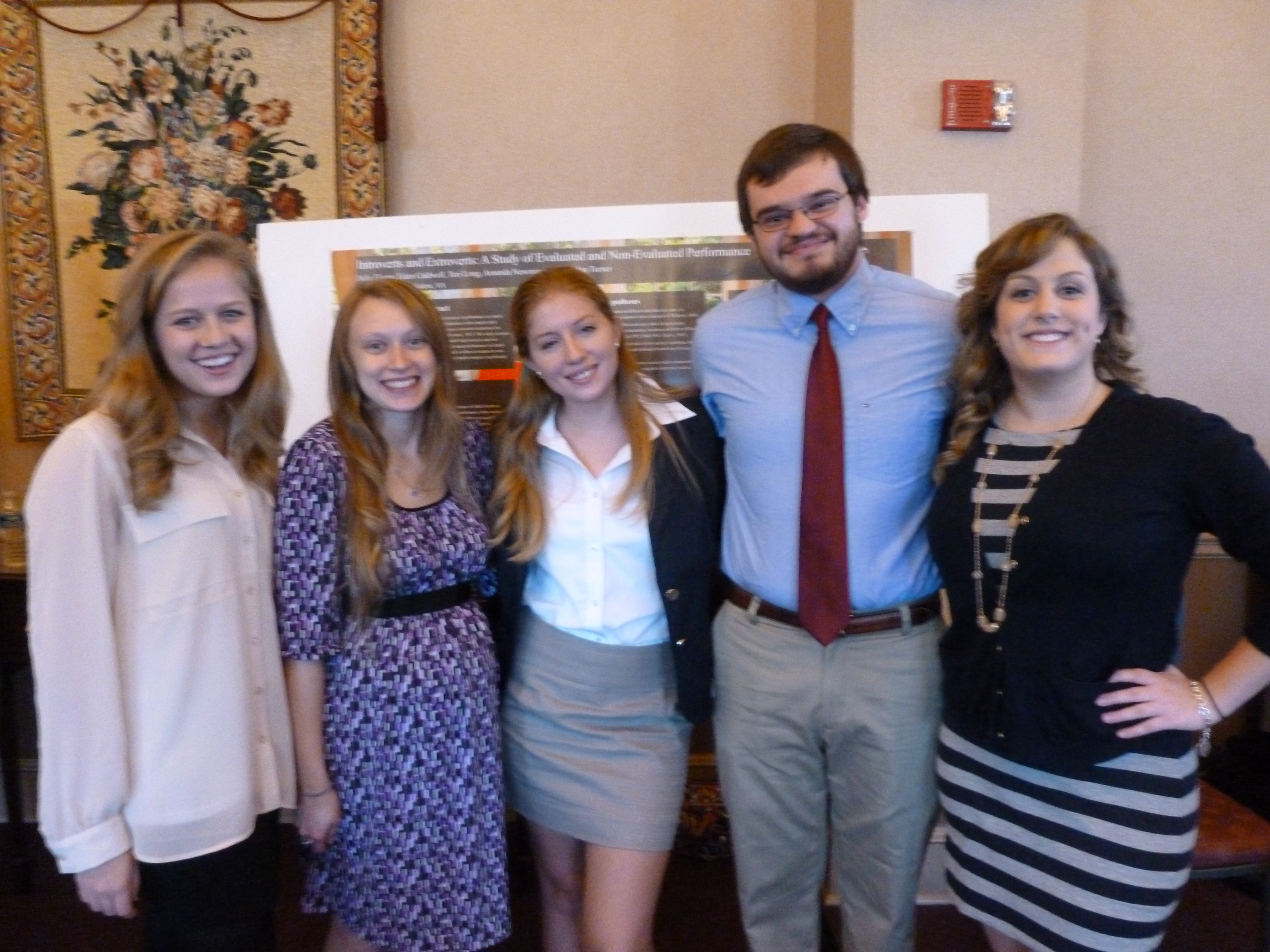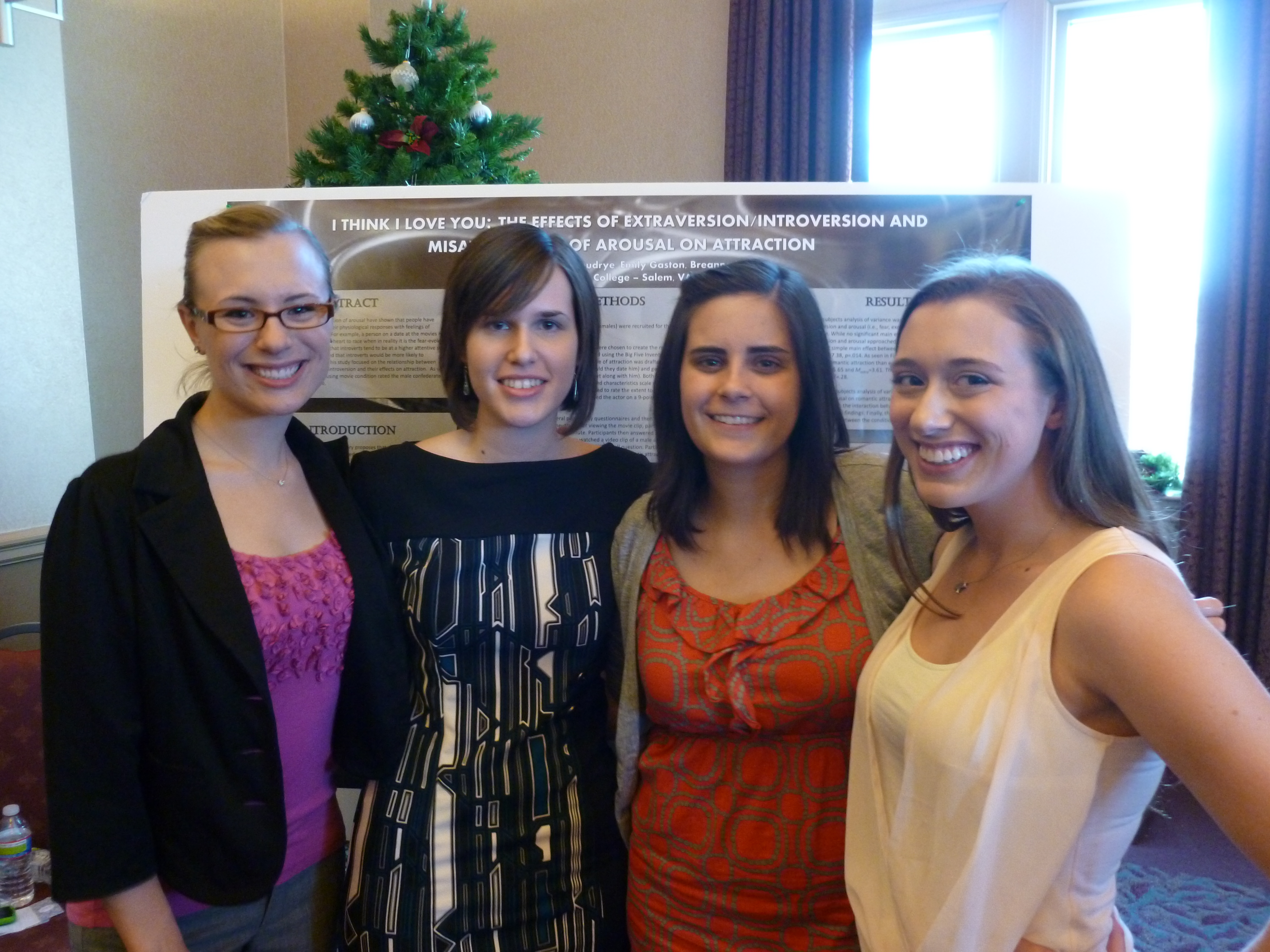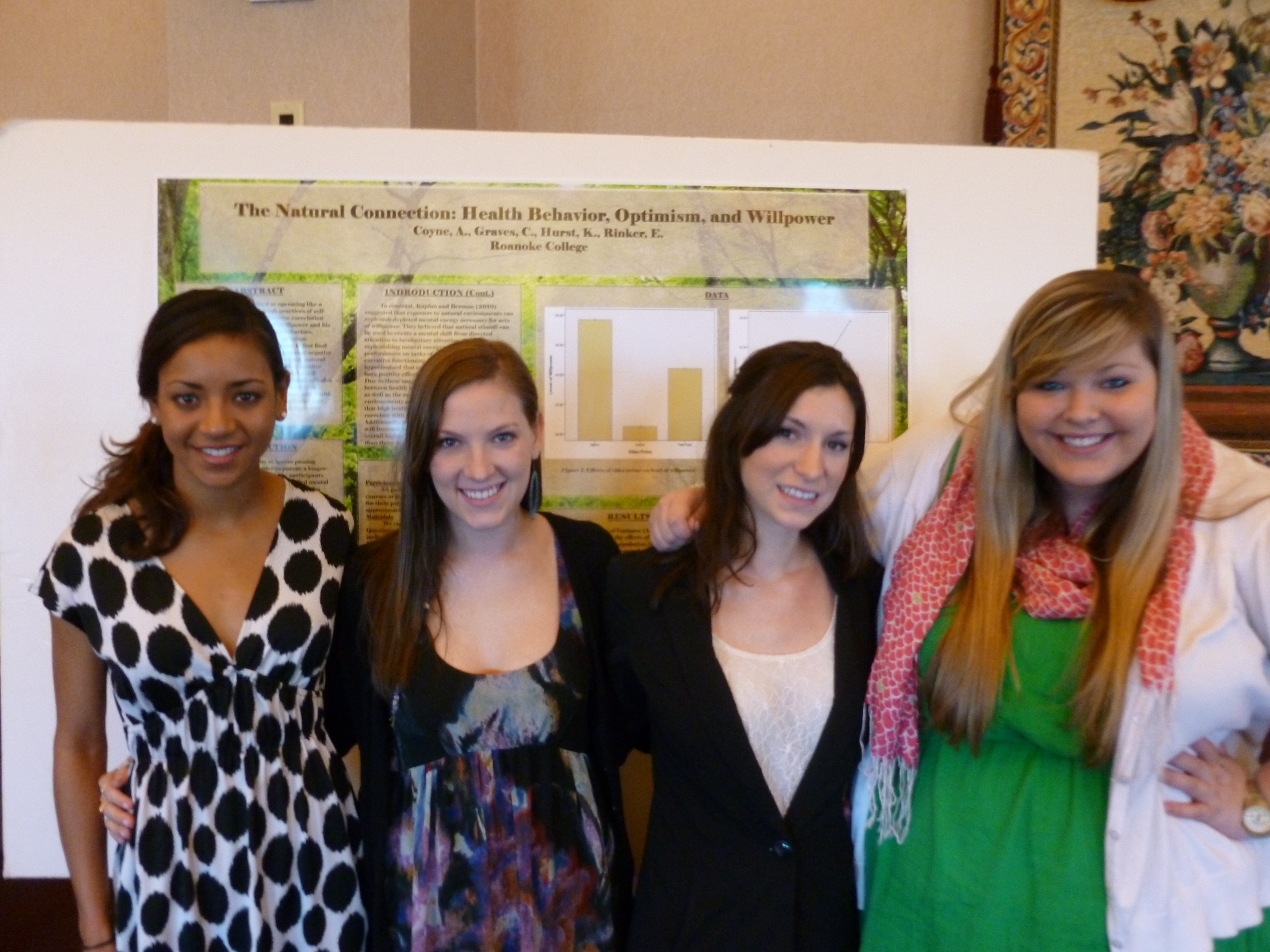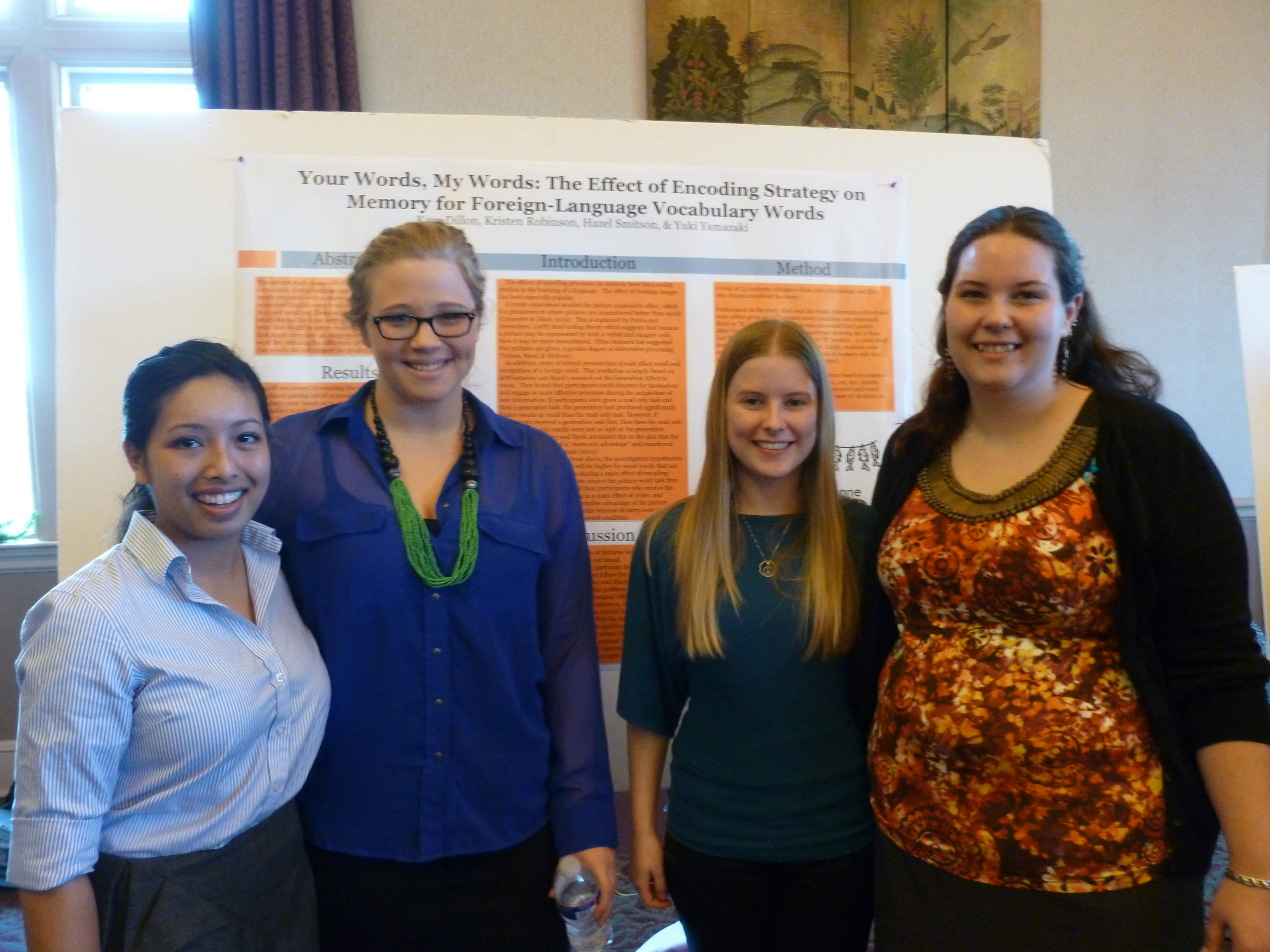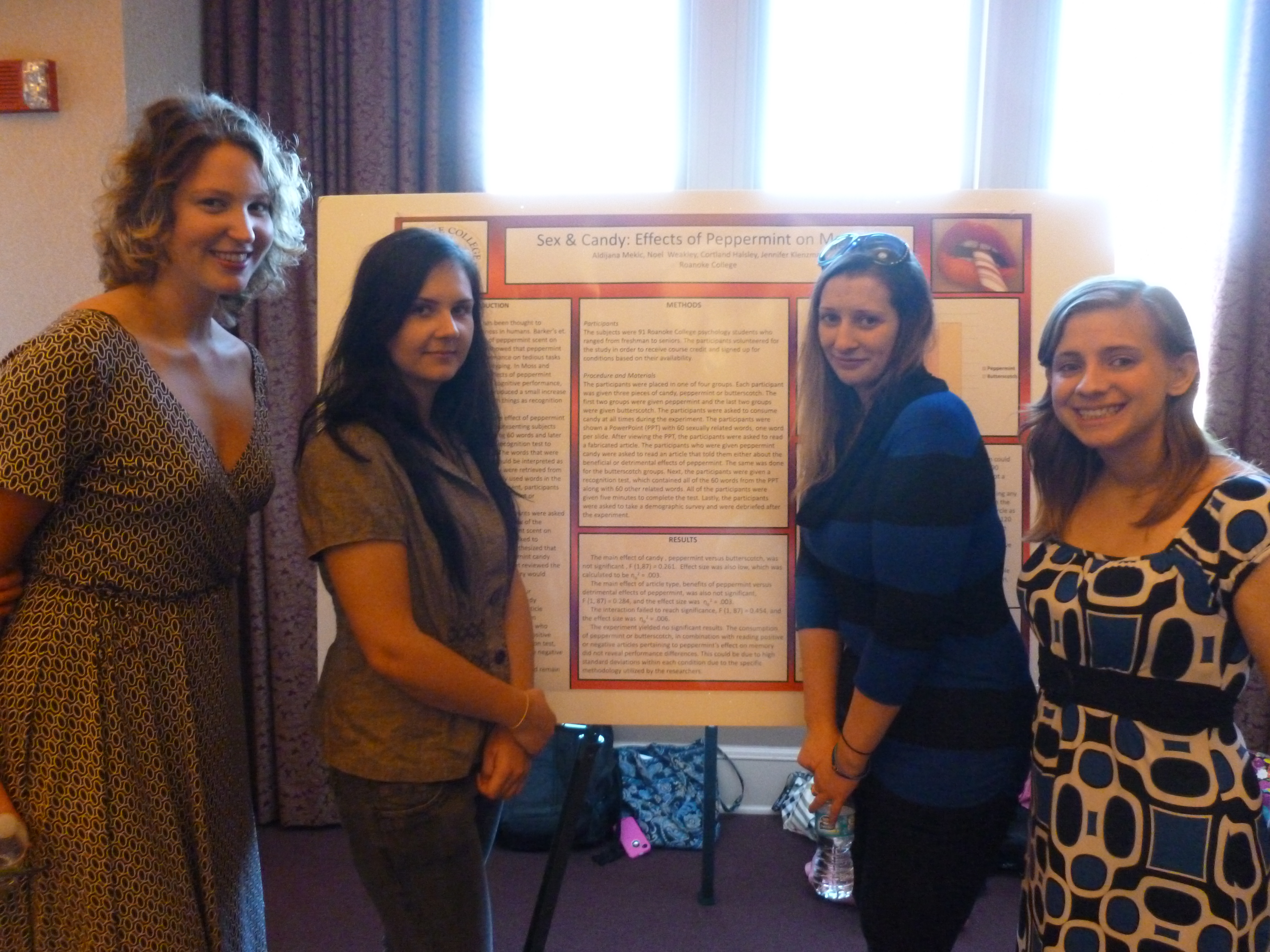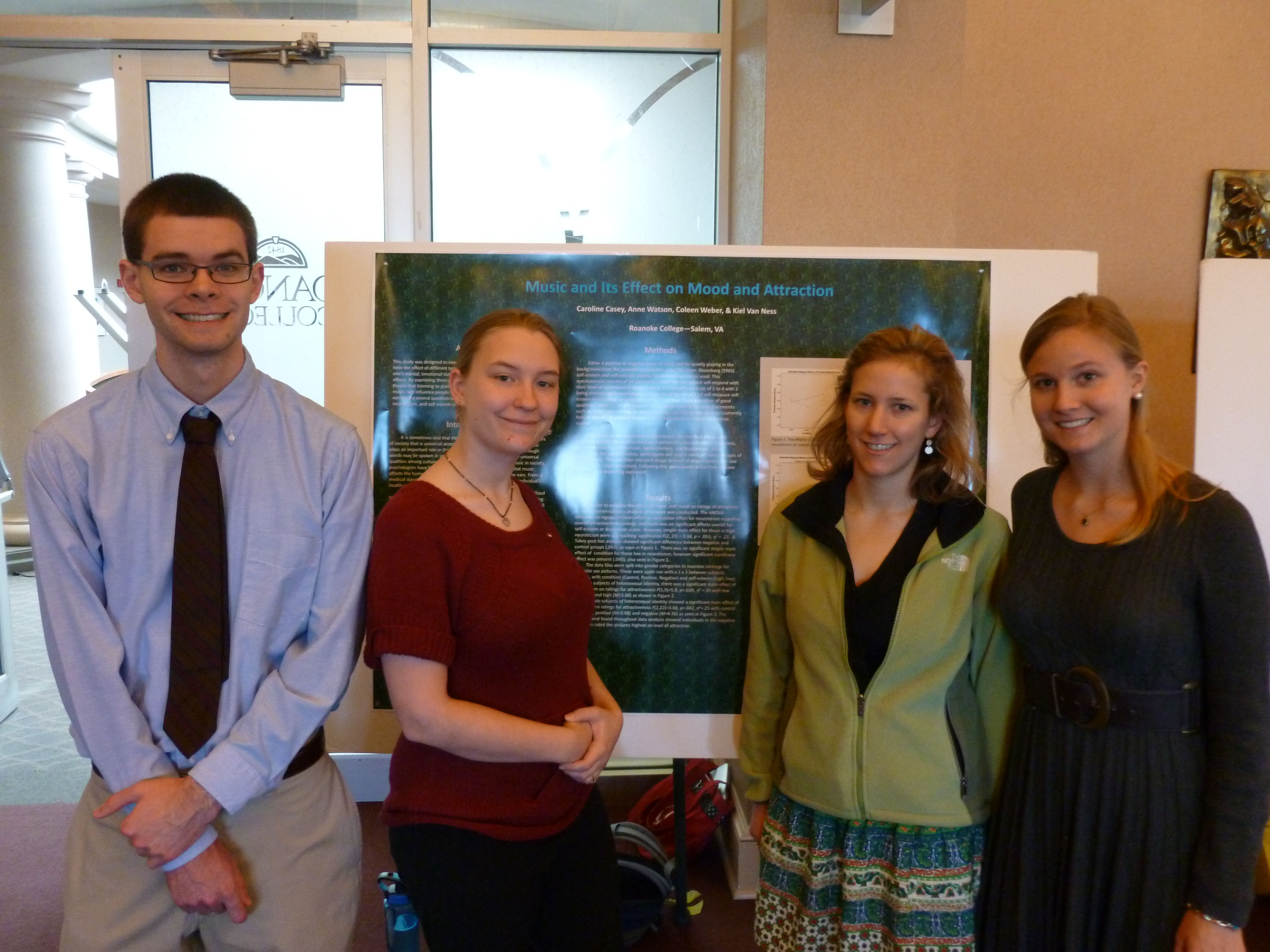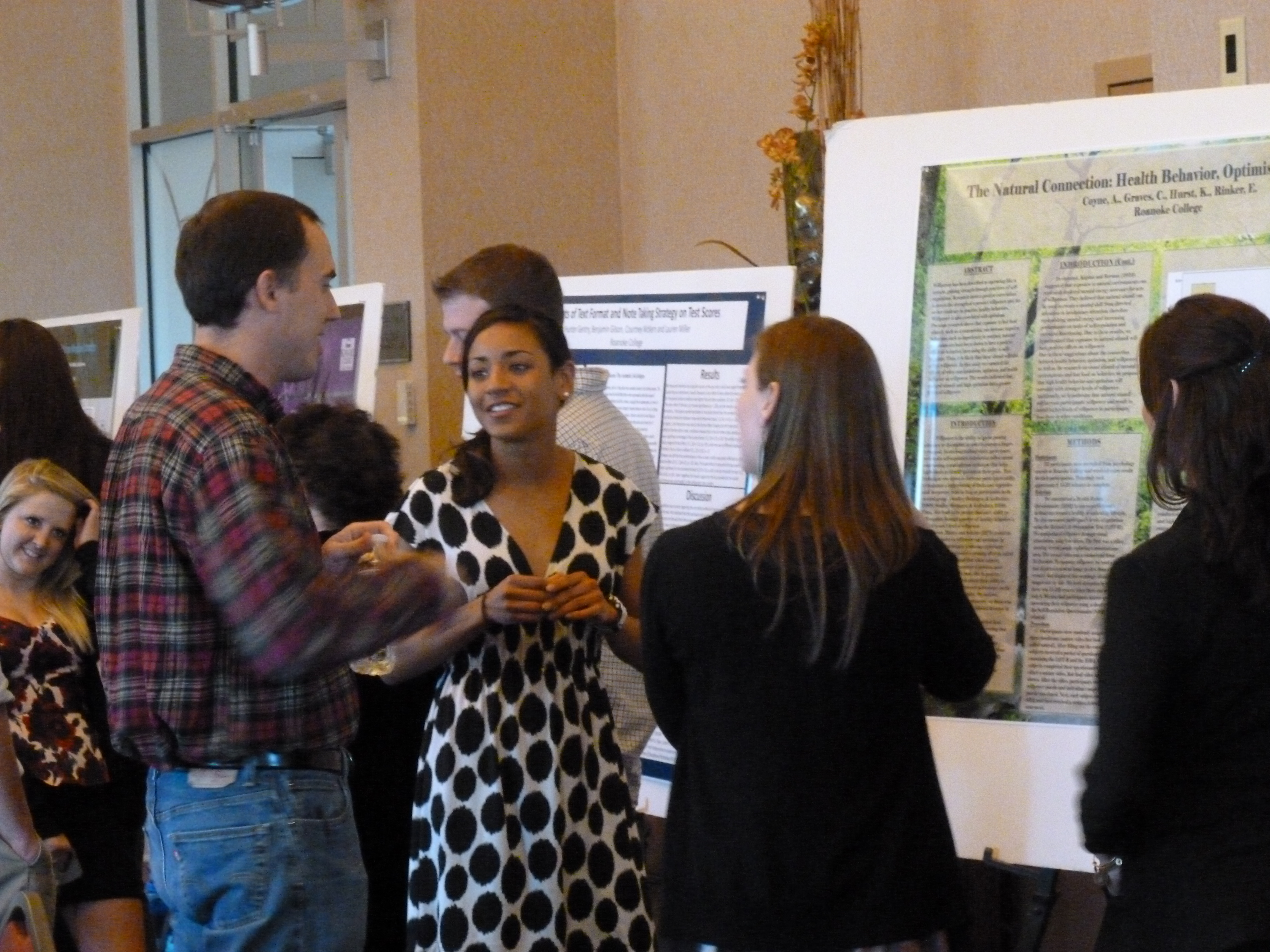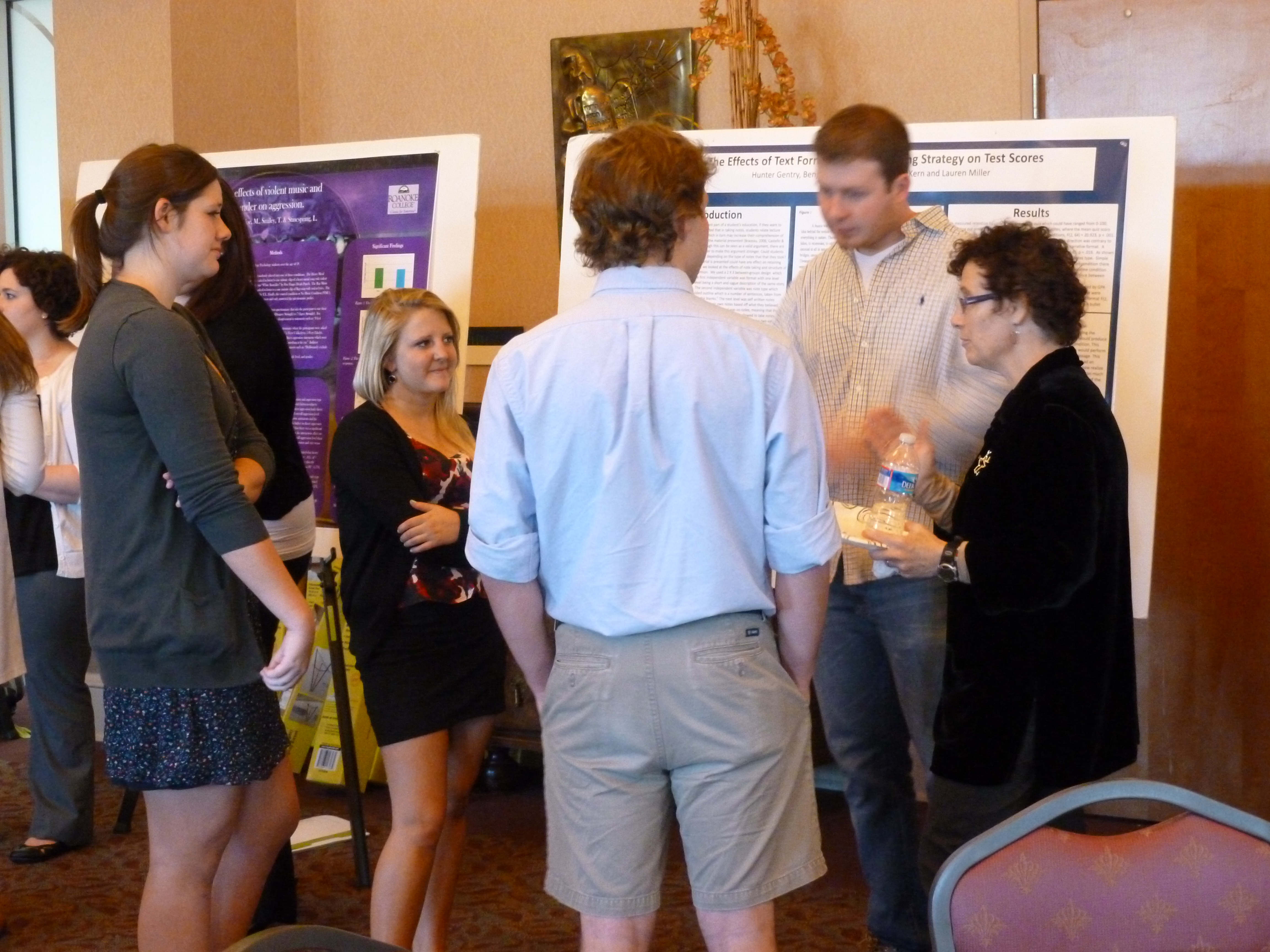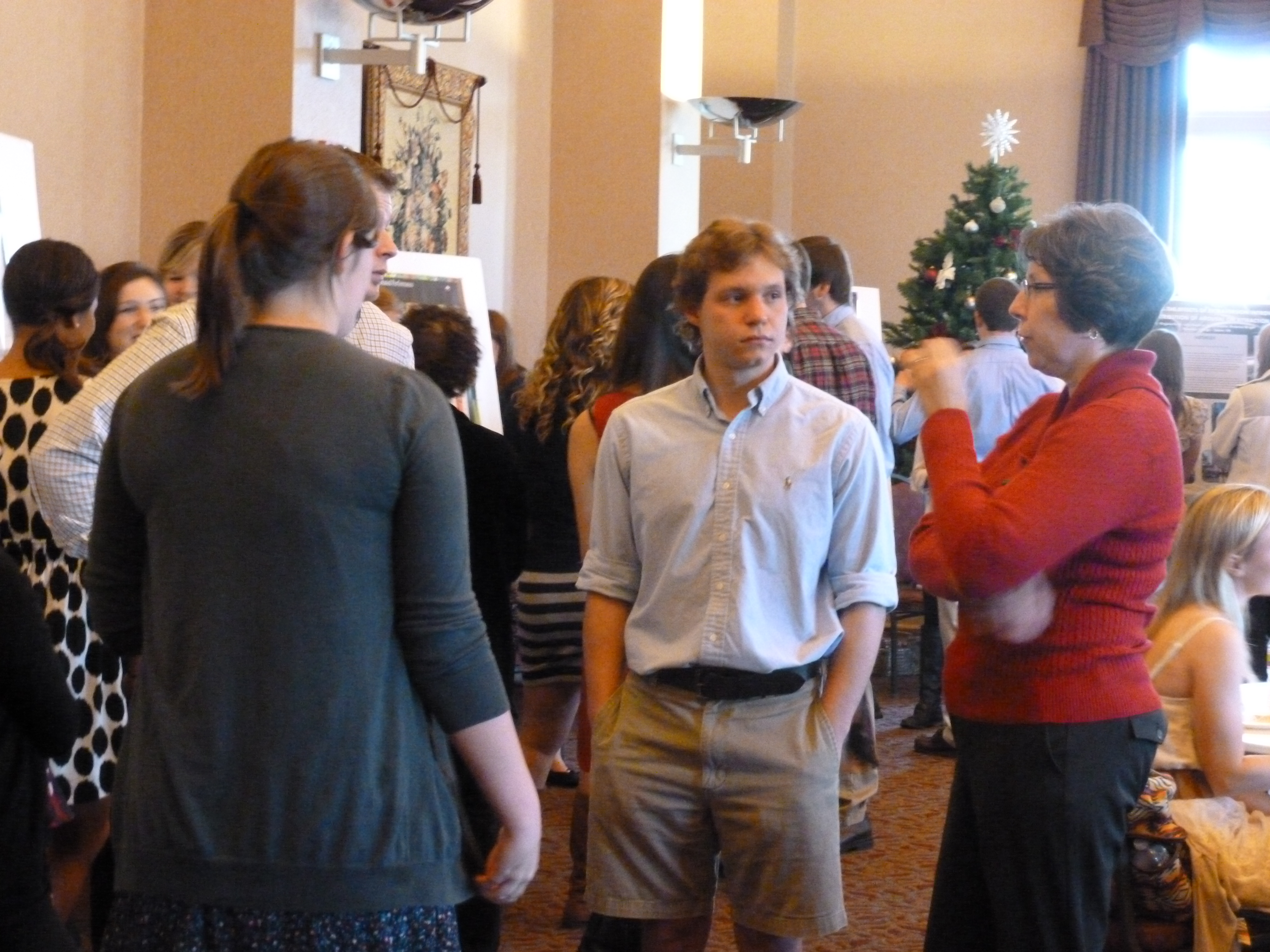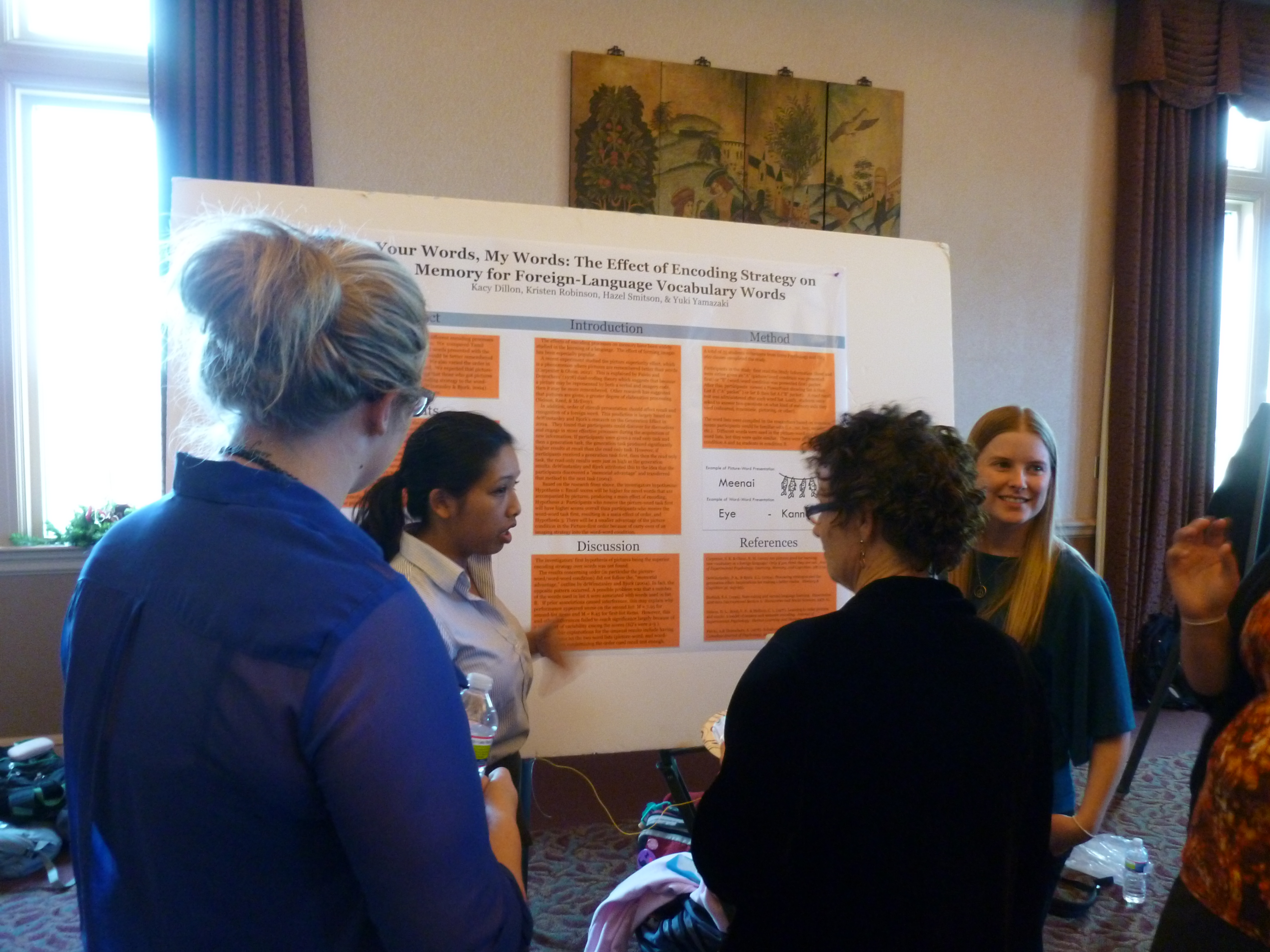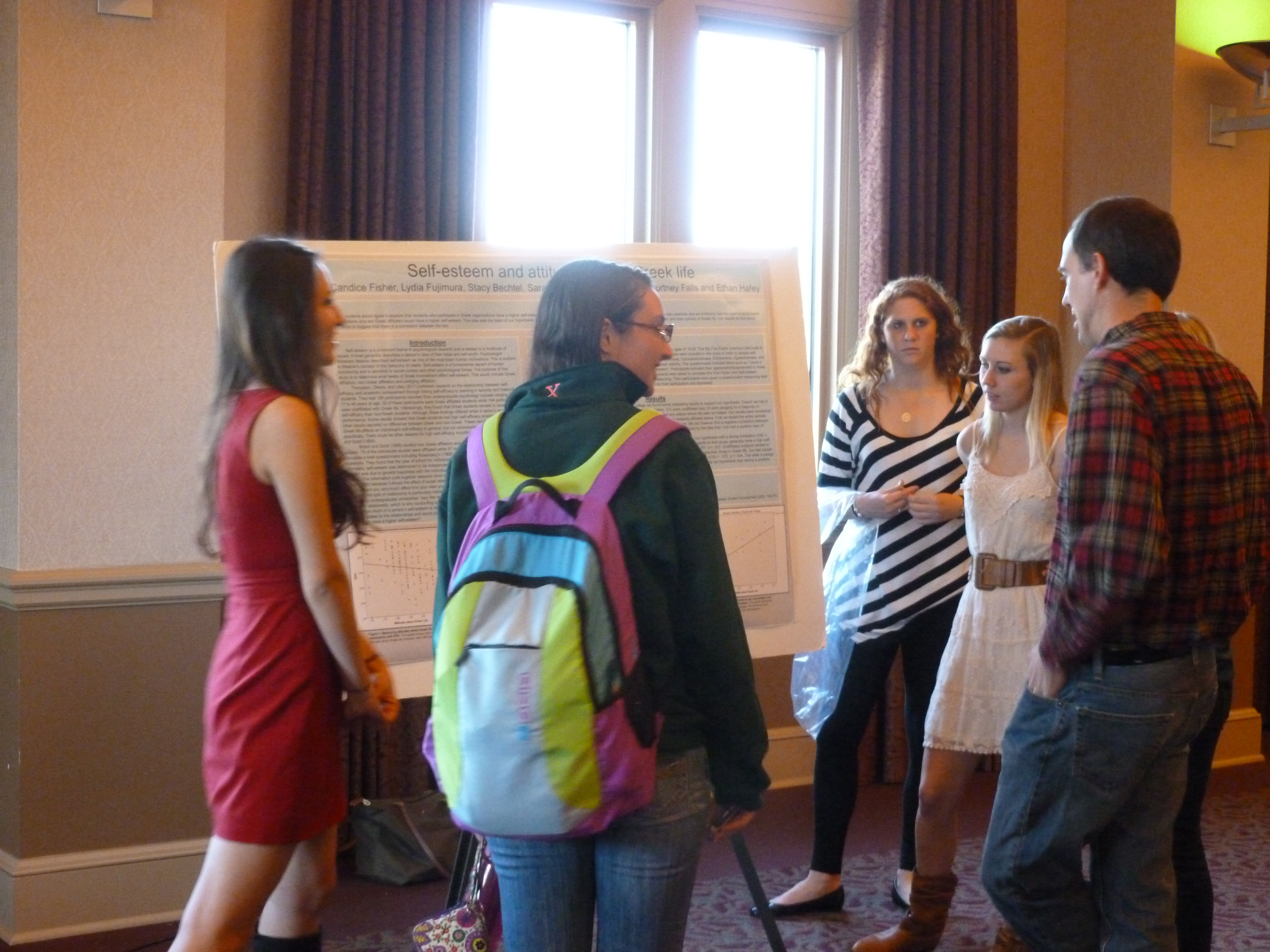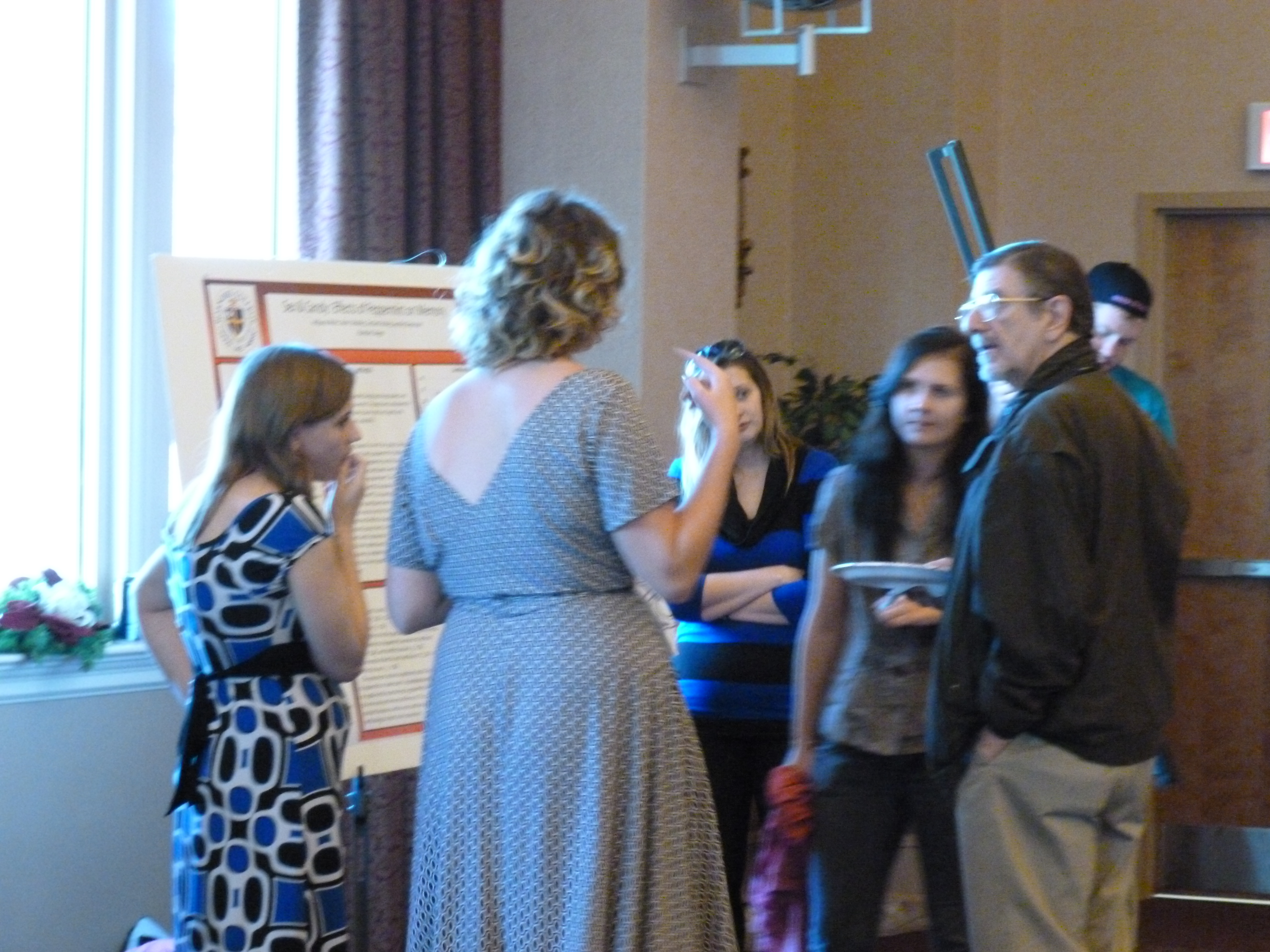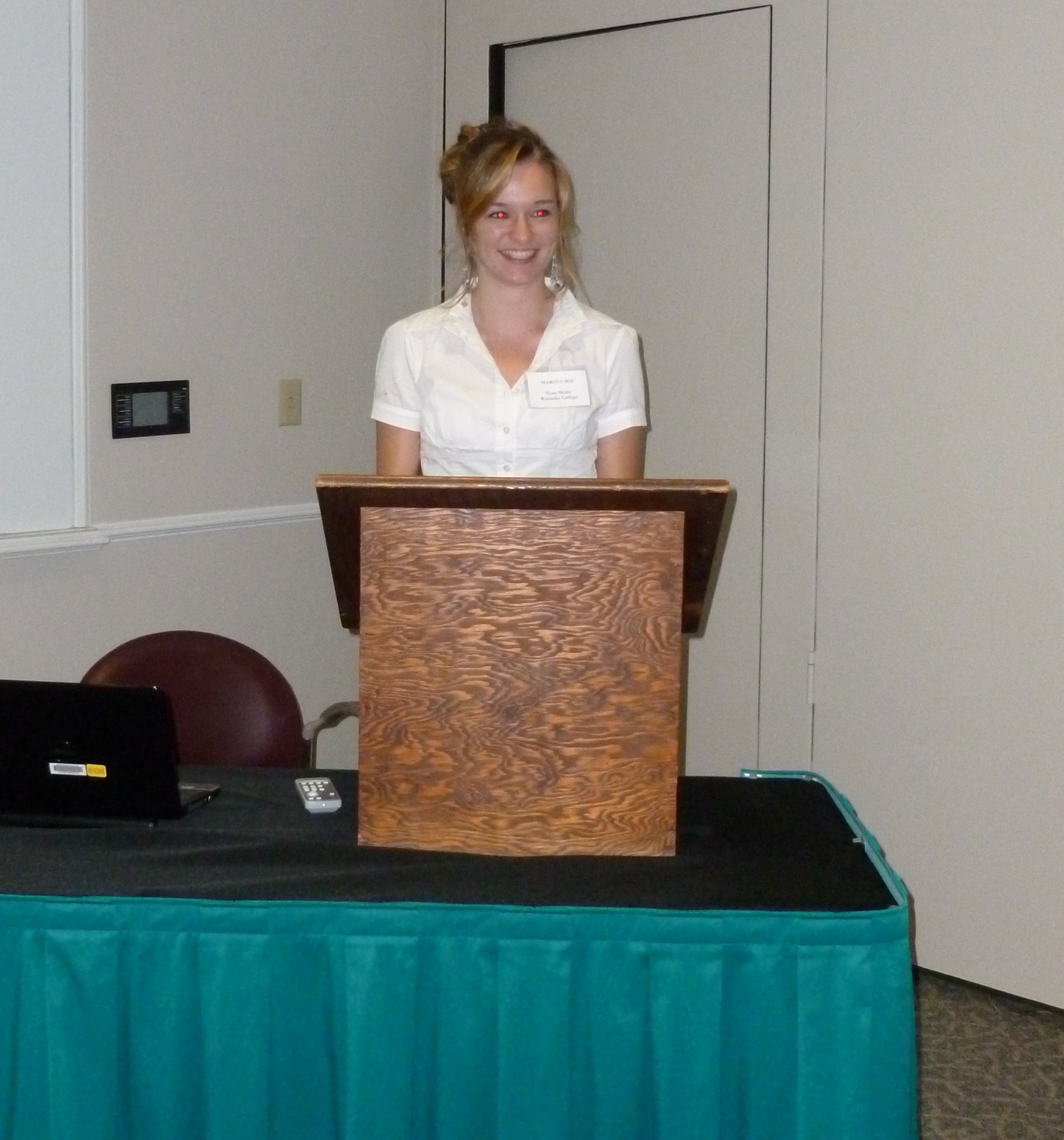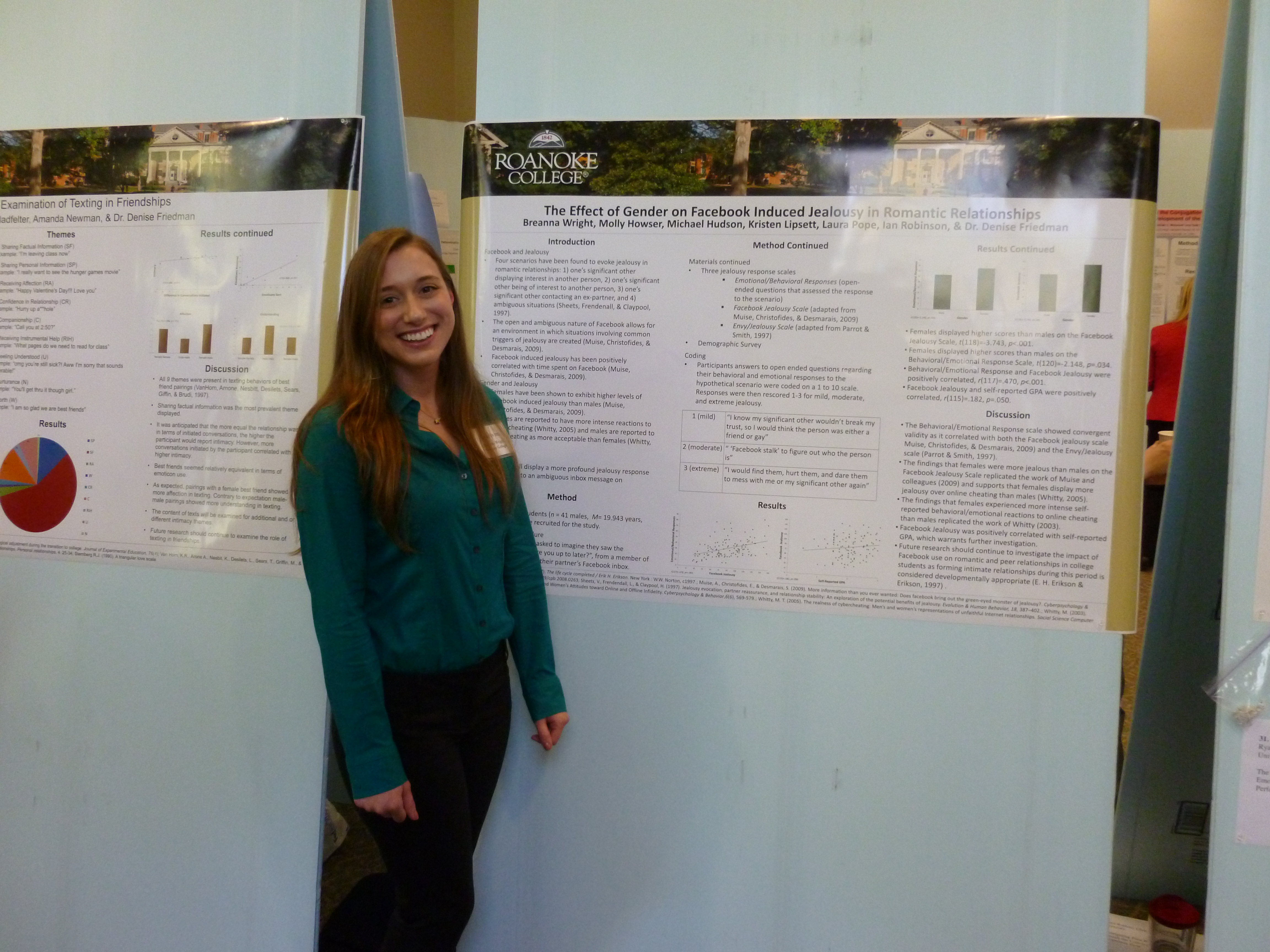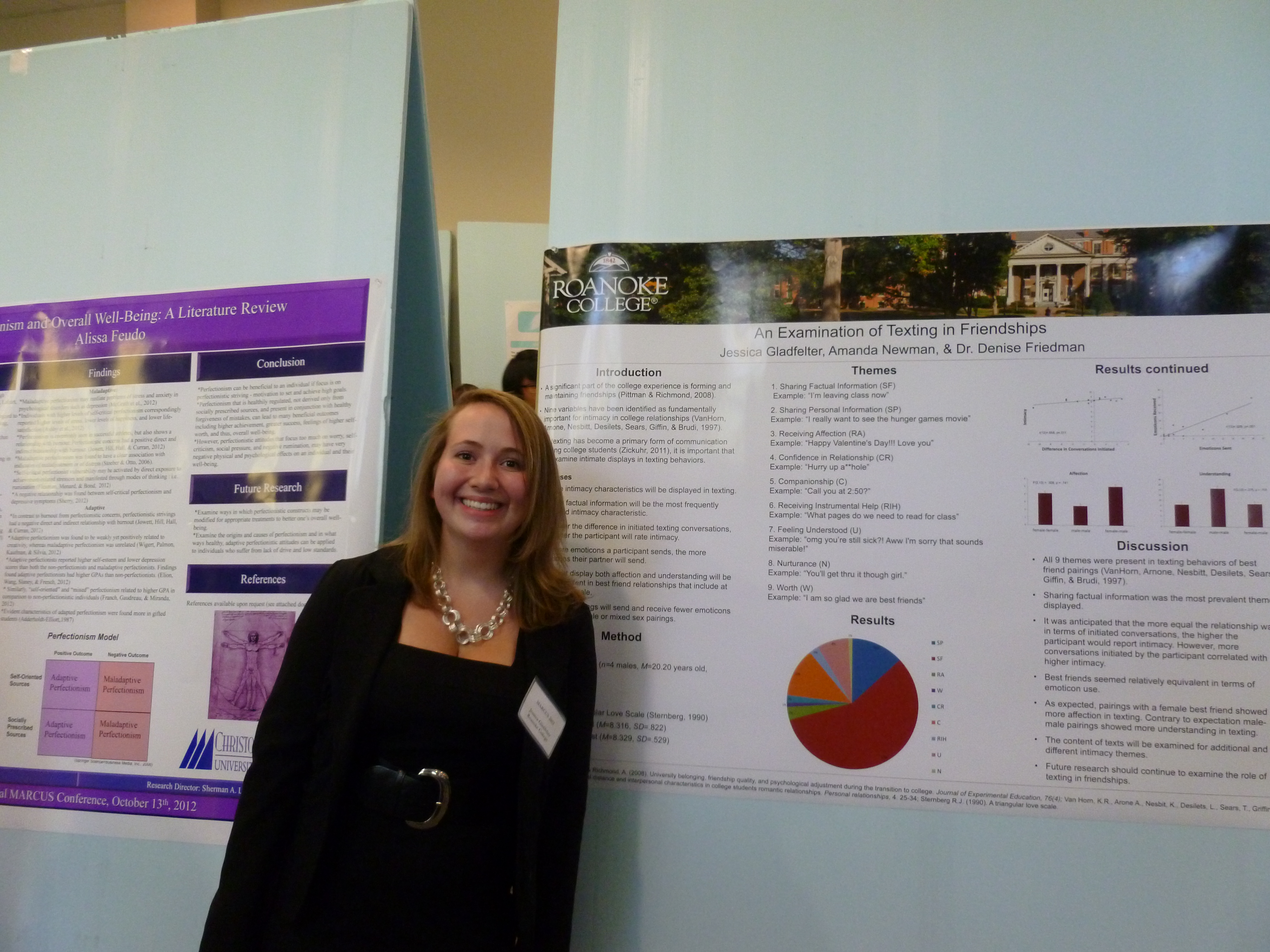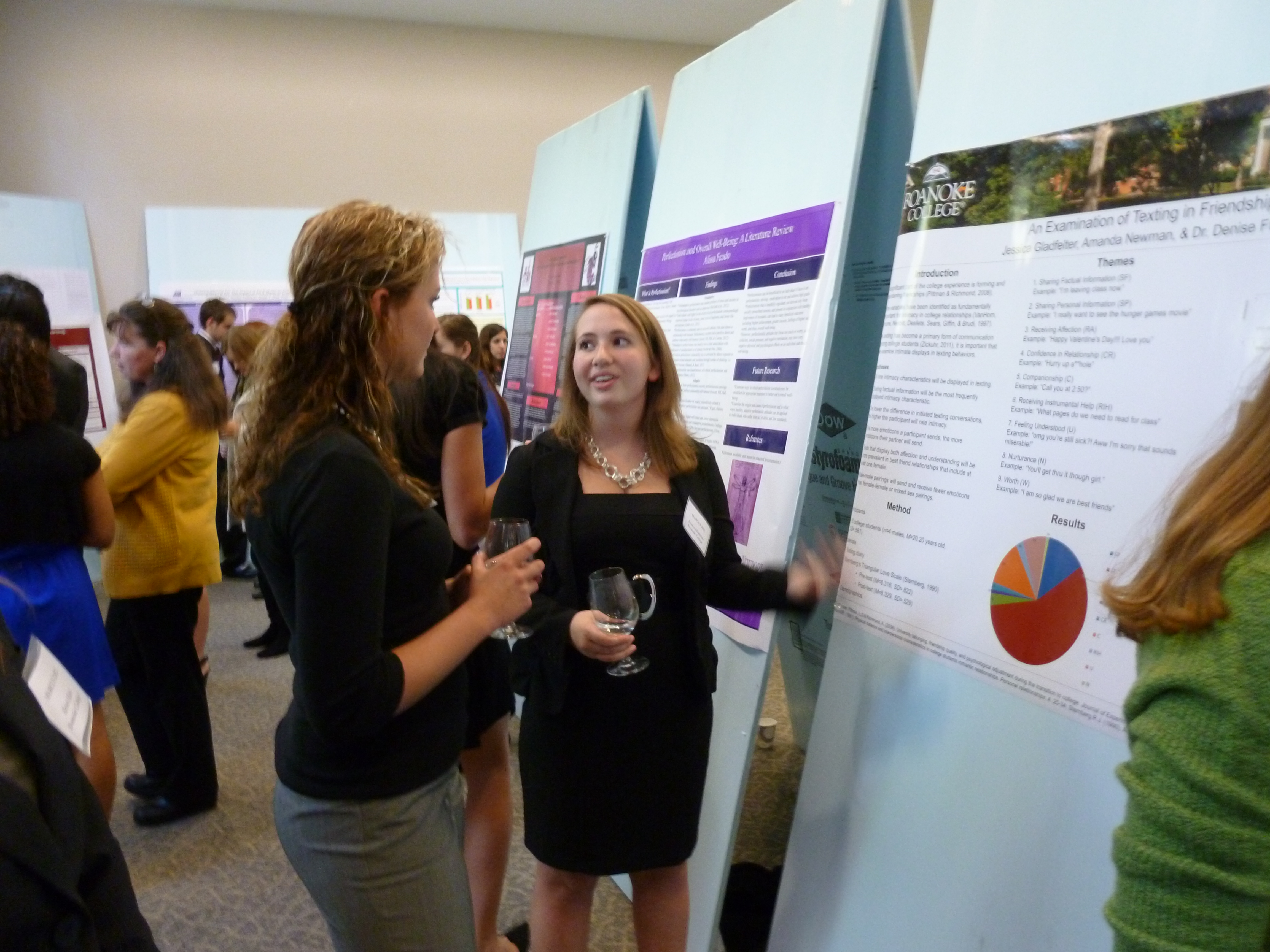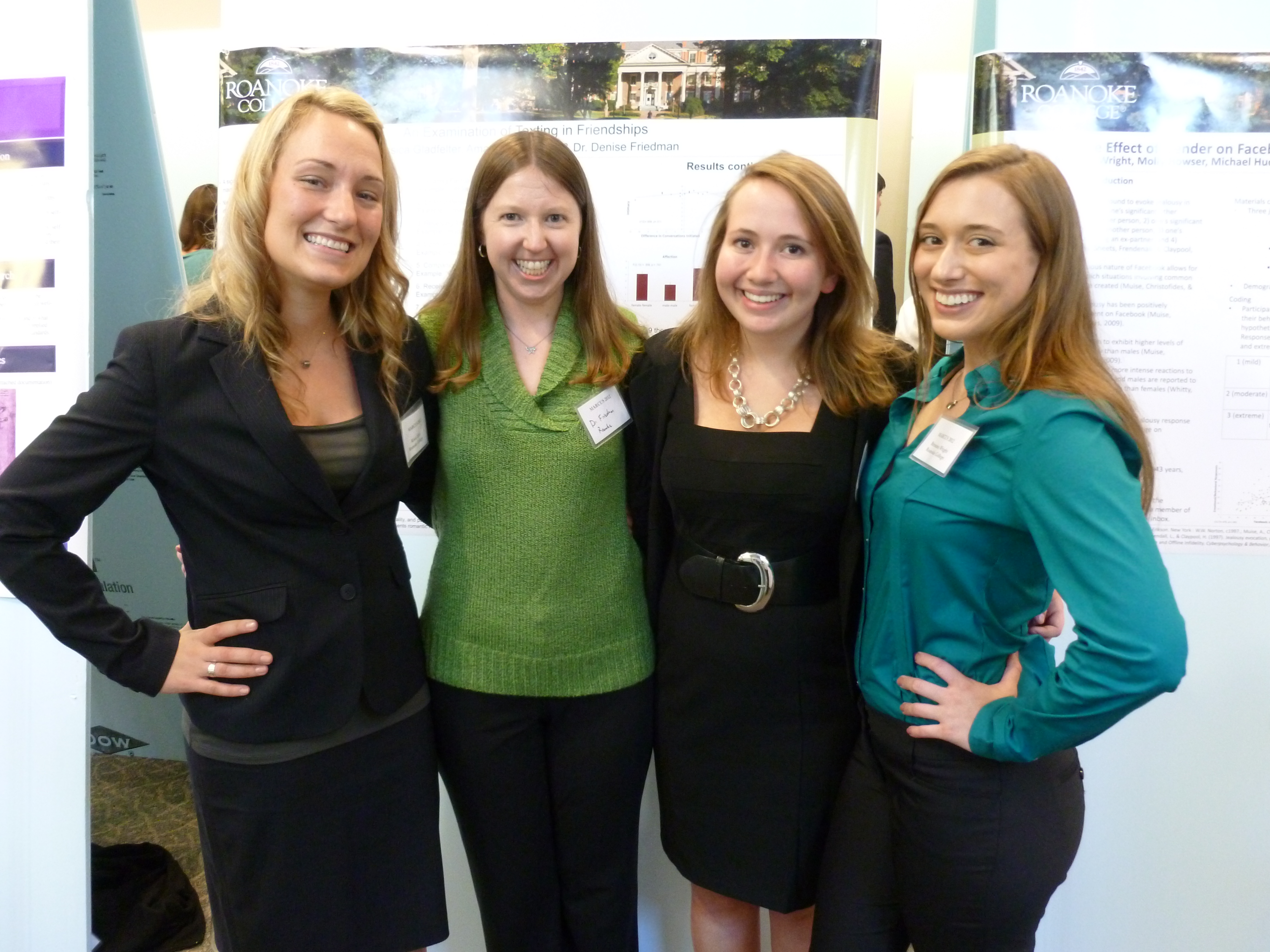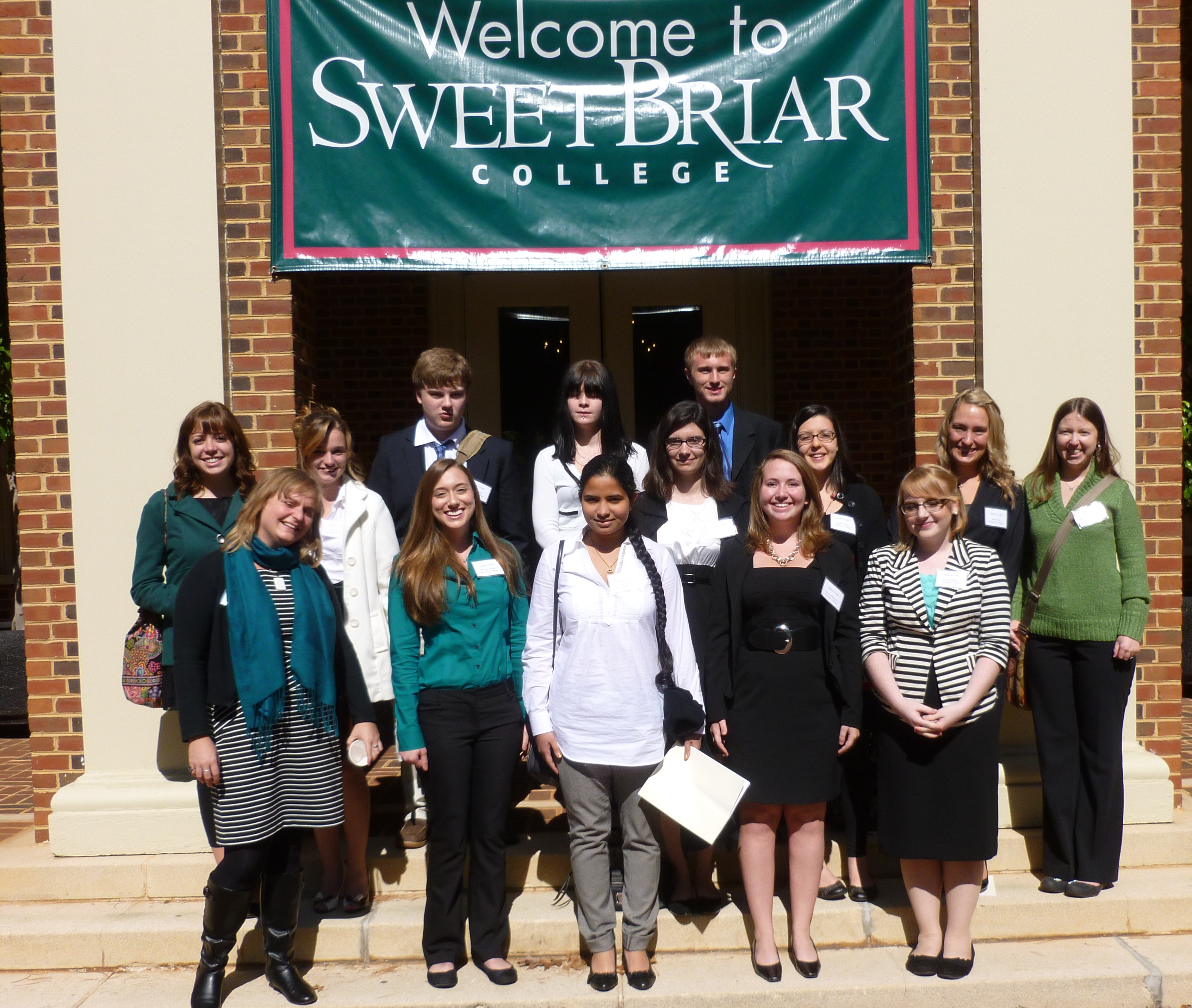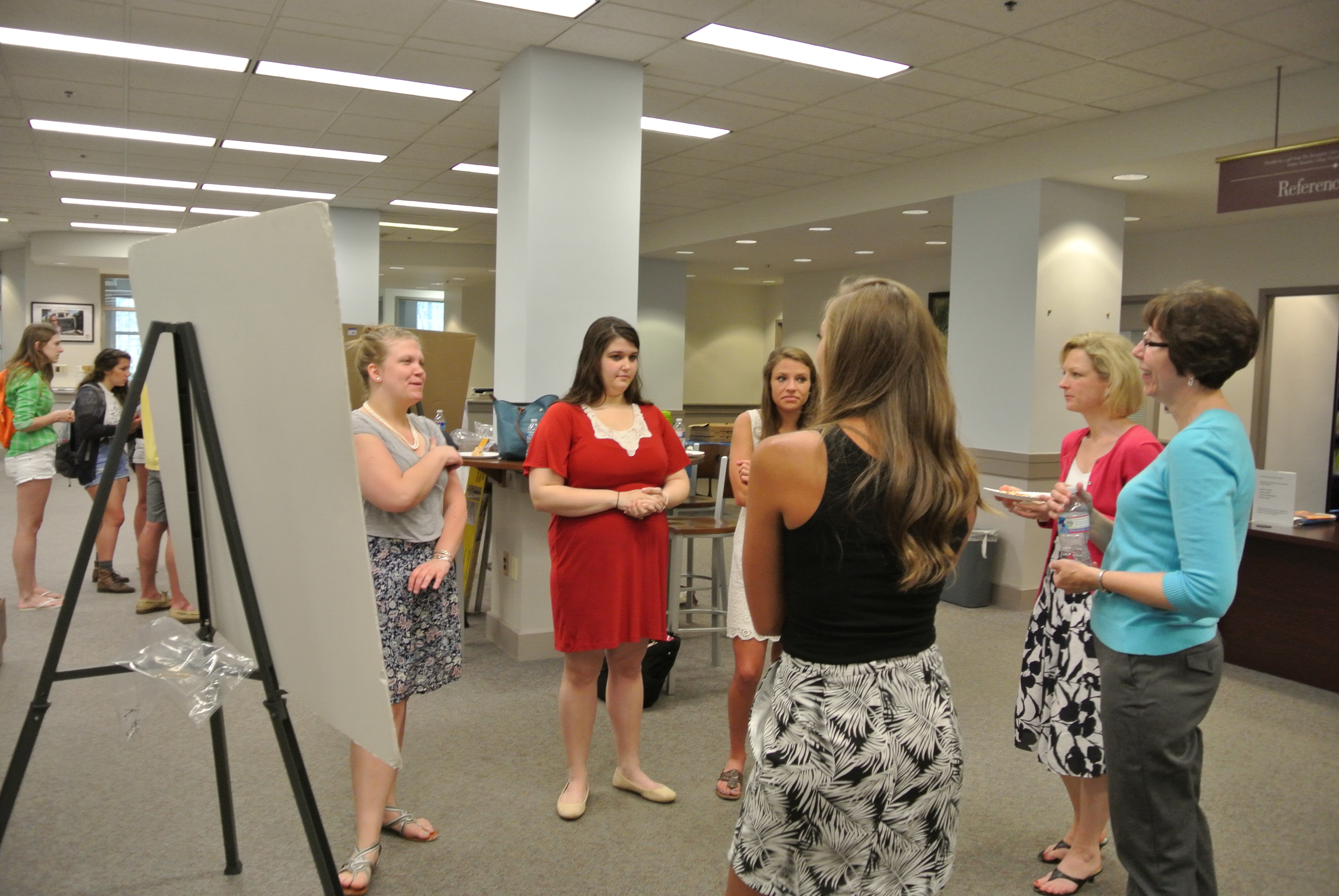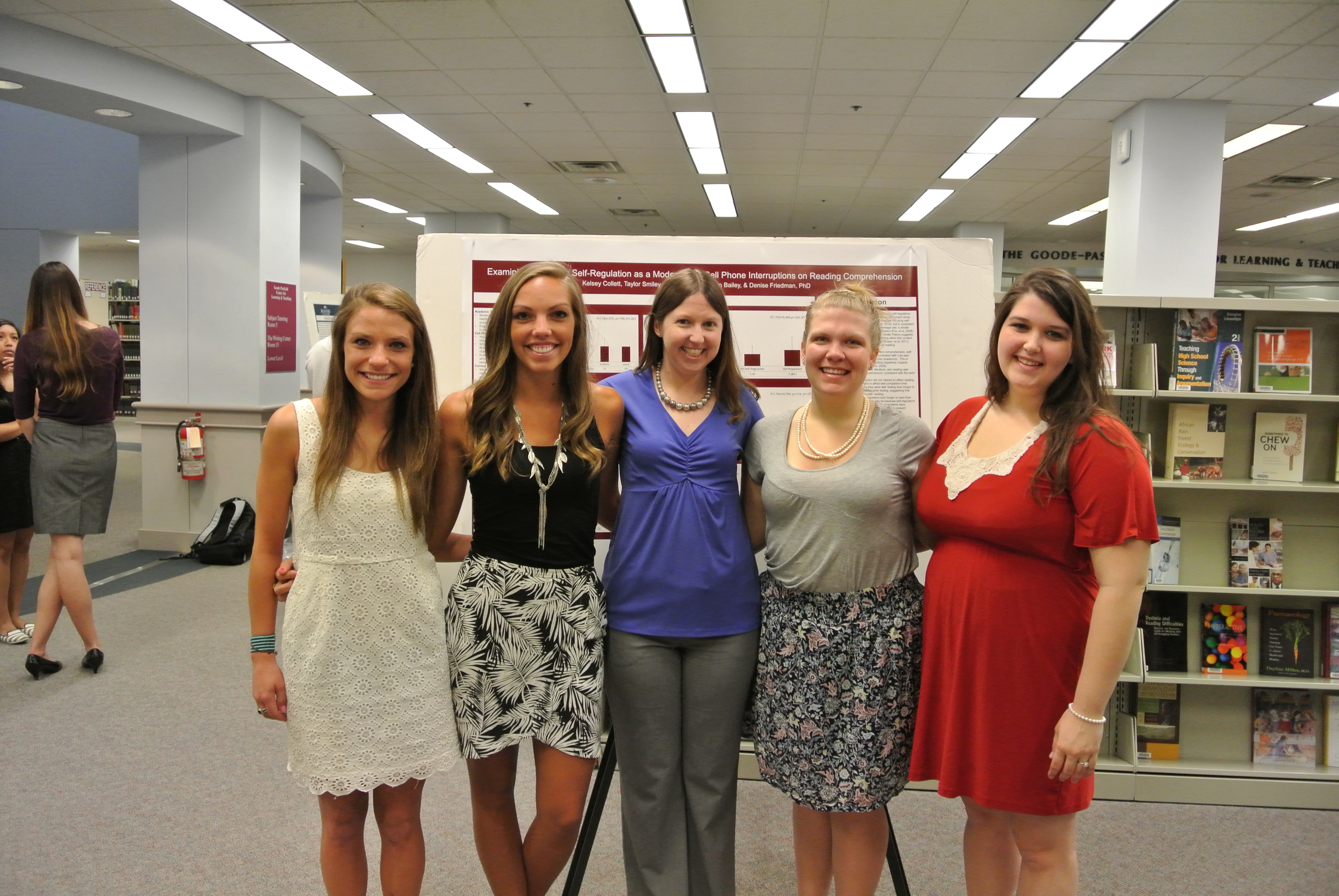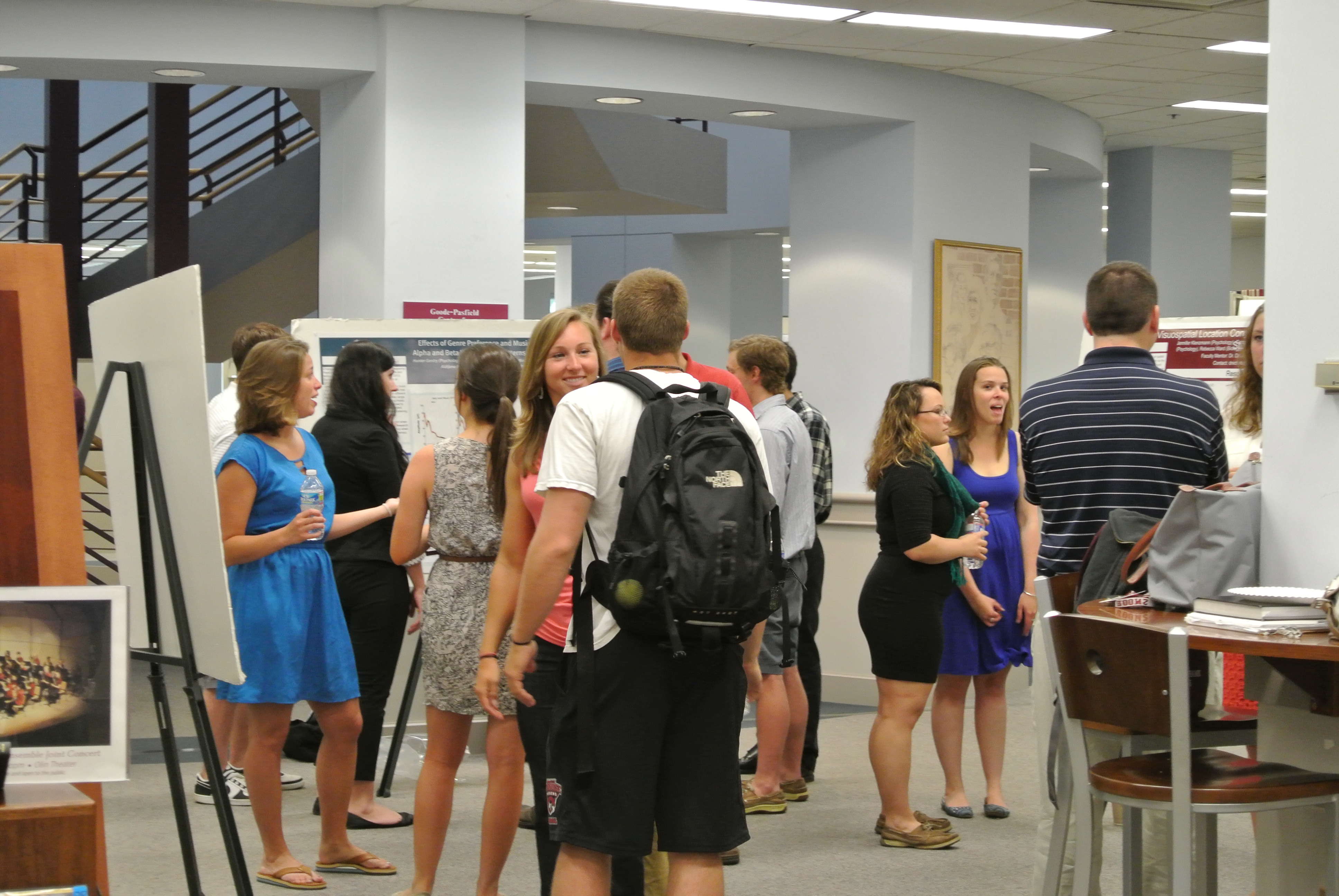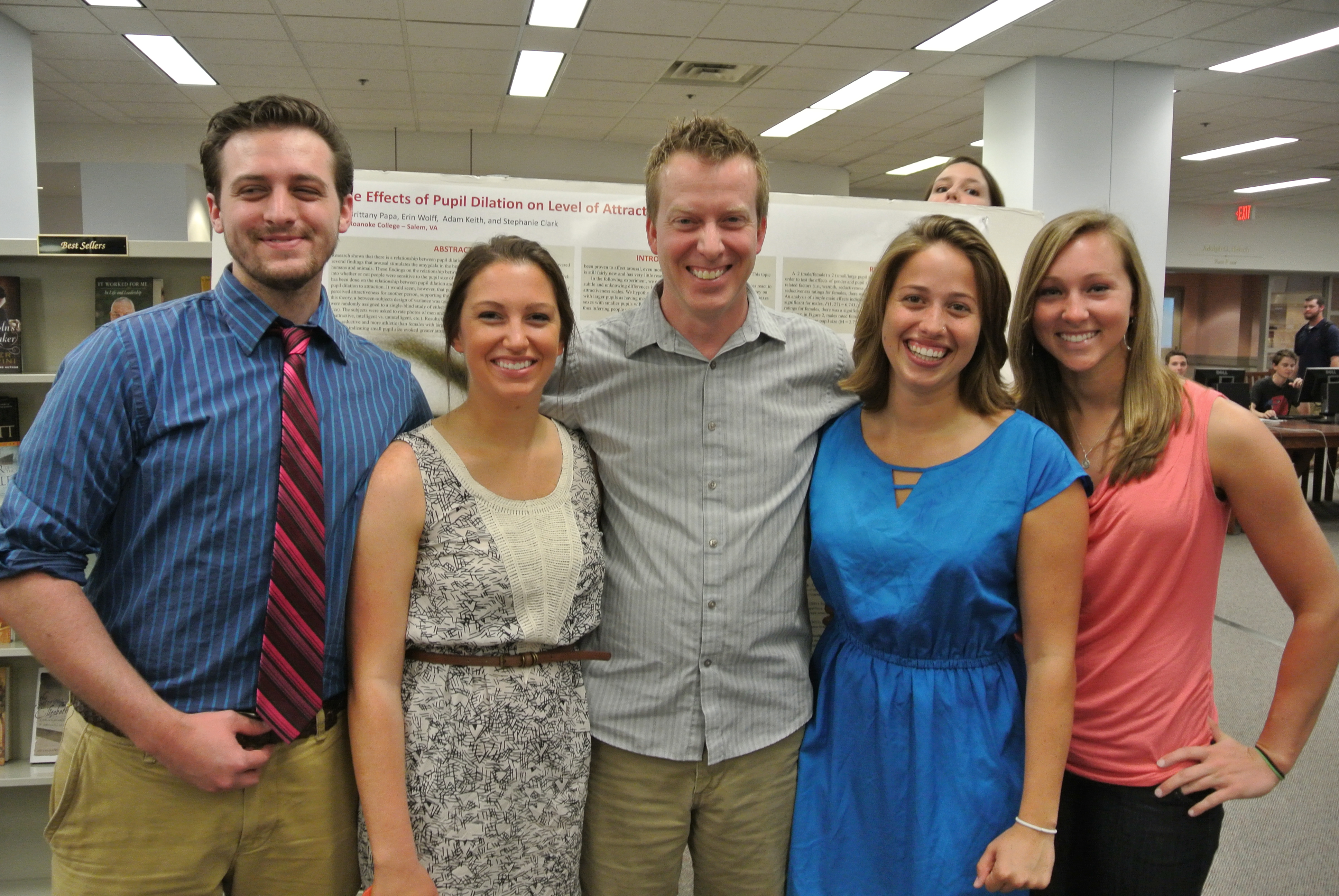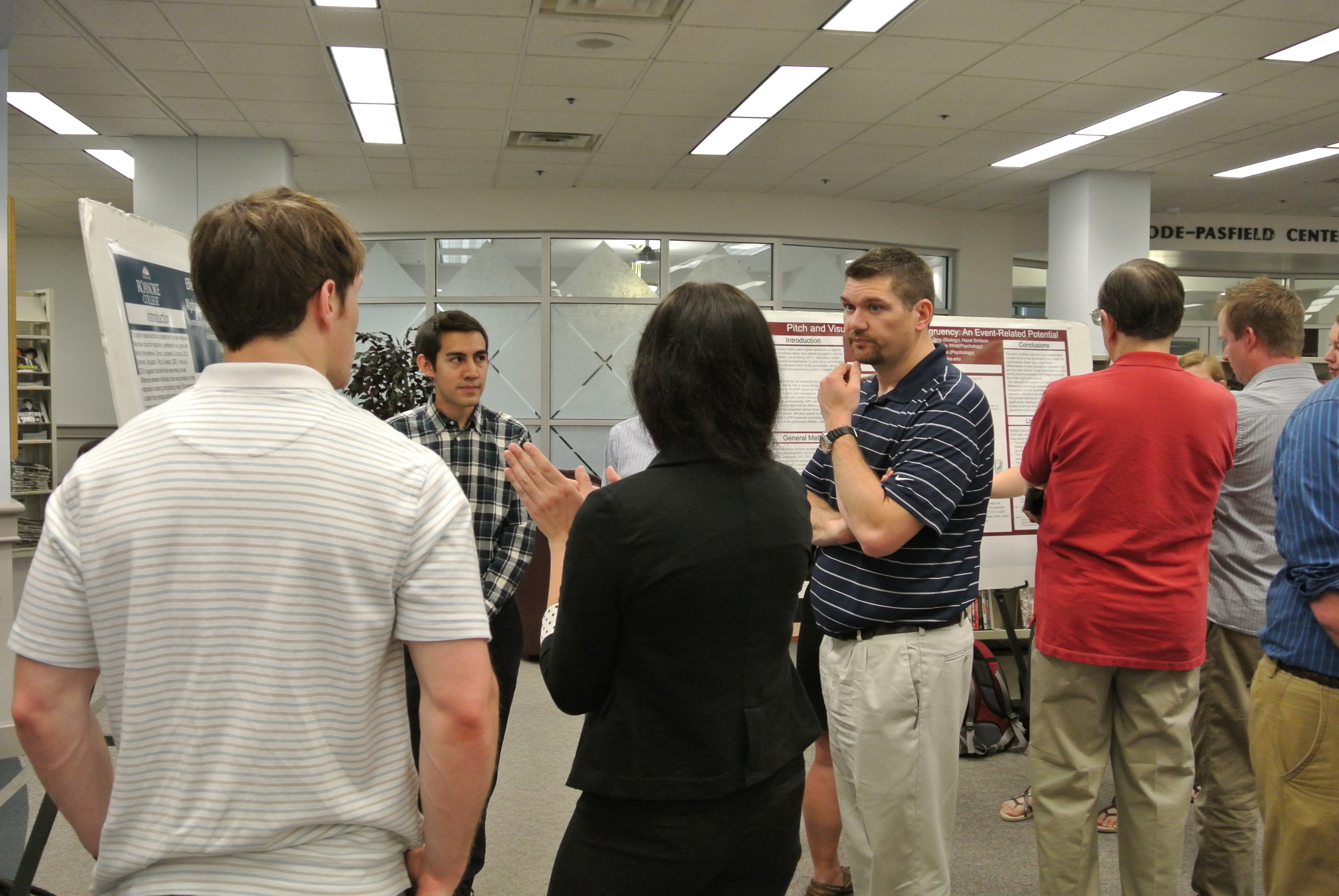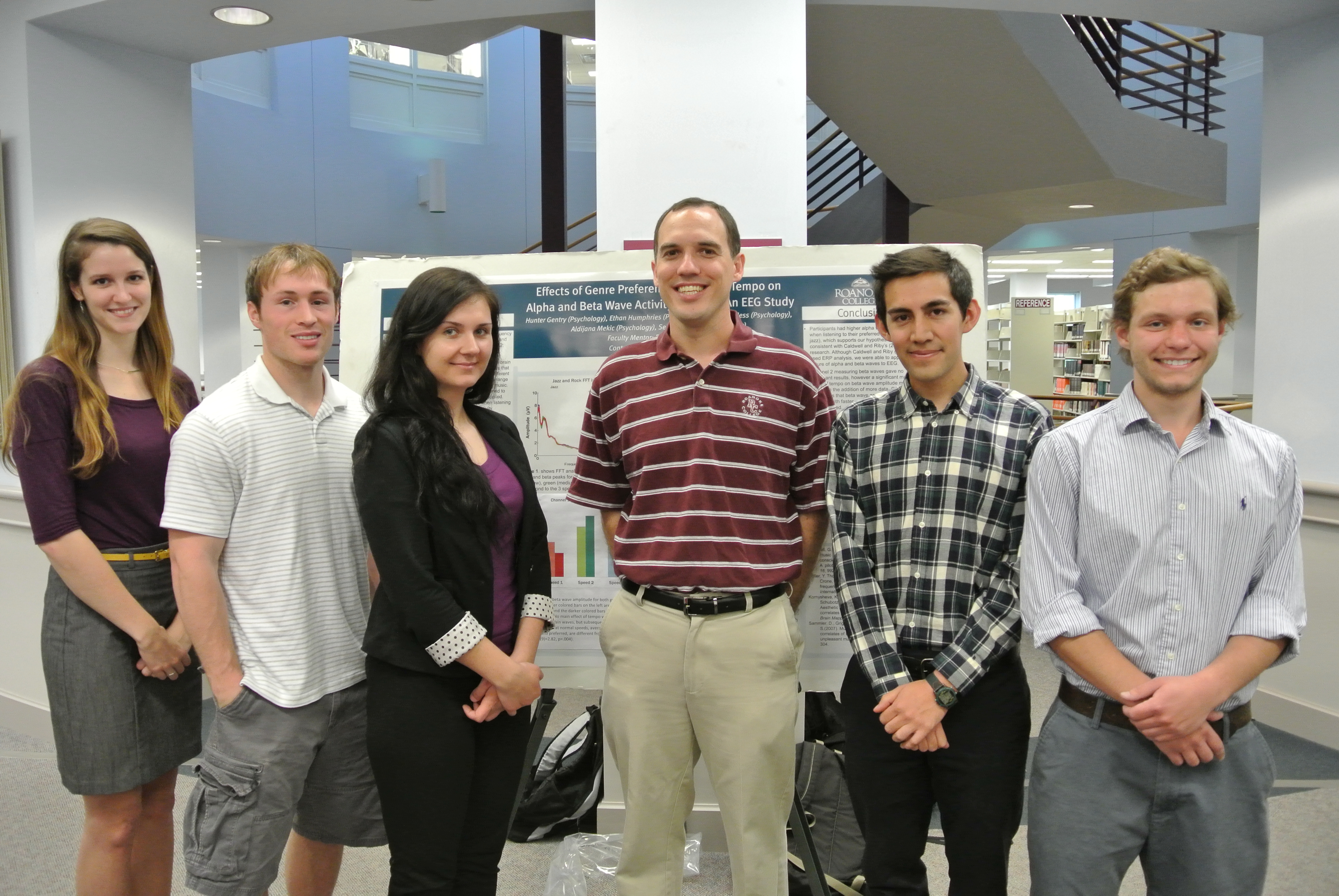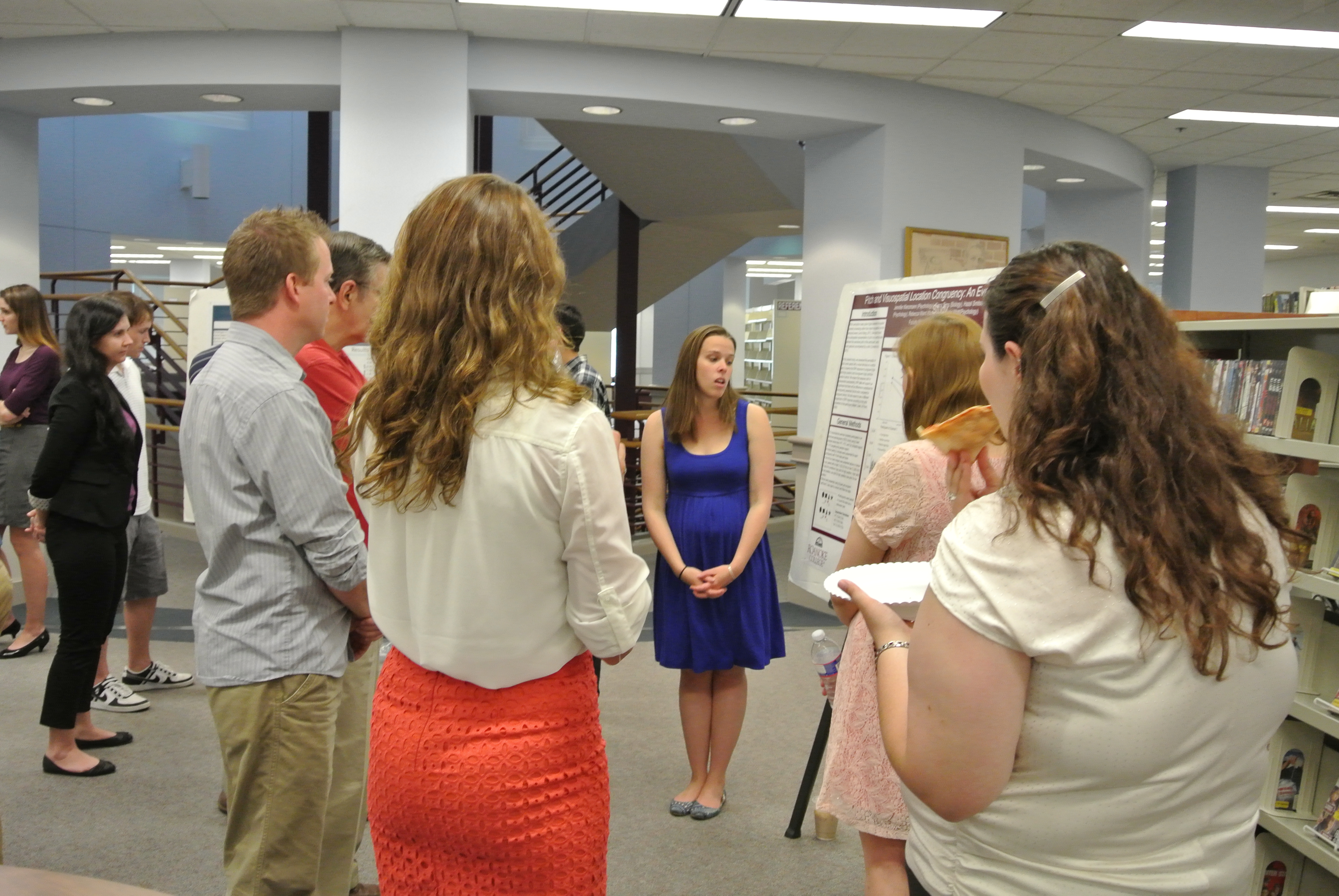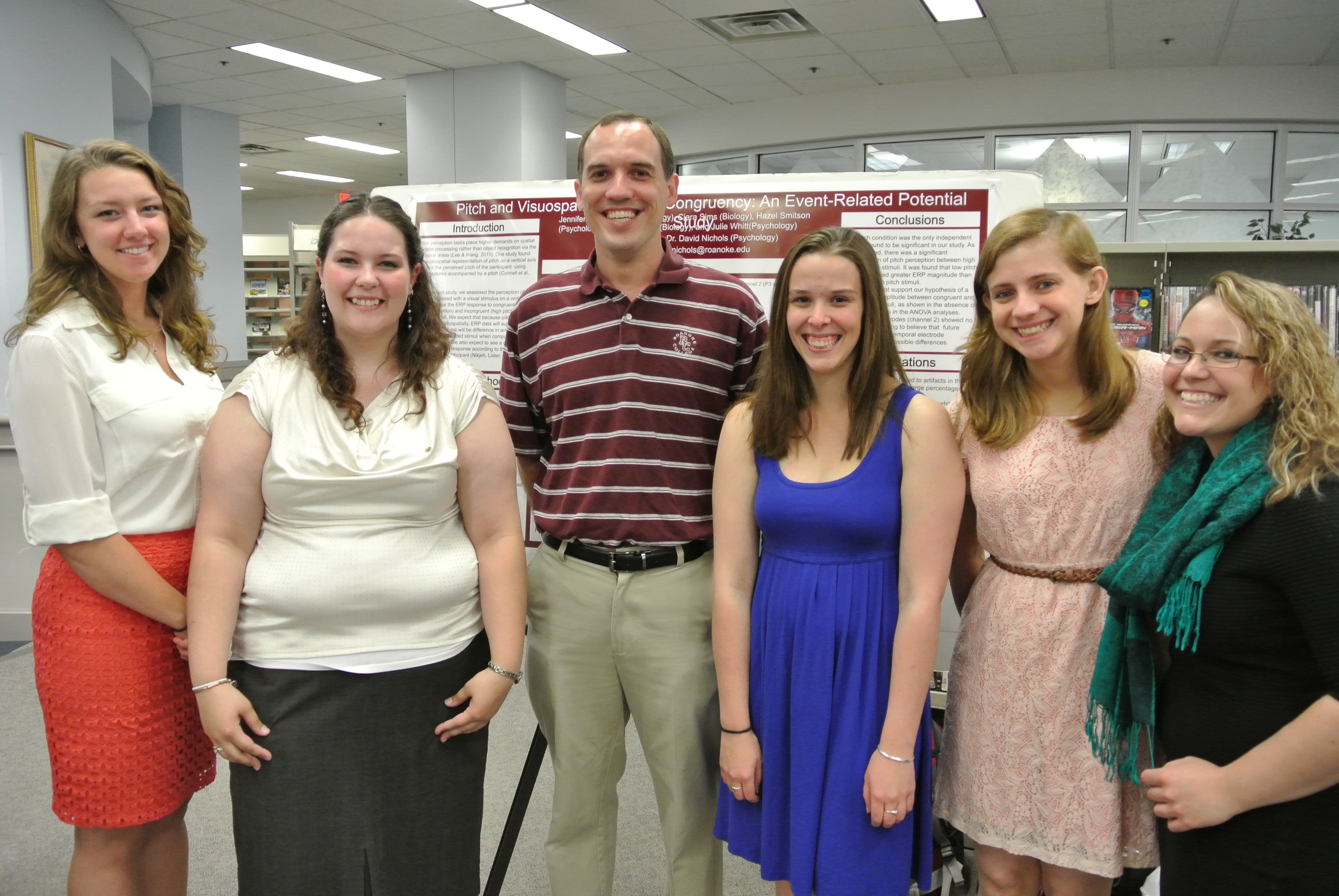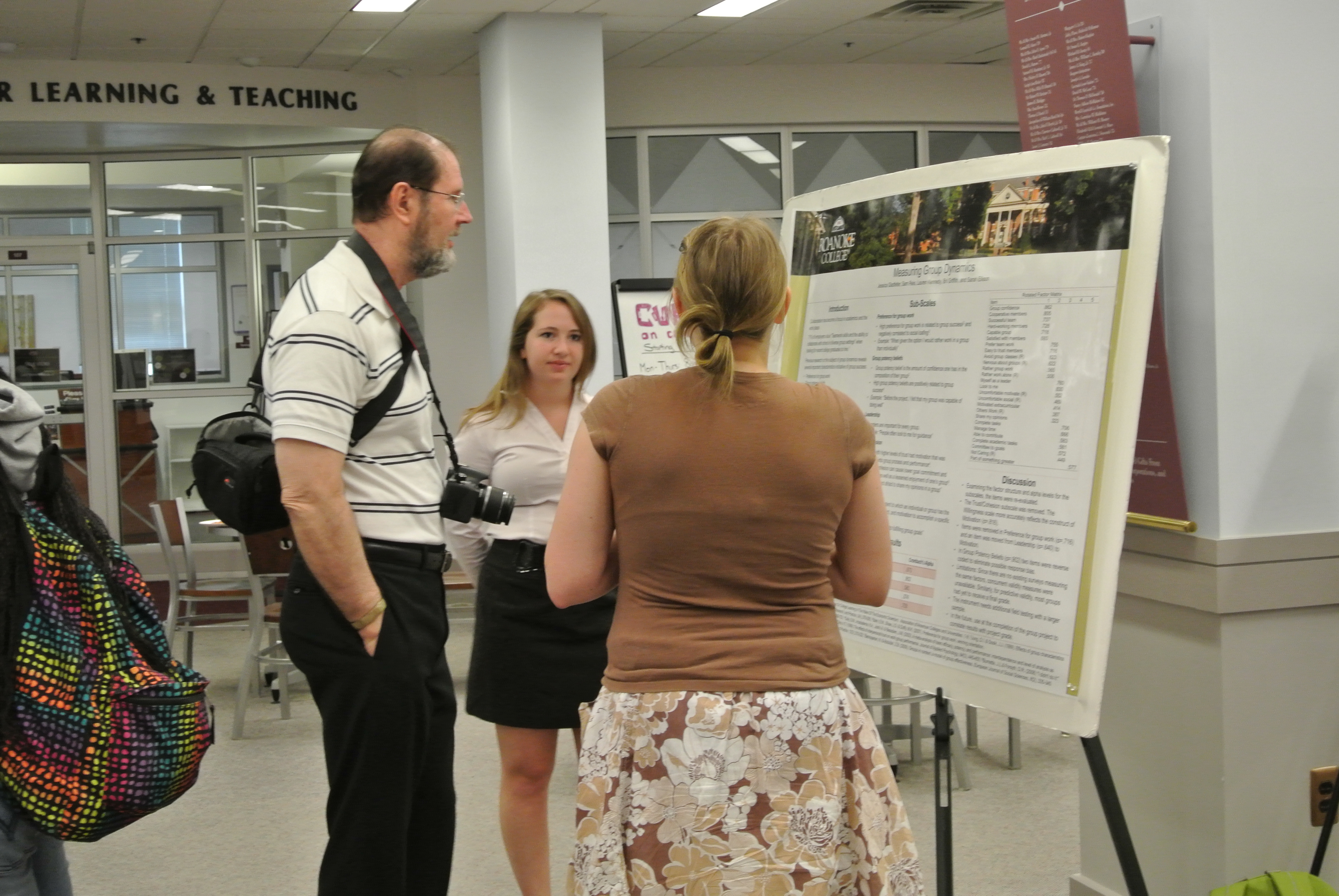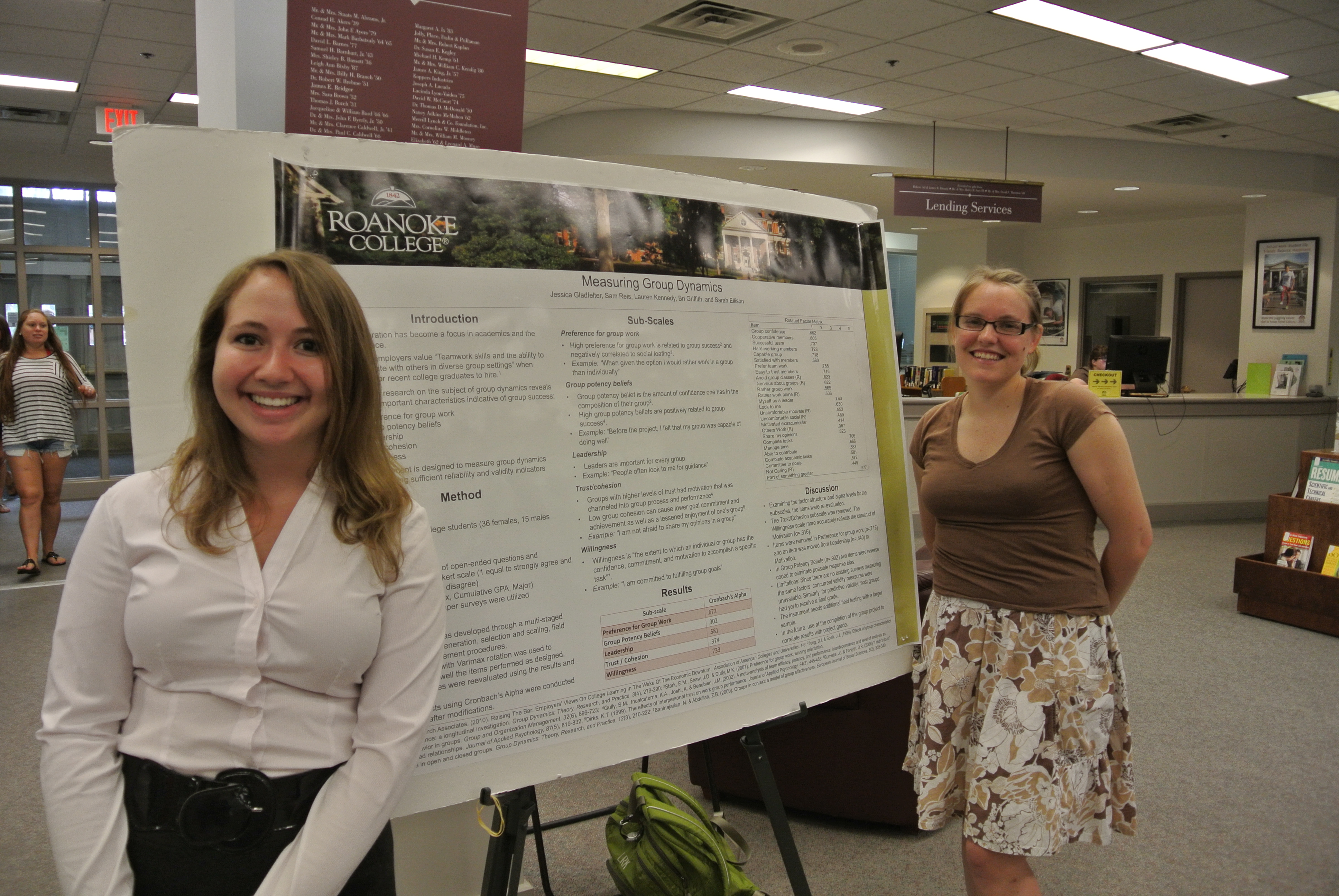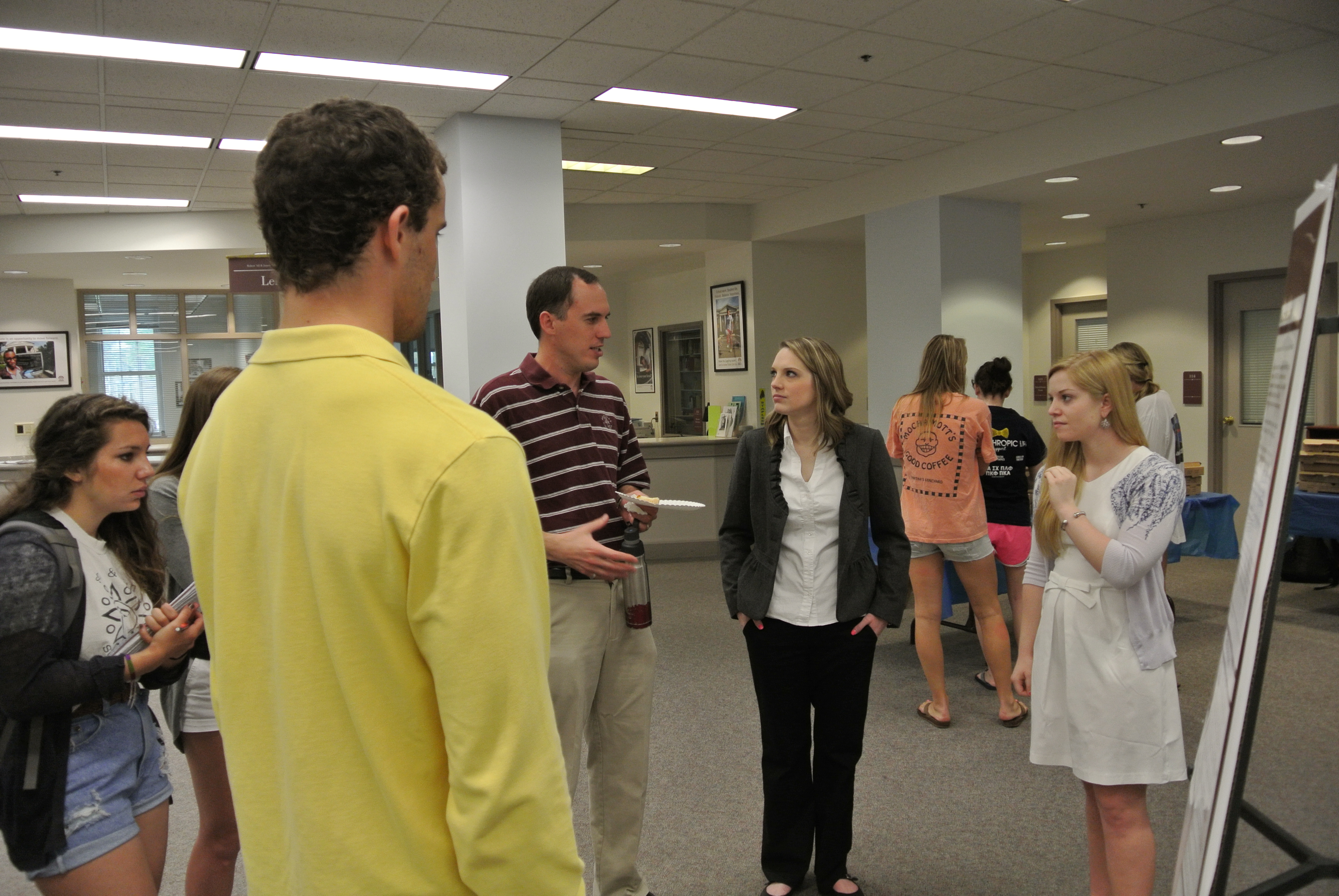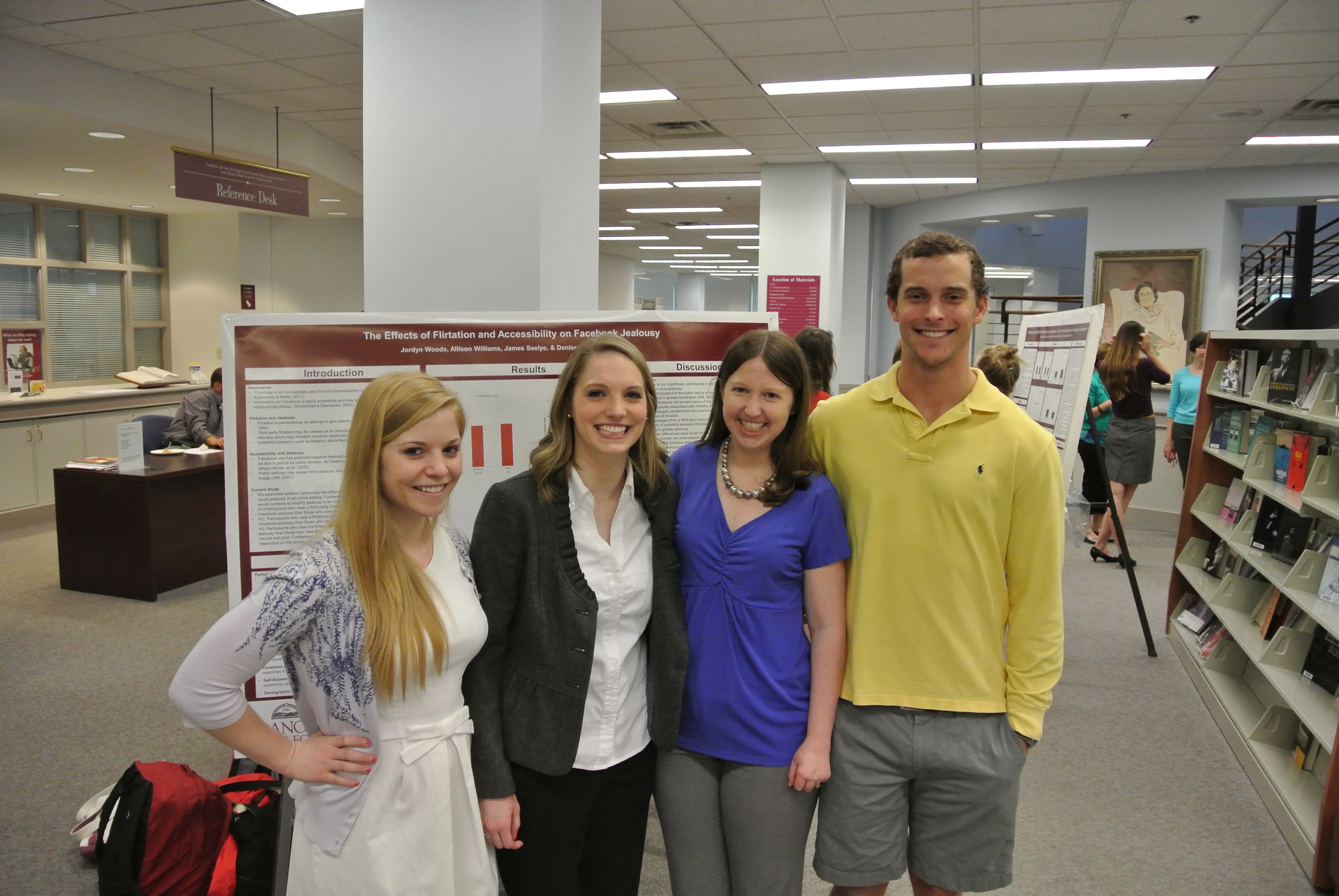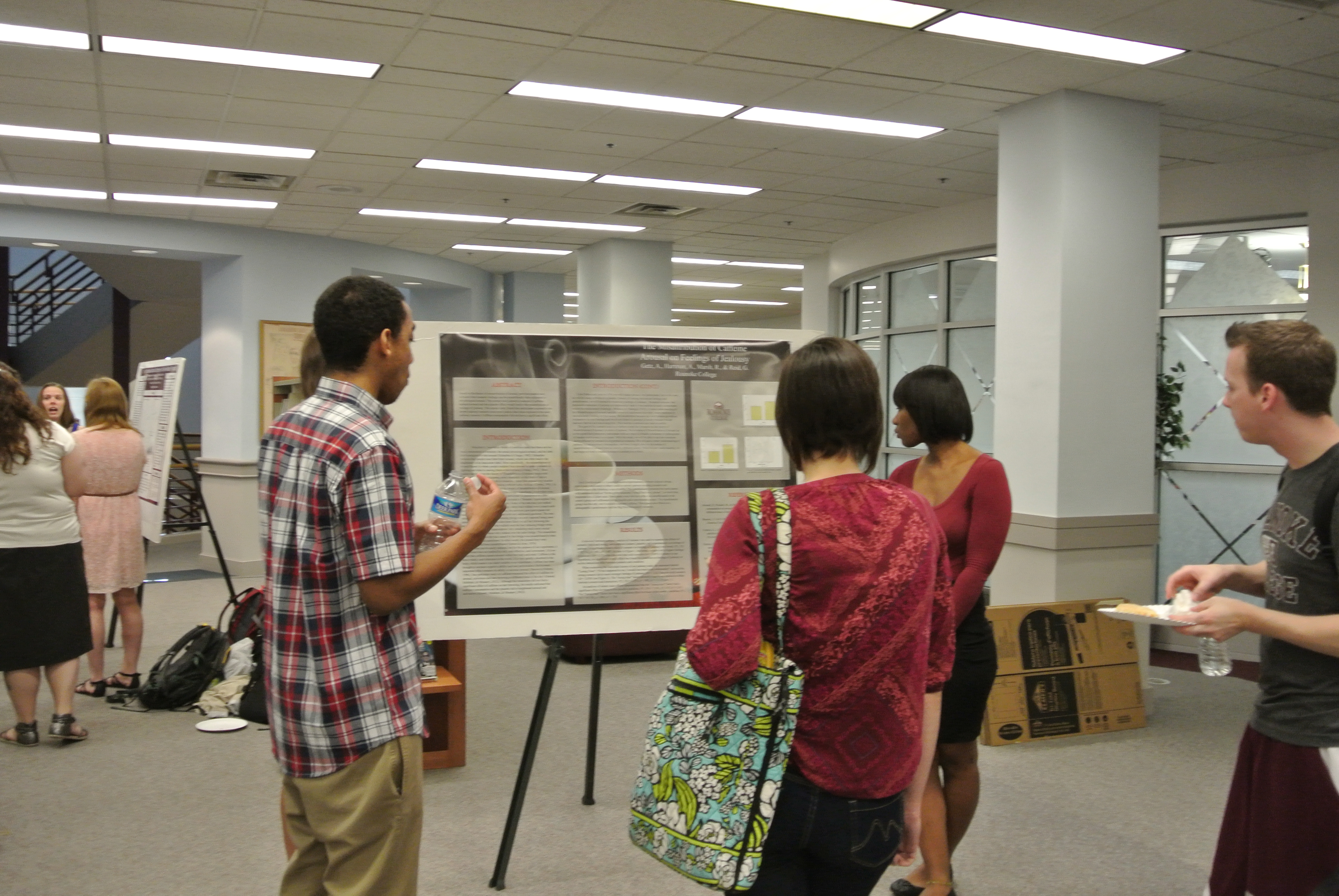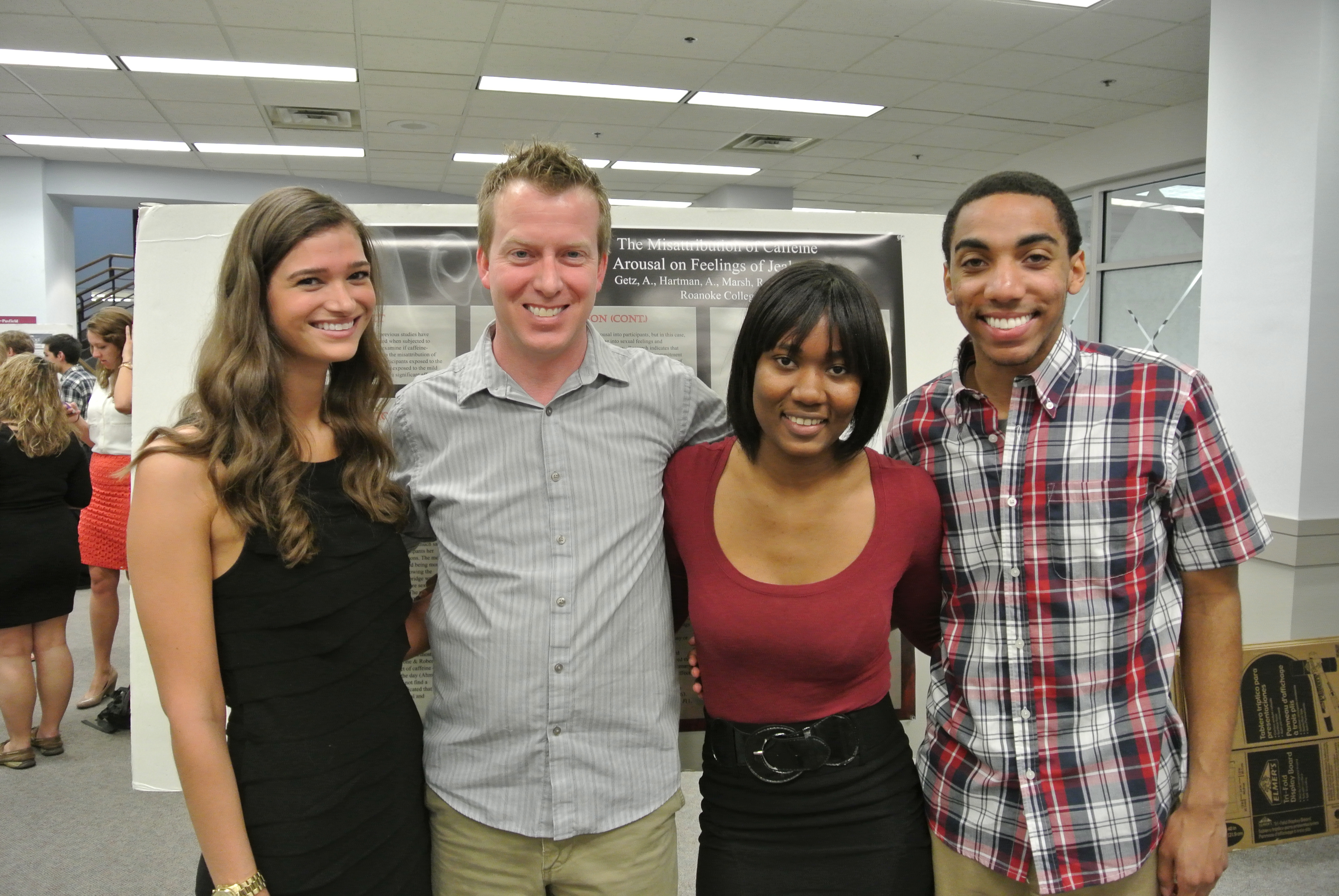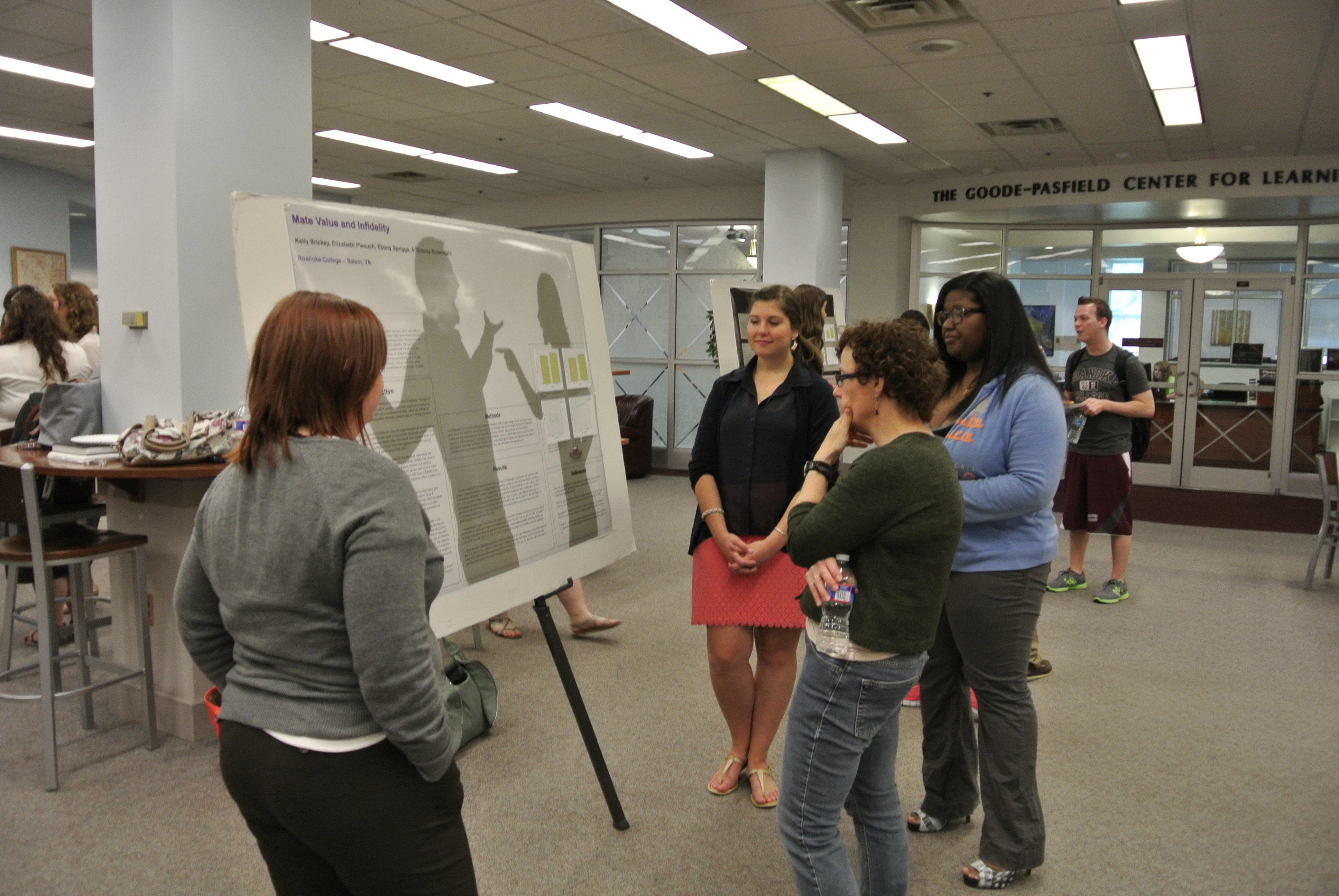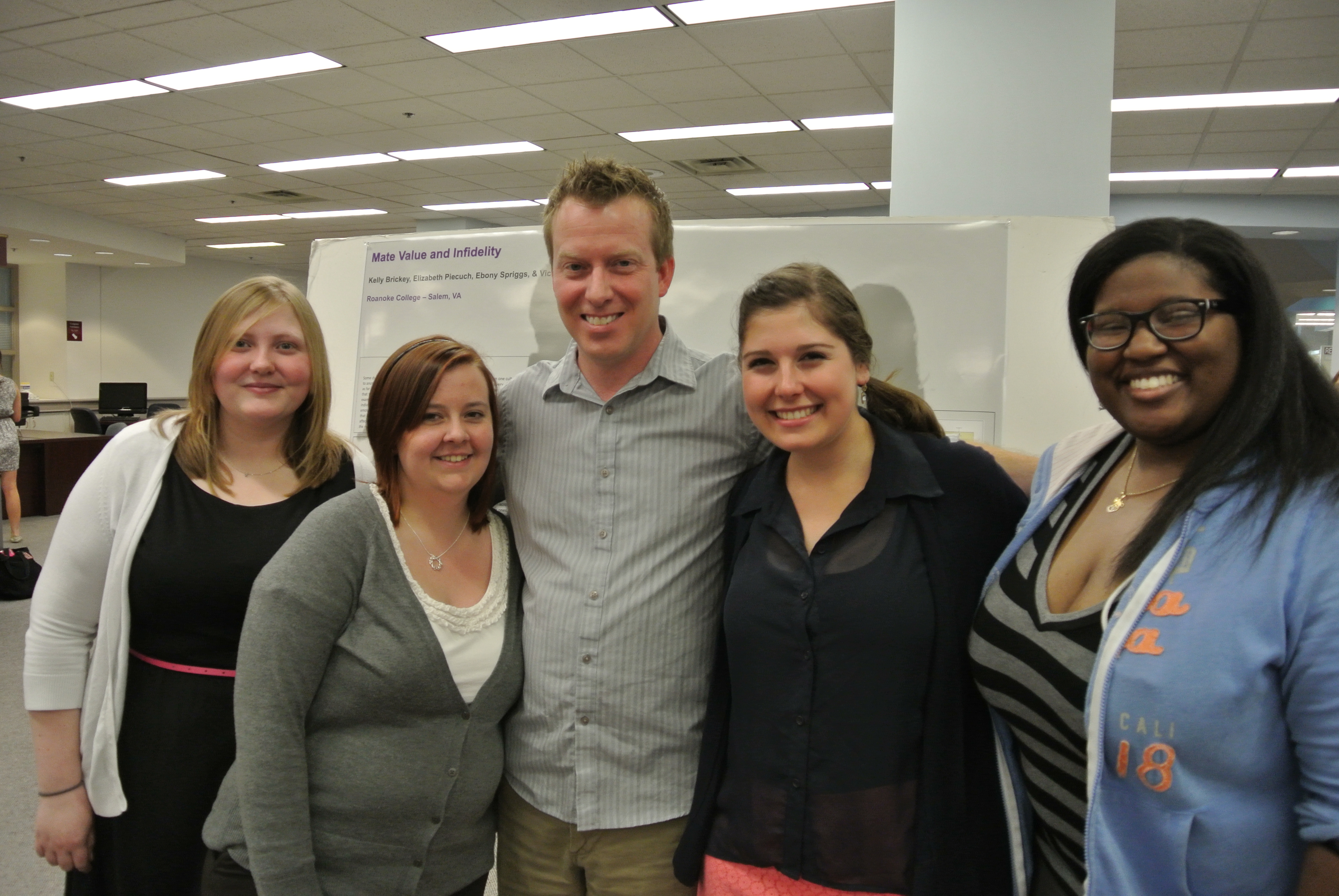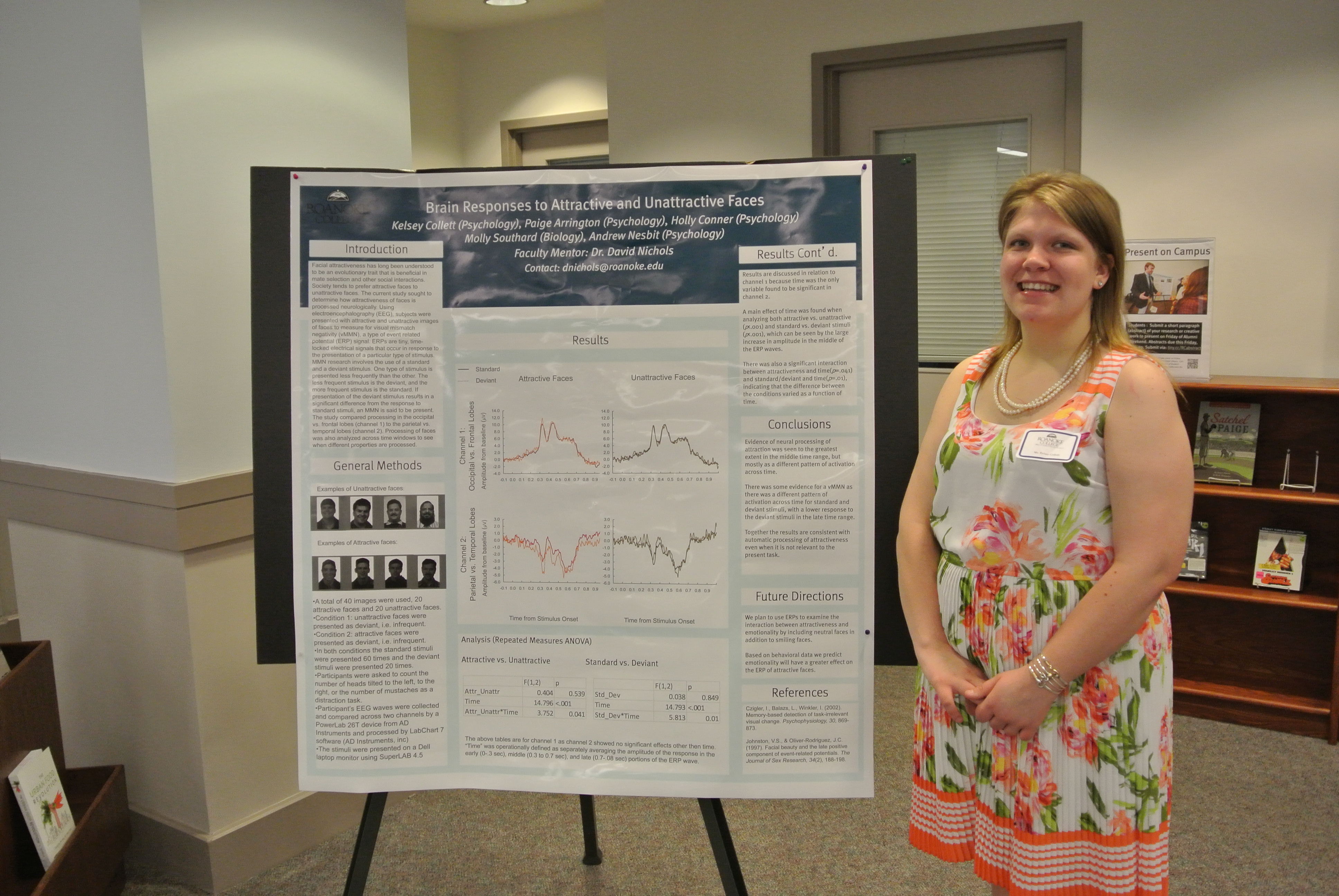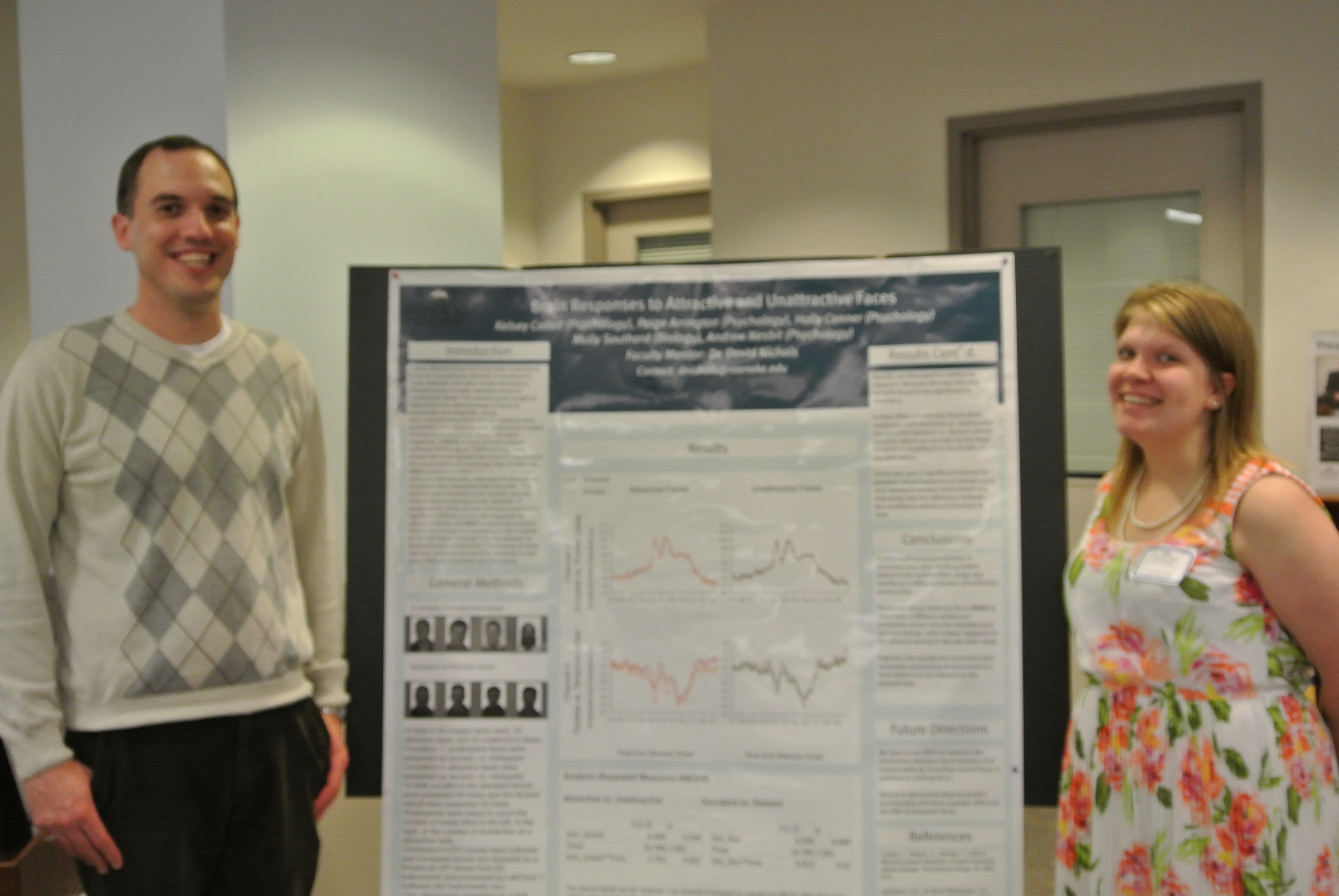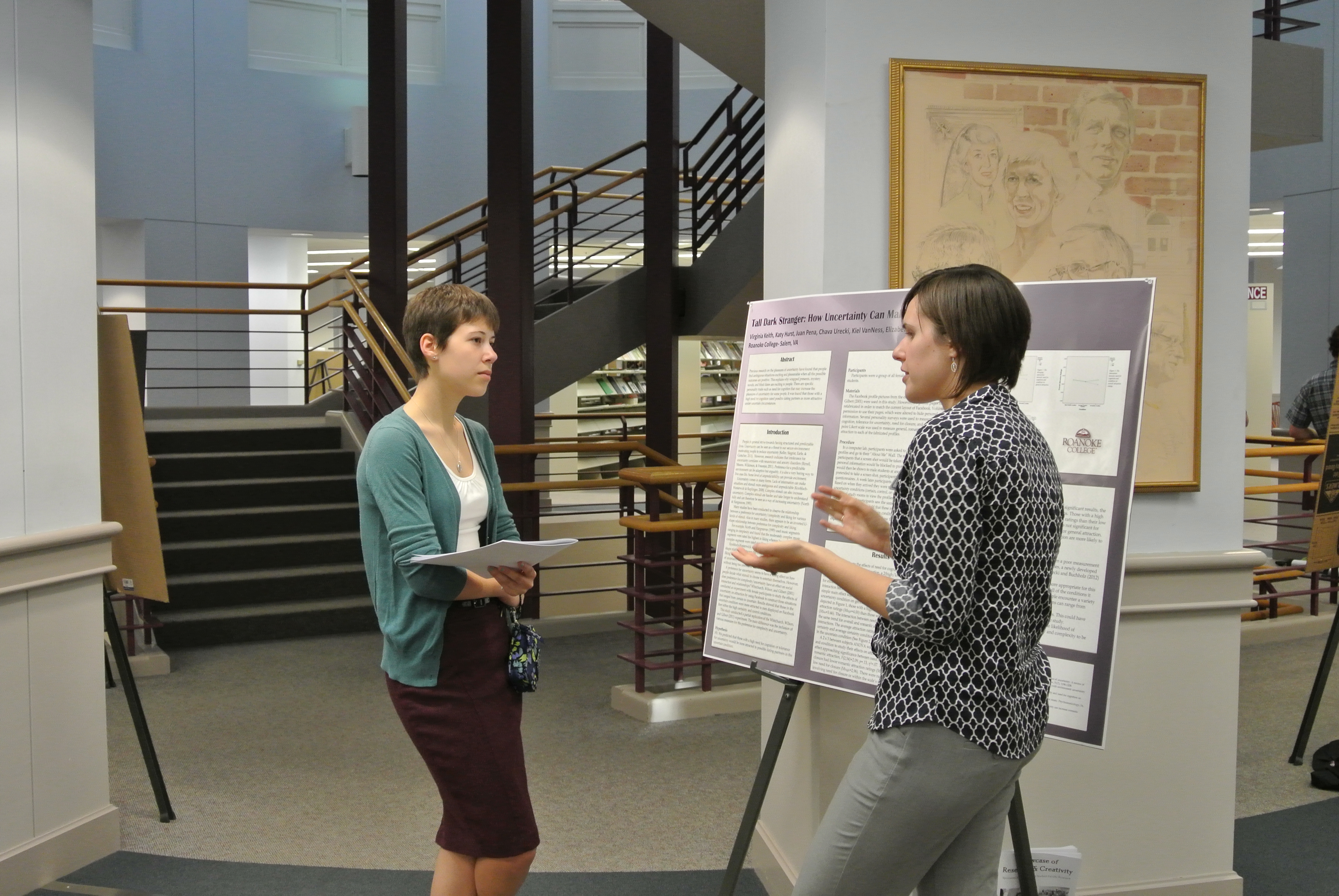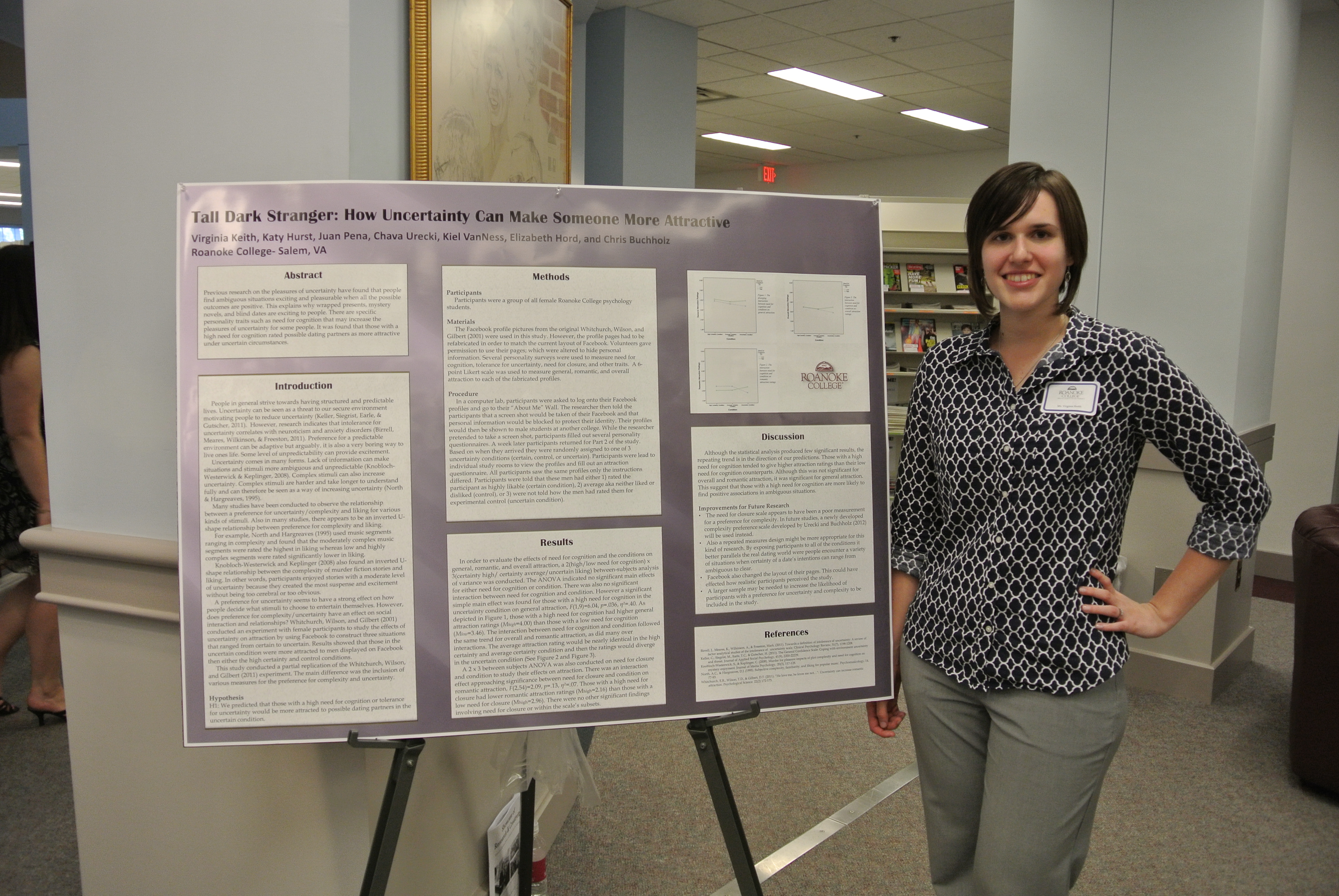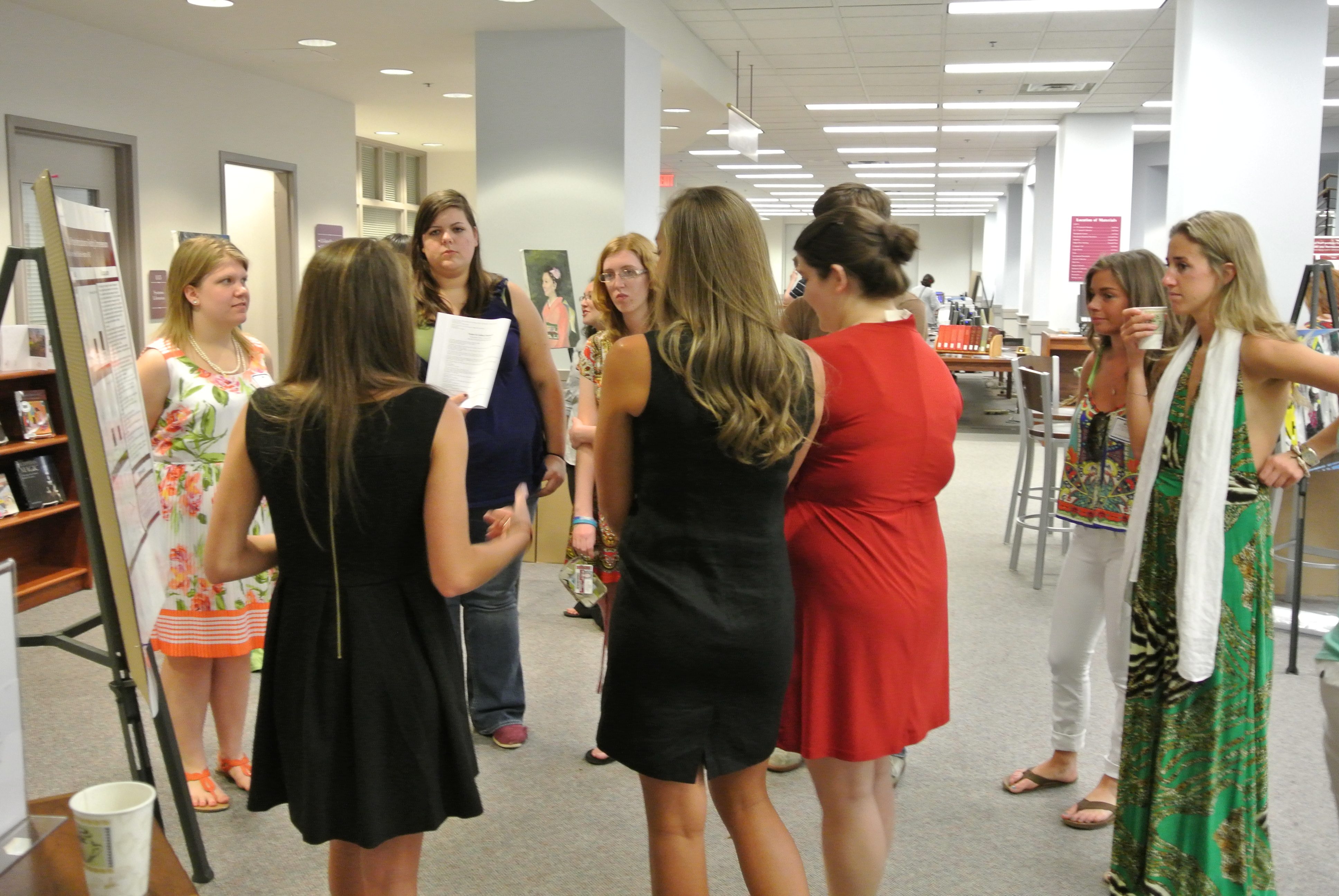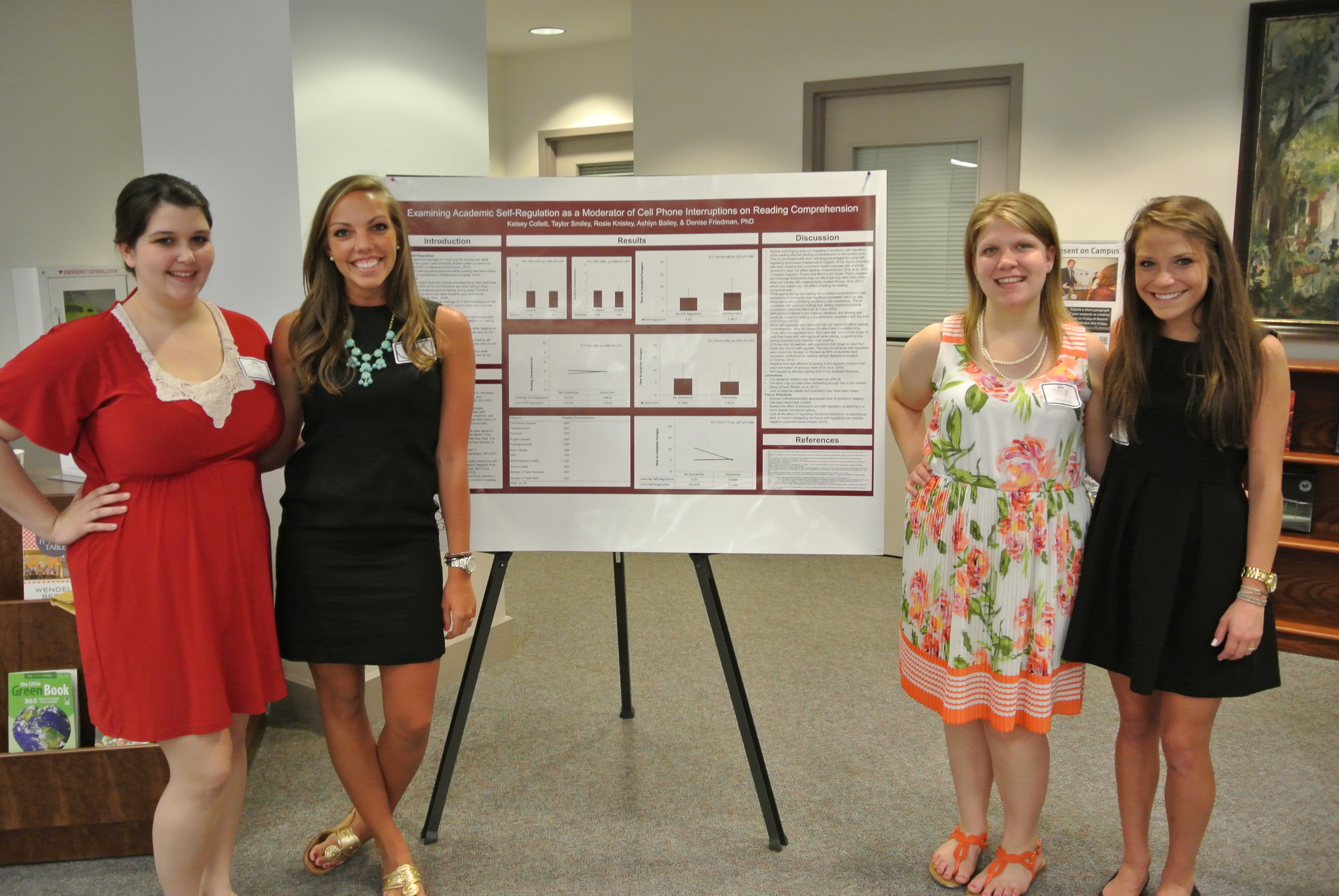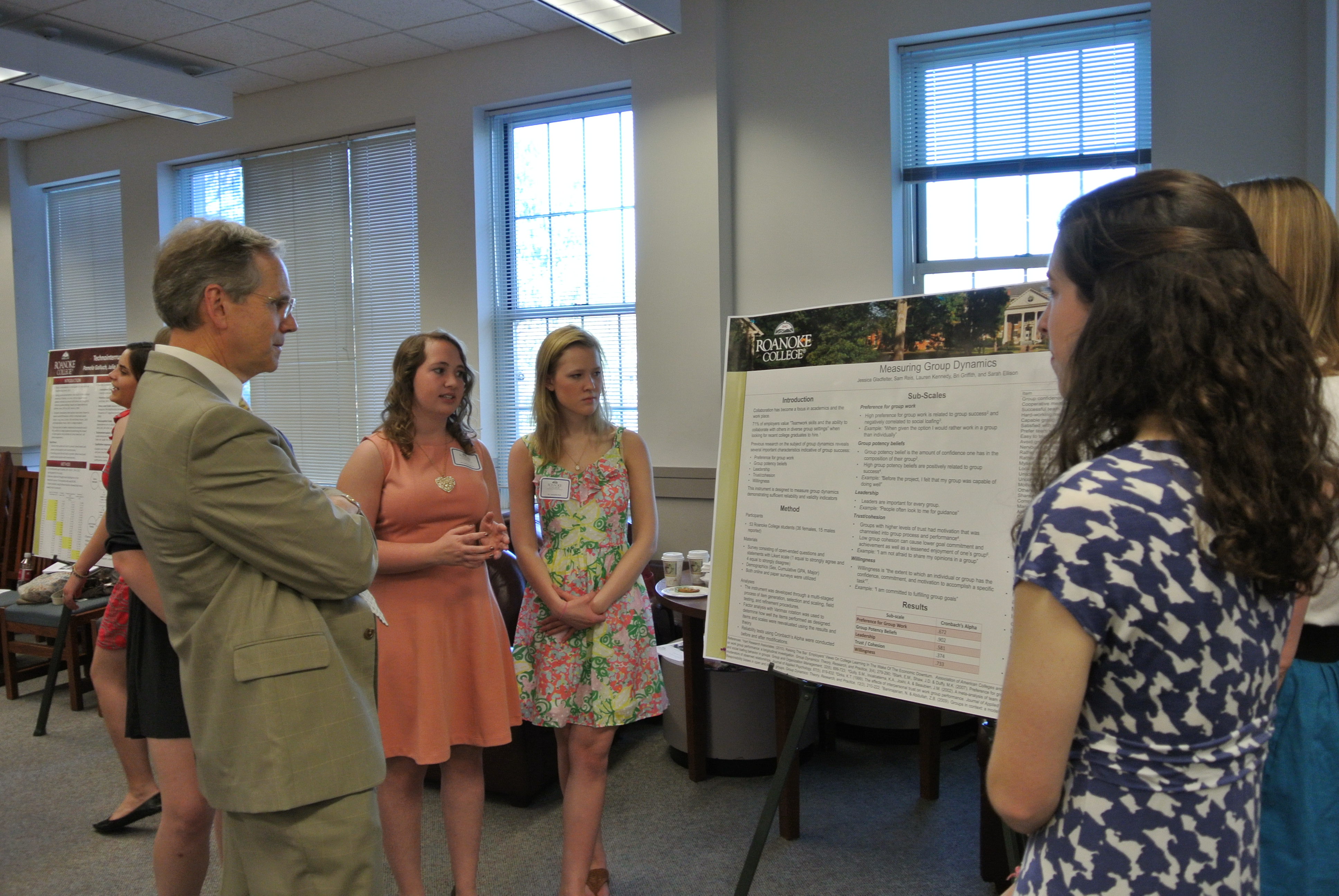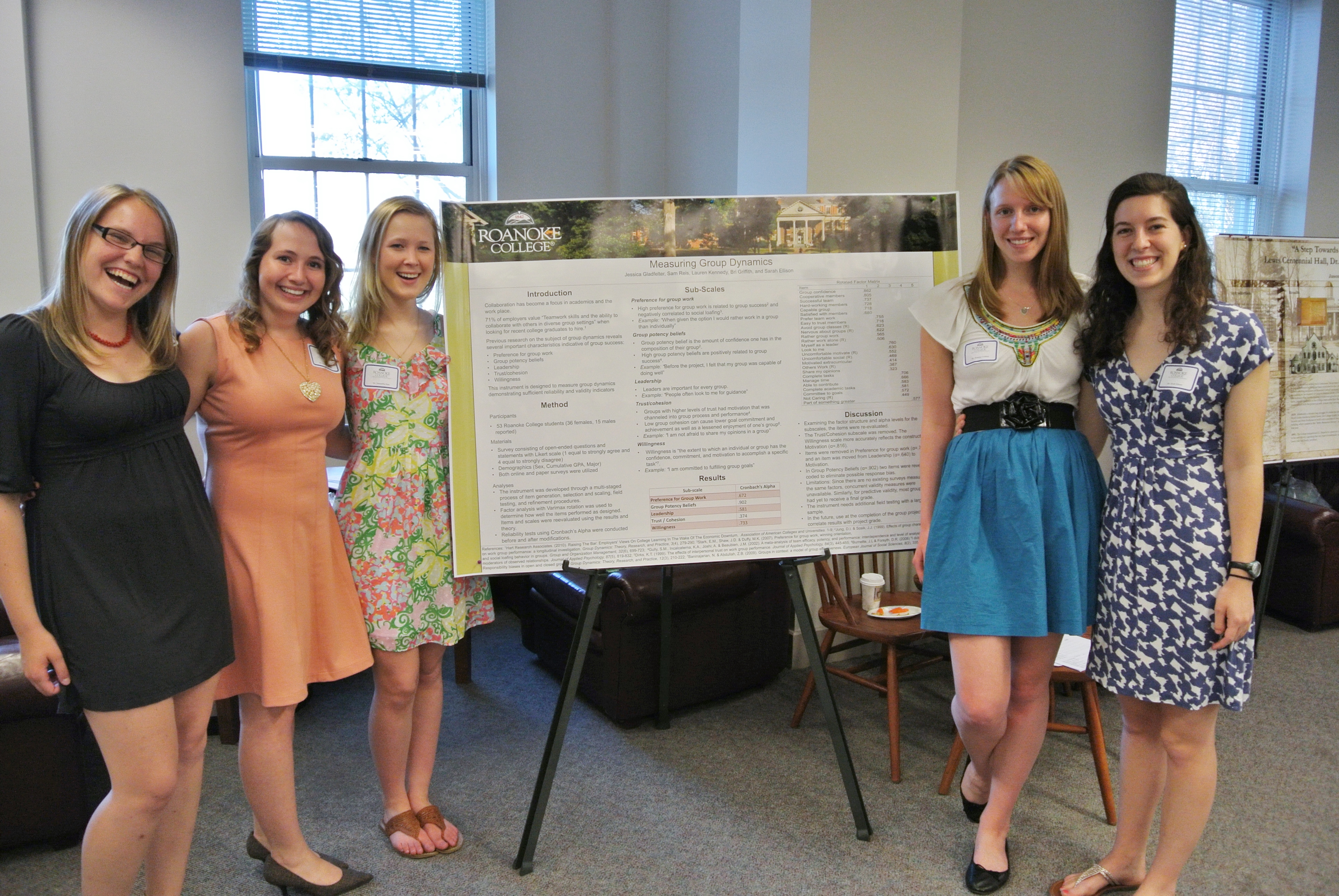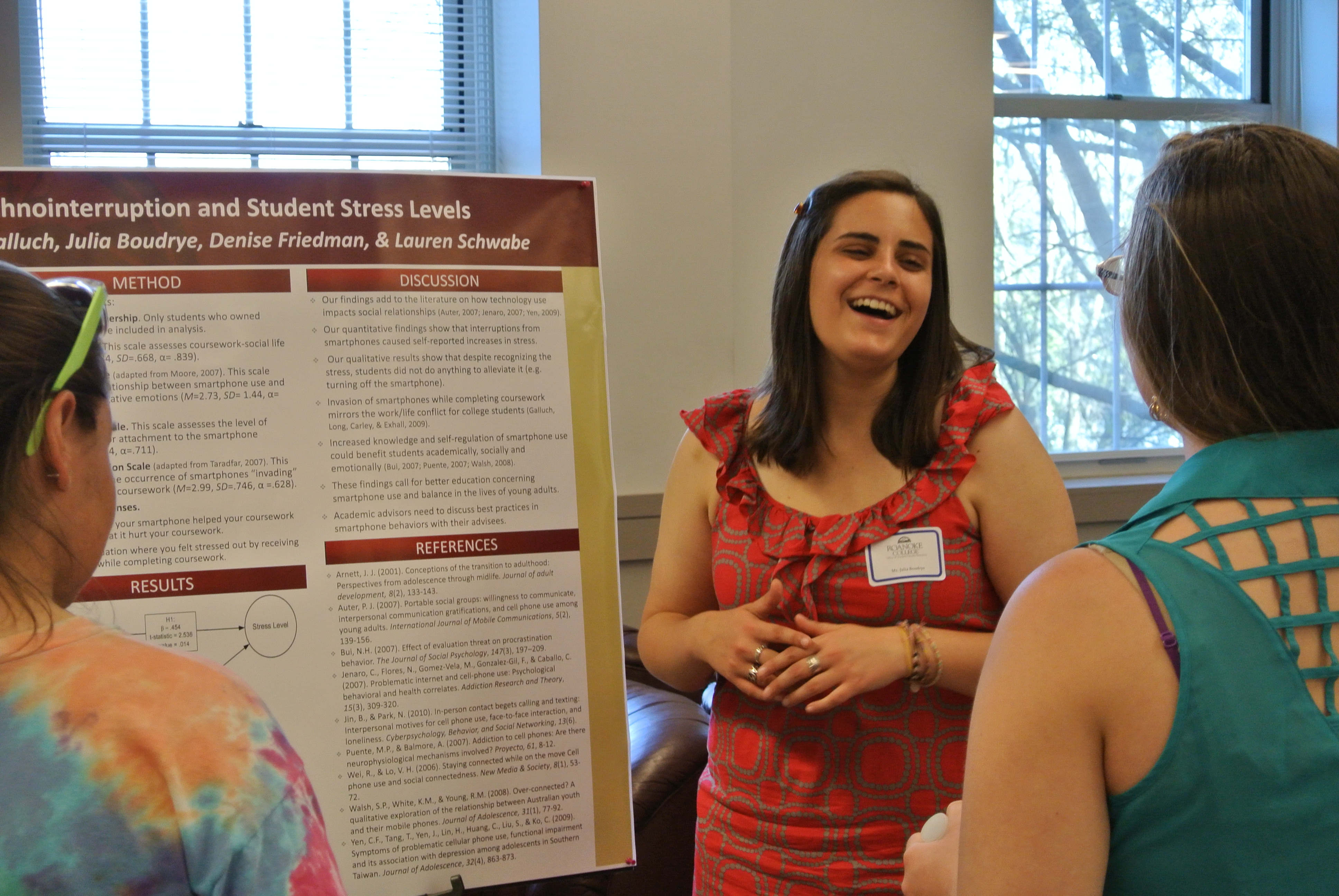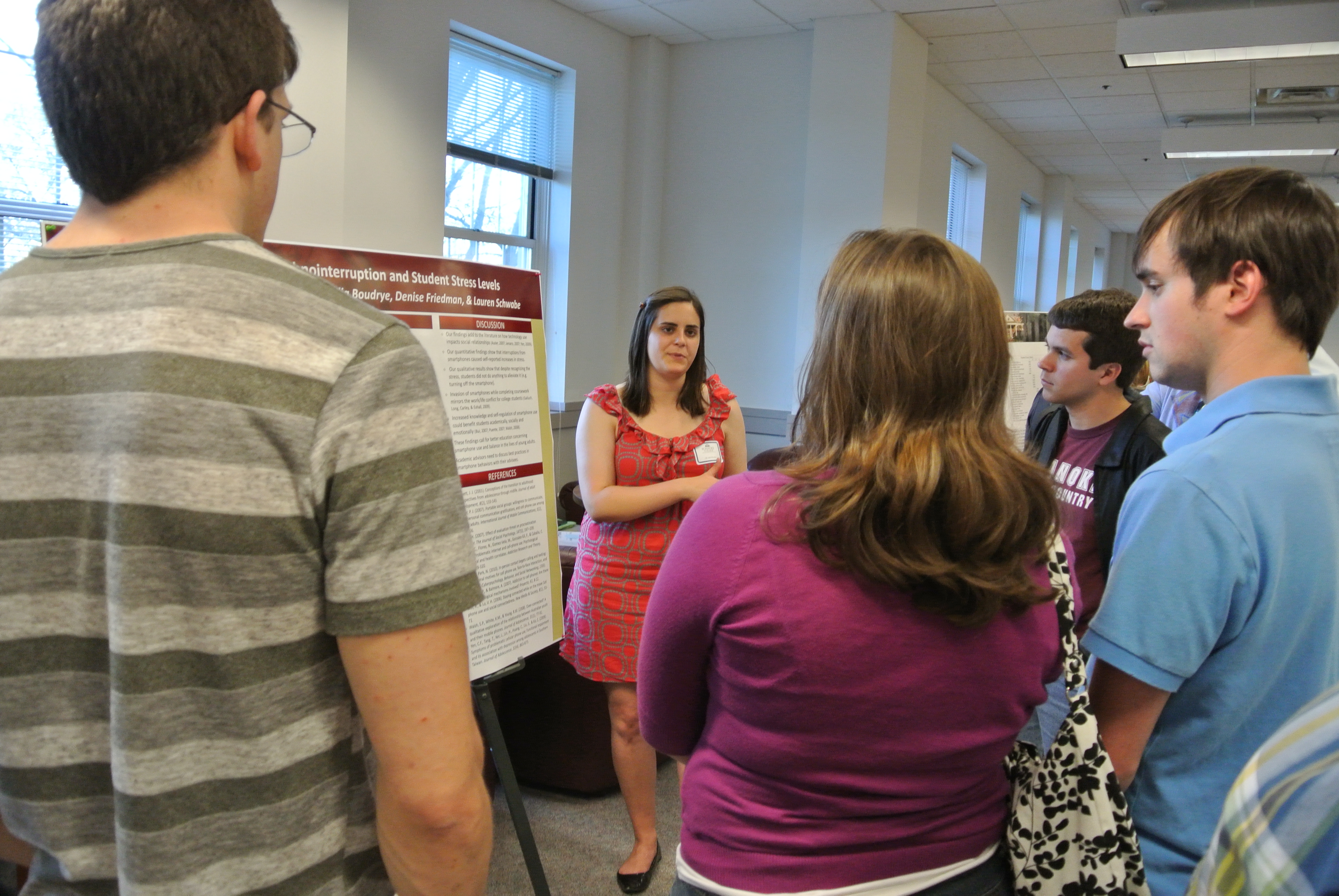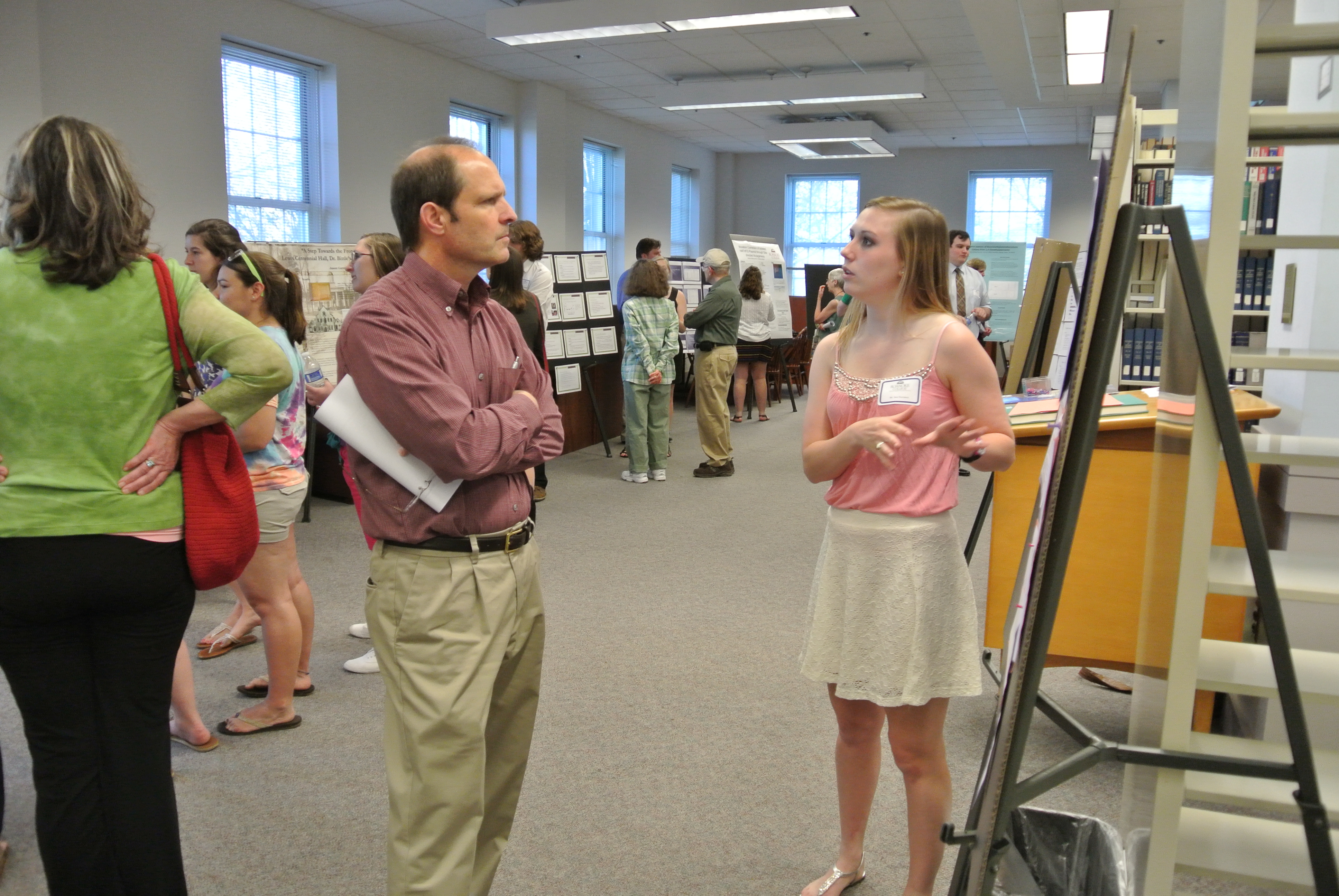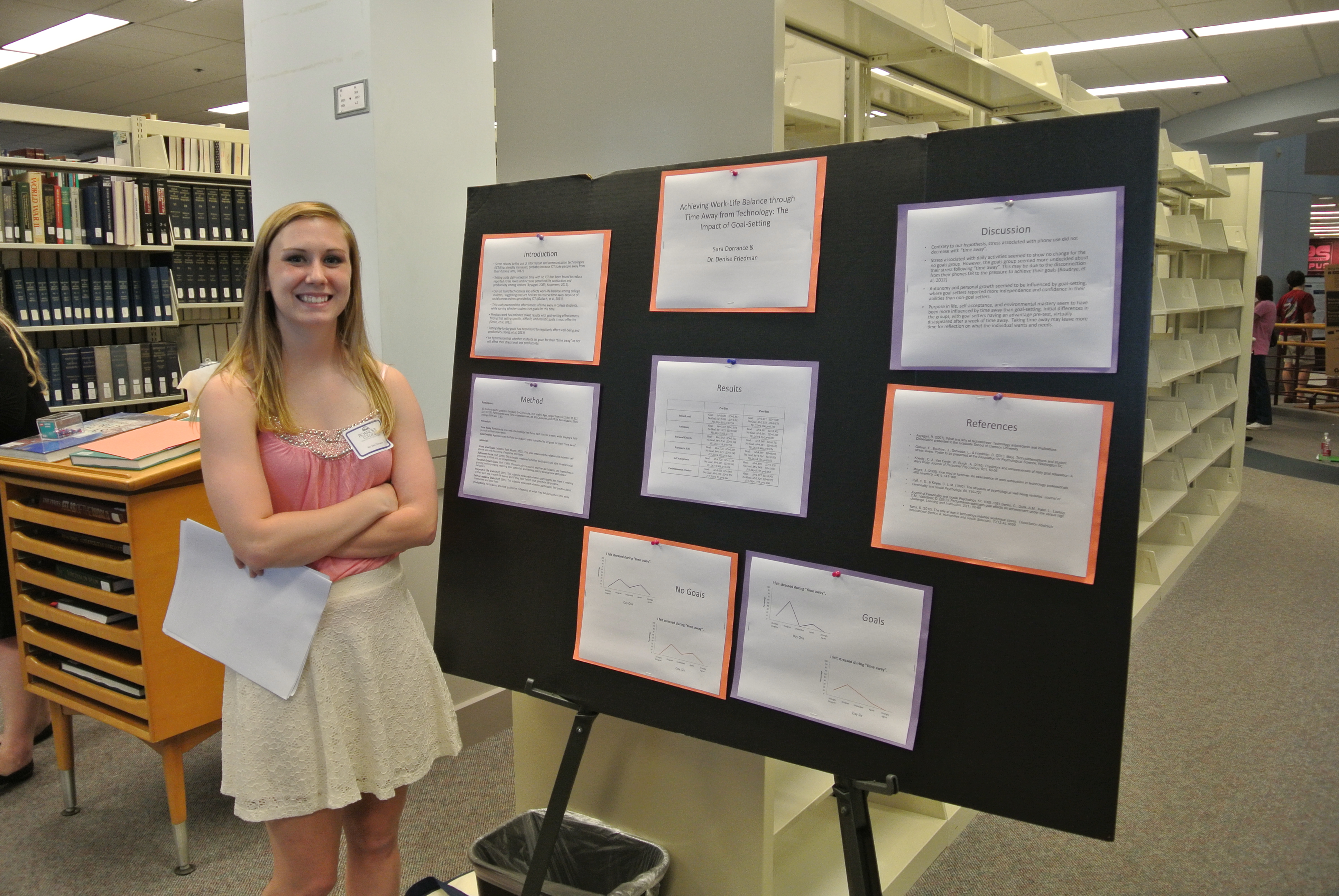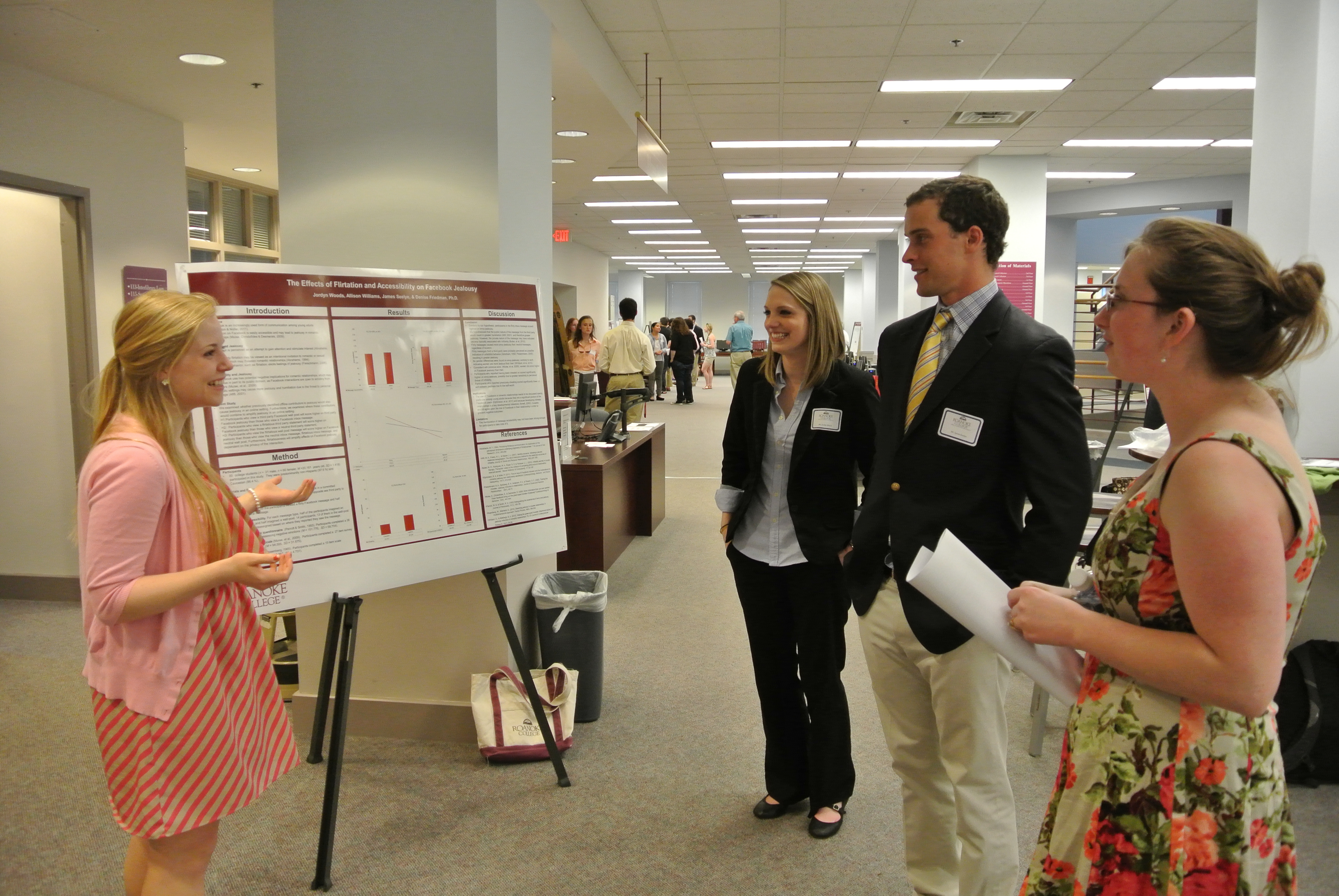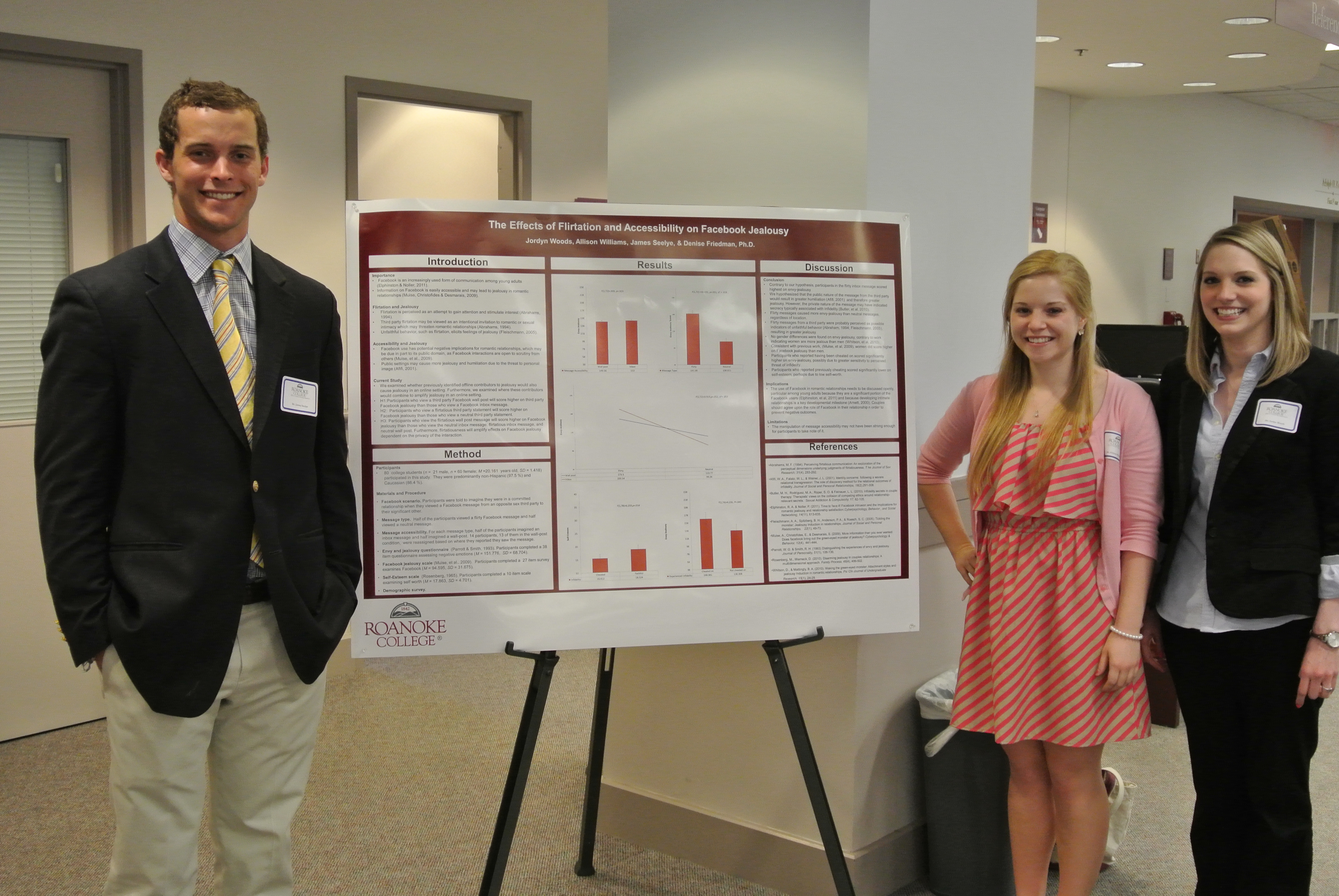The Society of Southeastern Social Psychologists (SSSP) conference was a fantastic opportunity for our Roanoke College psychology students and faculty to engage with cutting-edge research and network with peers across the field. Professors FVN, Dr. Bu, and Dr. Carter attended the event alongside students Sydney Pennix, Ivy Phillips, Gabby Bosch, Shannon Dennehey, and Cassie Eddins.
We recently connected with some of the attending students to hear about their unique experiences, the research they presented, and the advice they have for students considering attending similar events.
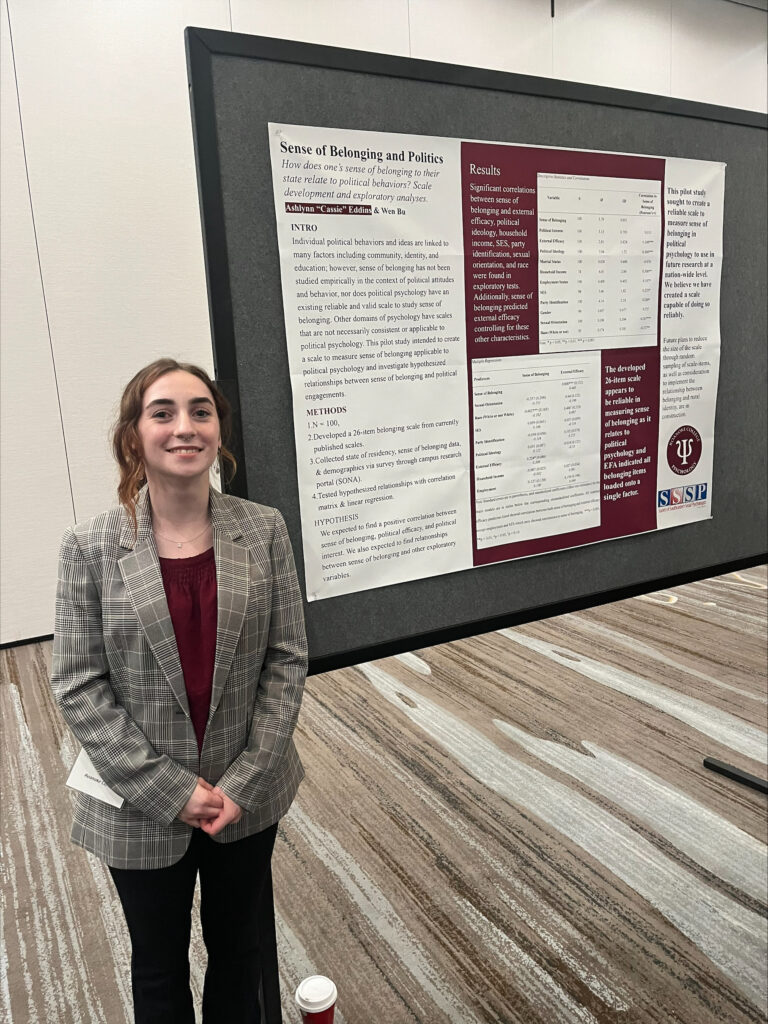
Cassie Eddins collaborated with Dr. Bu on research developing a new scale to measure sense of belonging within political psychology—an area with no current standardized measures. Although she doesn’t plan to pursue research as a career, Cassie found inspiration at the conference and is now interested in exploring how sense of belonging manifests in third-culture children, such as those from military or immigrant families.
Cassie also had the chance to explore other undergraduates’ research projects. One presentation that stood out to her focused on the relationship between personal sexuality and the ability to accurately perceive others’ sexual orientations. “It was fascinating to see how personal biases might influence these perceptions,” Cassie shared, “Discovering unique topics like this made the experience even more enriching and broadened my understanding of the diverse areas being explored in psychology.”
Cassie shared her perspective of the experience in saying that, “SSSP was very non-threatening, especially for those of us who might not feel super confident with public speaking,” she continued, “I would definitely recommend attending—it’s a welcoming environment with fascinating research to explore.”
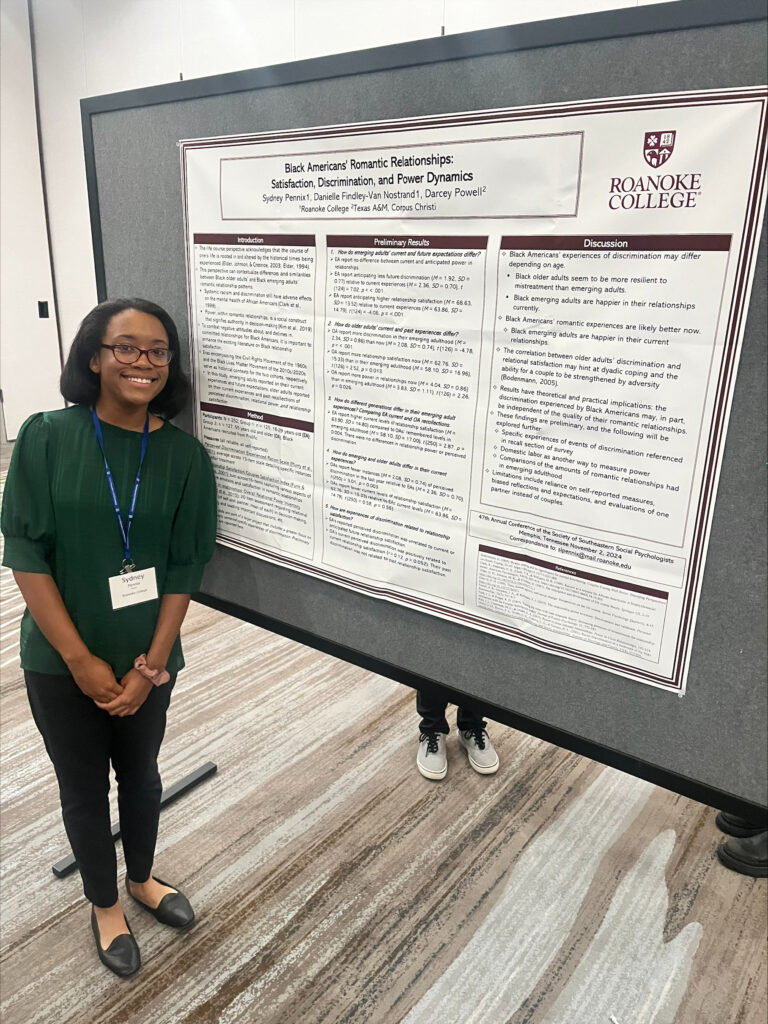
Sydney Pennix presented her study on how discrimination affects the romantic relationships of emerging and older Black Americans. “Conducting this research was fulfilling and eye-opening,” Sydney reflected, noting that her findings were surprising to both herself and her audience. She also found the graduate student panel to be particularly valuable, offering insights she’s already applying in her professional journey.
Sydney’s advice for her peers? “Take opportunities to present your research or attend others’ presentations. It’s incredible to converse with people who share your interests, especially outside of the classroom.”
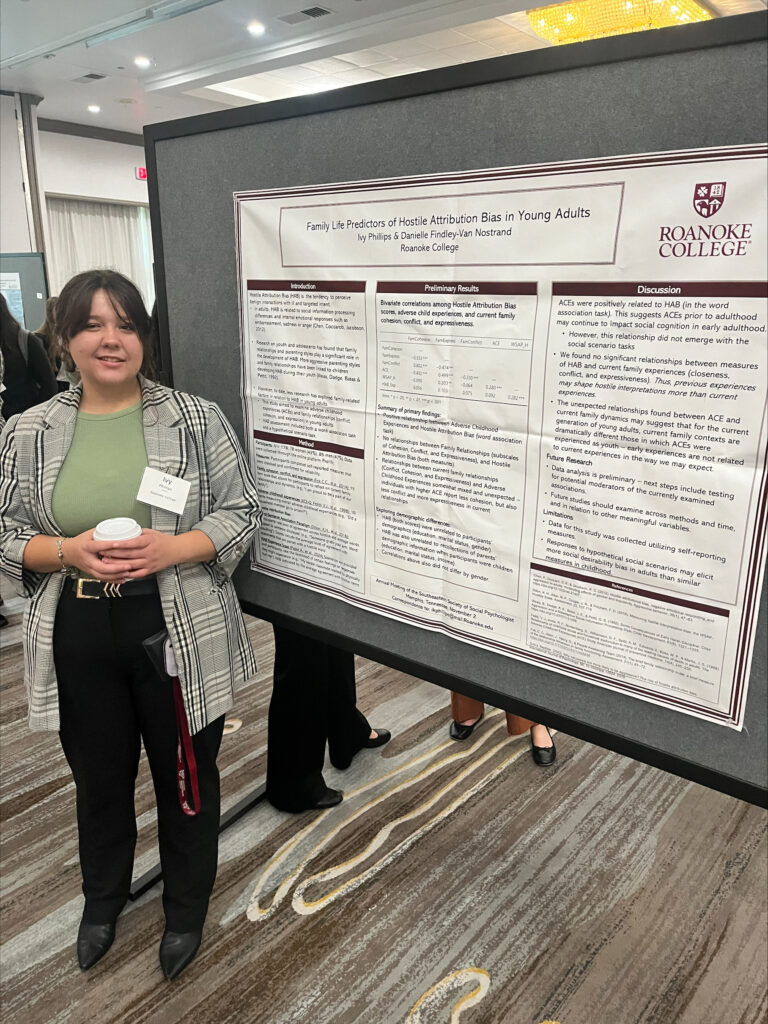
Ivy Phillips is researching predictors of Hostile Attribution Bias in young adults with Dr. FVN, focusing on the influence of family relationships and adverse childhood experiences. The critical analysis of her data was challenging but rewarding, and Ivy appreciated the insights shared at the graduate school panel.
For Ivy Phillips, the Conference offered valuable insights that align with her long-term goal of working in Community Psychology. “My personal highlights included research on youth development in community settings and how individuals’ experiences and relationships shape their views on specific policies and laws,” Ivy shared. “These topics were not only fascinating but also inspired me to consider exploring them further in my own future research.”
Her biggest takeaway? “Get involved in as many experiences as possible, even if it feels outside your comfort zone. These opportunities build valuable skills and provide great stories that will benefit you long-term.”
More Photos From The Conference!
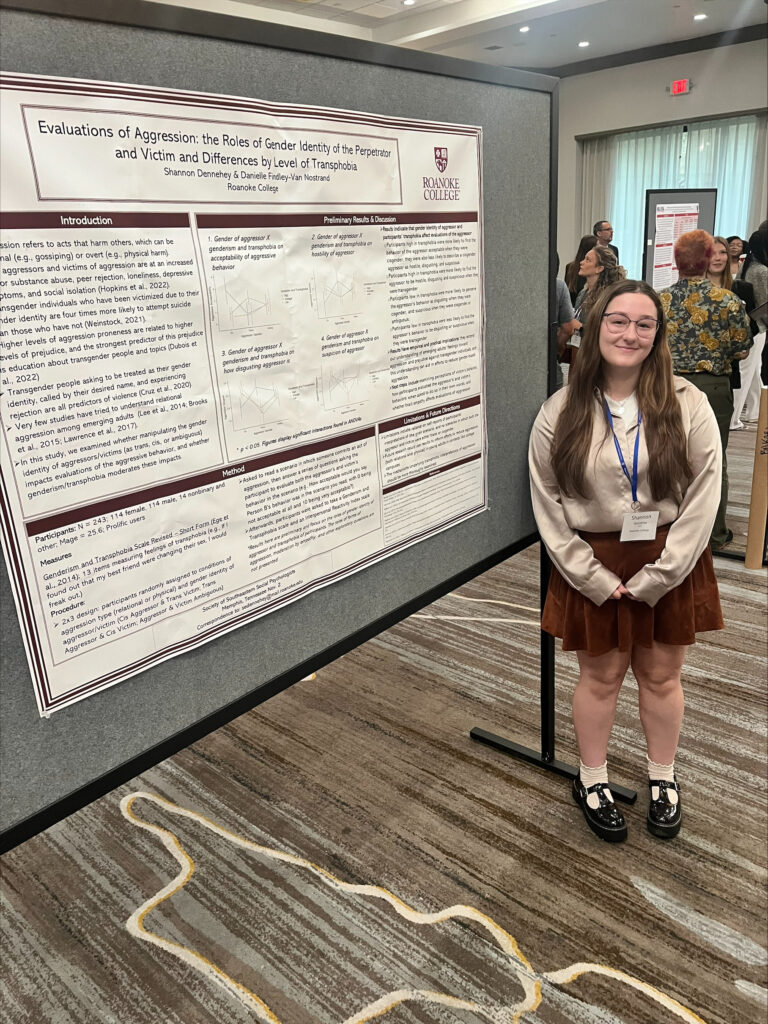
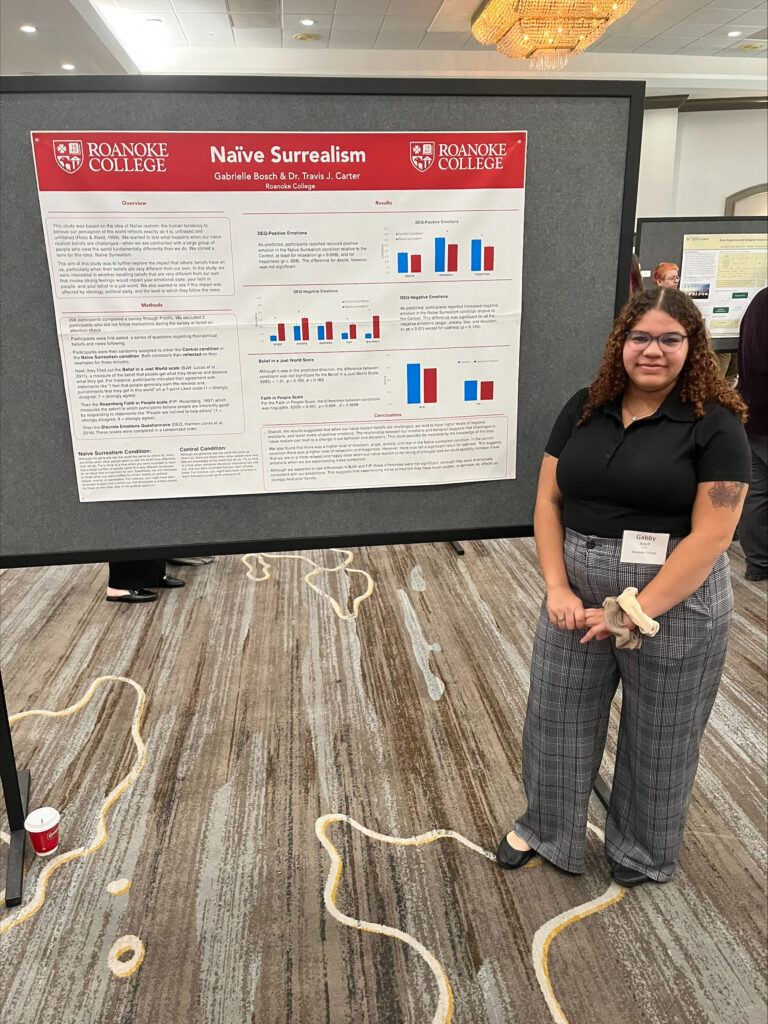
Shannon Dennehey and Gabby Bosch: Both Shannon and Gabby presented their research at the SSSP Conference alongside their peers. Check out their posters highlights in the photos attached!
Why Attend SSSP, or Any Conference For That Matter?
All our attendees—students and faculty alike—highly recommend participating in the SSSP Conference, as well as attending any psychology conference during your undergraduate years. Conferences like SSSP offer a welcoming environment and showcase a wide range of research presentations. Whether you go as a presenter or a spectator, these events provide a unique opportunity to explore new fields, connect with professionals, and deepen your understanding of psychology.
As Ivy put it best: “Talk to your professors and advisors to learn more about these opportunities—they can be incredibly valuable stepping stones for your future.”
Get Connected!
Blog: https://psych.pages.roanoke.edu/
Facebook: https://www.facebook.com/rcpsychology
Linked In: https://www.linkedin.com/groups/RC-Psychology-8140491/about
Website: http://www.roanoke.edu/inside/a-z_index/psychology
Instagram: rcpsychology


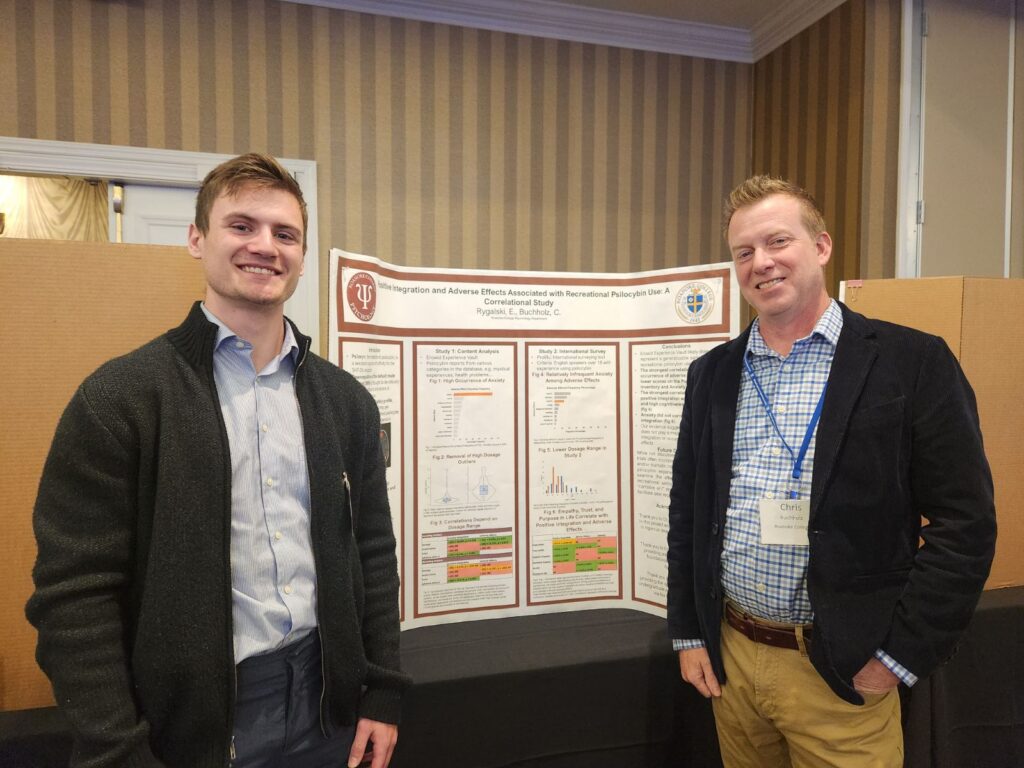
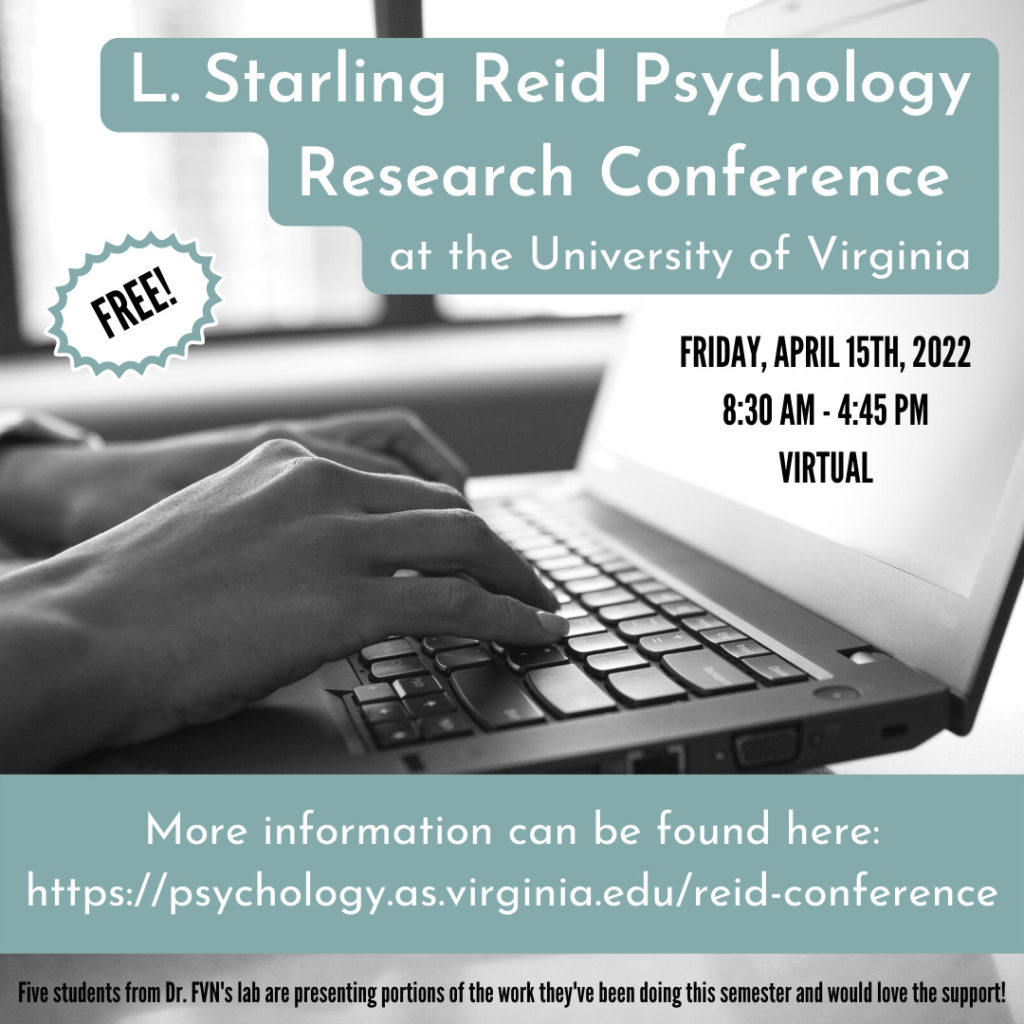
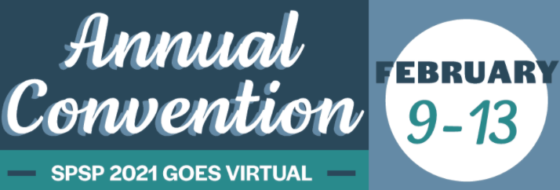

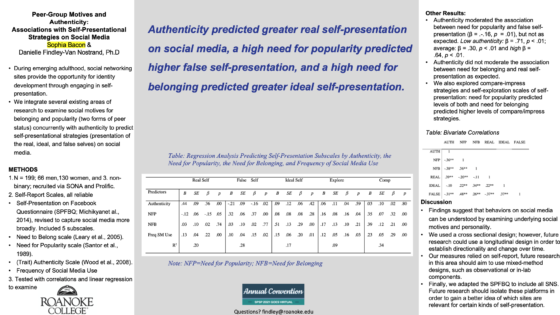 Research has shown that social networking platforms (Instagam, Facebook, Snap Chat, ect) afford the opportunity for identity development, specifically through engaging in different types of self-presentation. In this study, we examined the association between social goals (including, authenticity, the need for popularity, and need for belonging) and presentation of the real, ideal, and false self on social media.
Research has shown that social networking platforms (Instagam, Facebook, Snap Chat, ect) afford the opportunity for identity development, specifically through engaging in different types of self-presentation. In this study, we examined the association between social goals (including, authenticity, the need for popularity, and need for belonging) and presentation of the real, ideal, and false self on social media.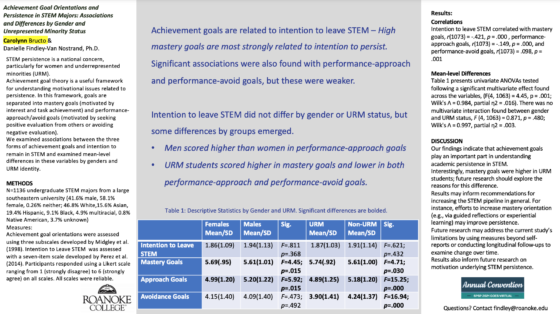 In this study, we examined achievement goal orientations (mastery, performance-approach, and performance-avoidance) in association with intention to remain in STEM majors and differences in these variables and associations by gender and unrepresented minority status in a large sample of undergraduate students. Results suggest achievement goals are meaningfully related to STEM persistence.
In this study, we examined achievement goal orientations (mastery, performance-approach, and performance-avoidance) in association with intention to remain in STEM majors and differences in these variables and associations by gender and unrepresented minority status in a large sample of undergraduate students. Results suggest achievement goals are meaningfully related to STEM persistence.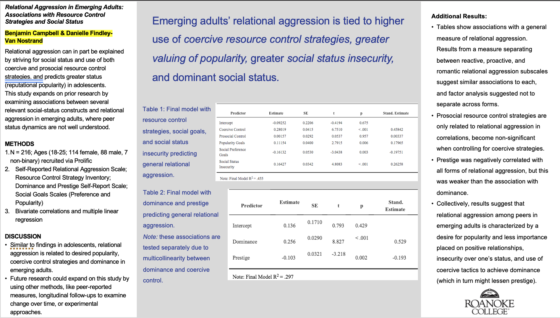
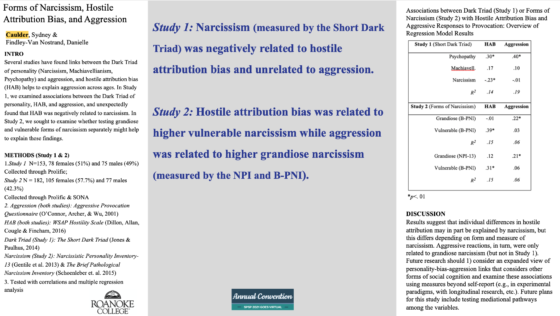 Research has found that narcissism predicts heightened provoked aggression and hostility. However, less understood is the role of hostile attribution bias (HAB) in these associations. In this study, we examined multiple conceptualizations of narcissism (grandiose and pathological) in relation to HAB and aggressive responses to provocation.
Research has found that narcissism predicts heightened provoked aggression and hostility. However, less understood is the role of hostile attribution bias (HAB) in these associations. In this study, we examined multiple conceptualizations of narcissism (grandiose and pathological) in relation to HAB and aggressive responses to provocation.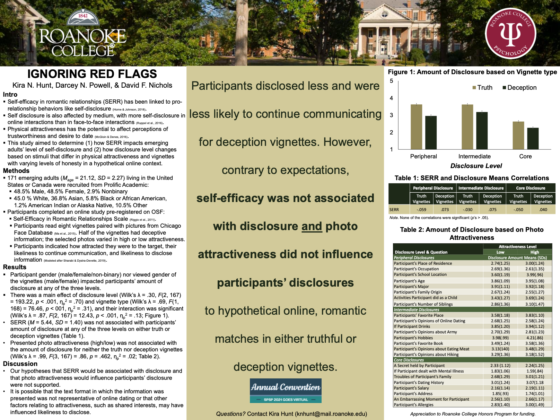
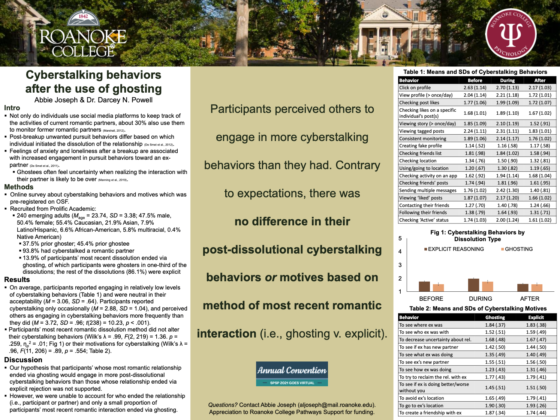
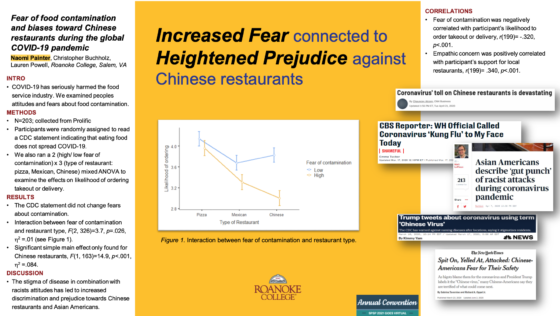
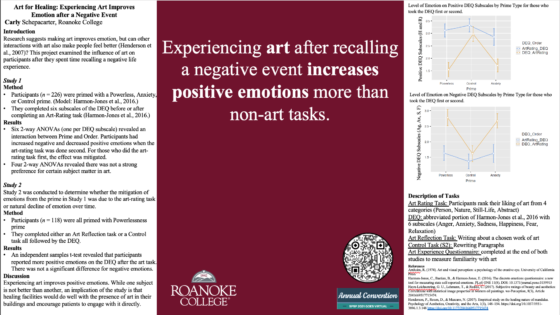
 On February 27-29
On February 27-29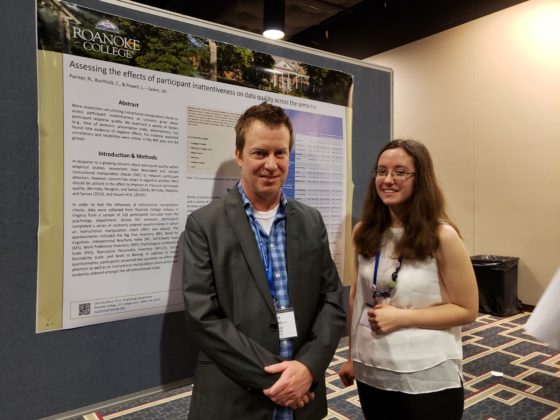
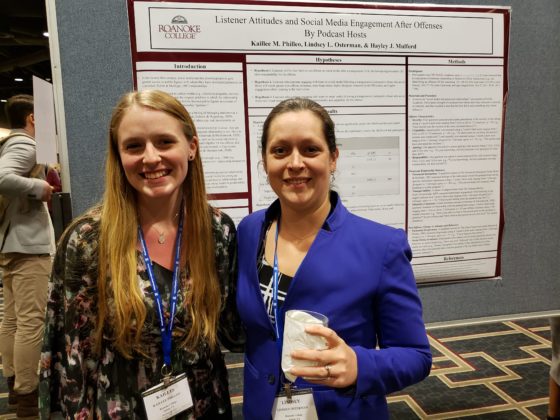
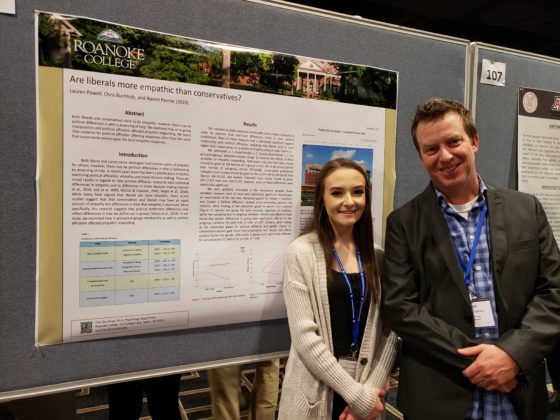

 Congratulations to all those who attended the conference and for having successful presentations!
Congratulations to all those who attended the conference and for having successful presentations!
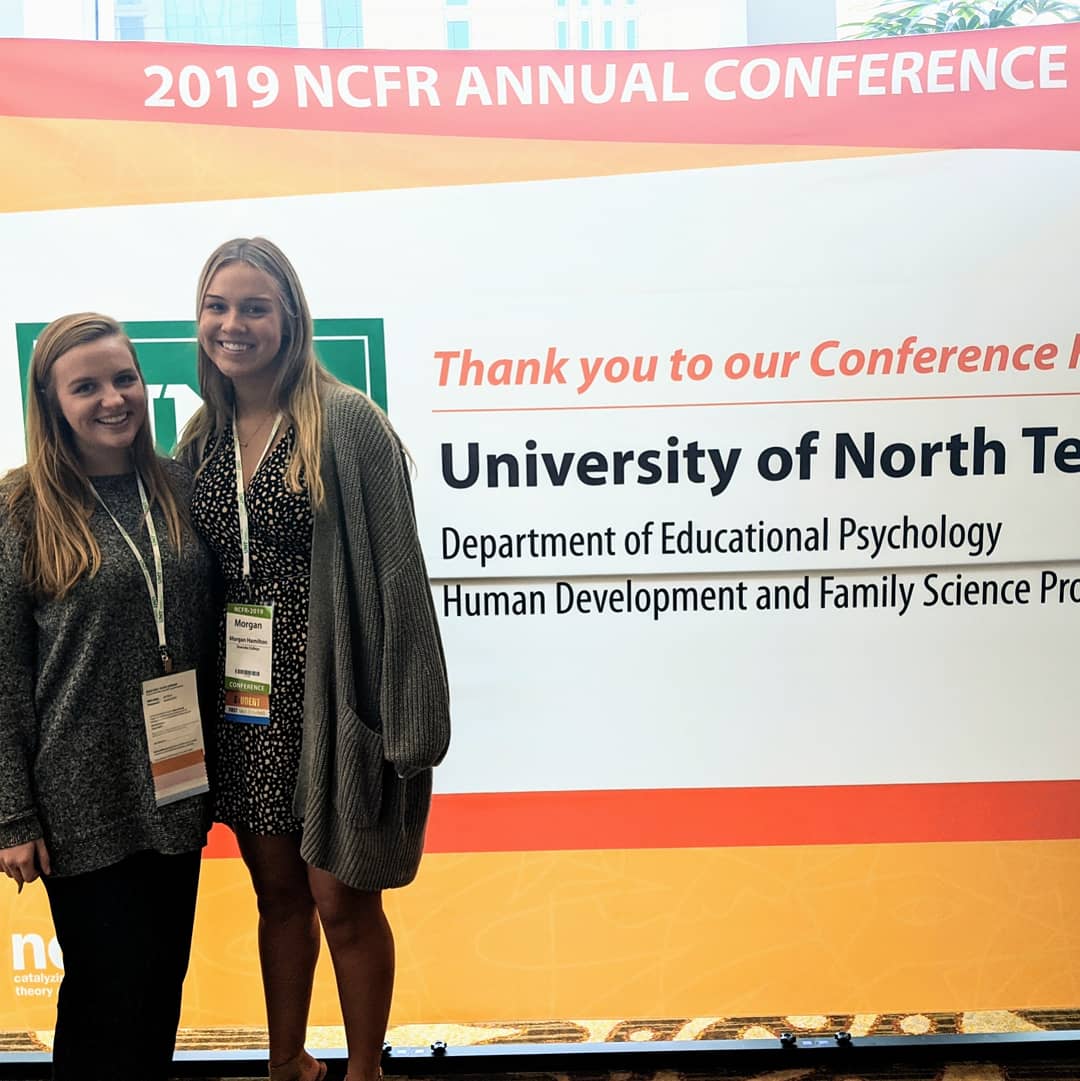
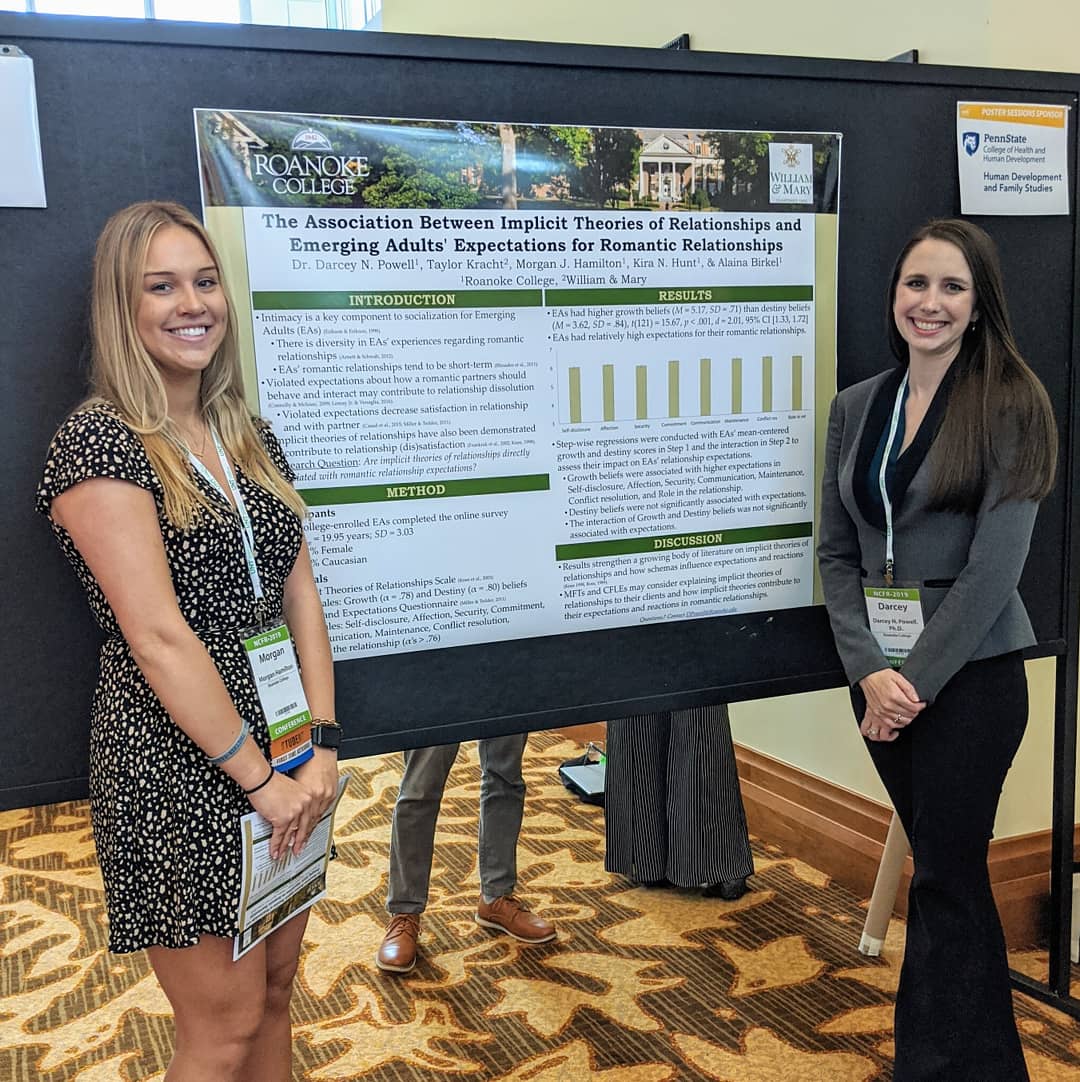

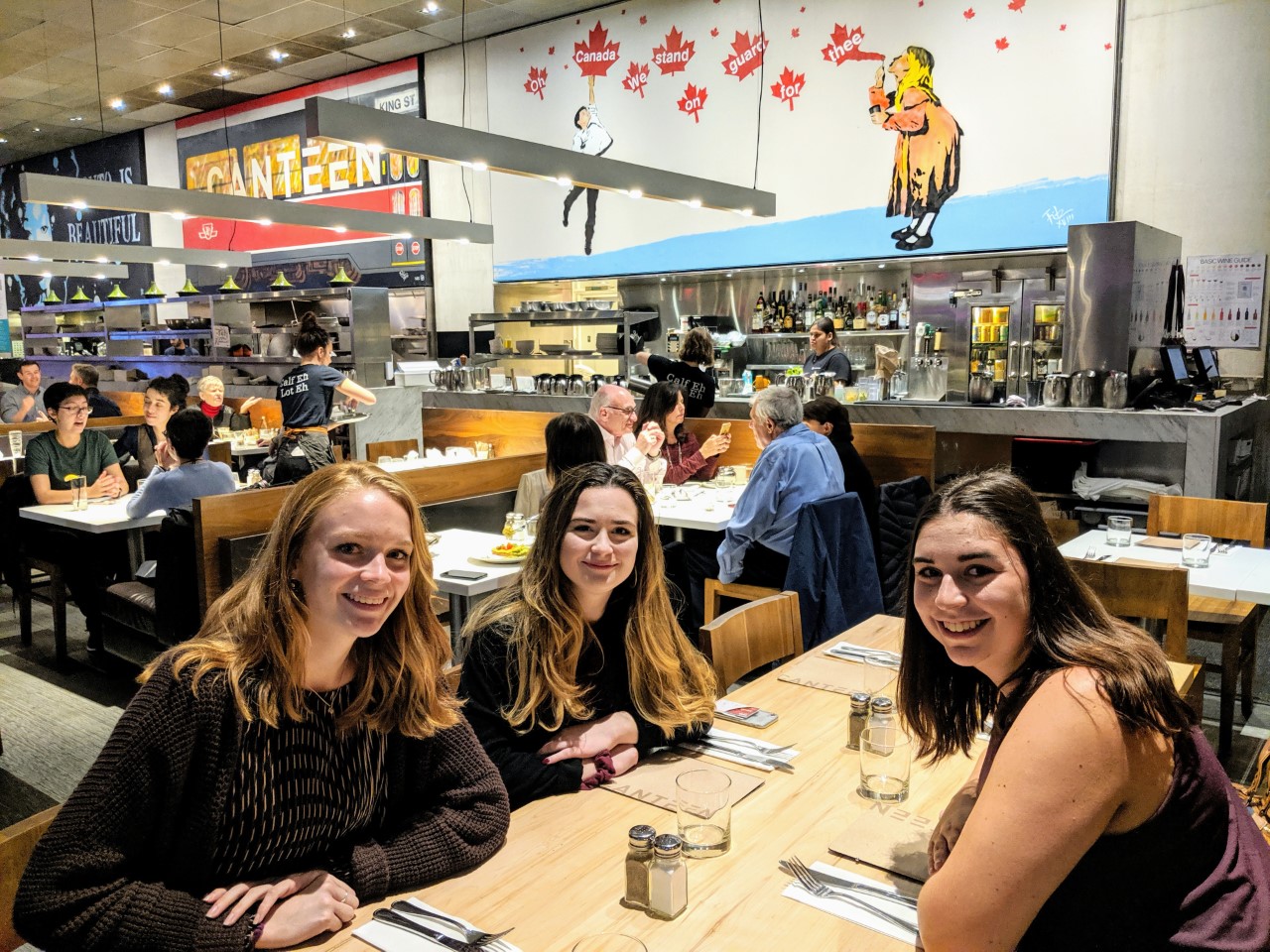
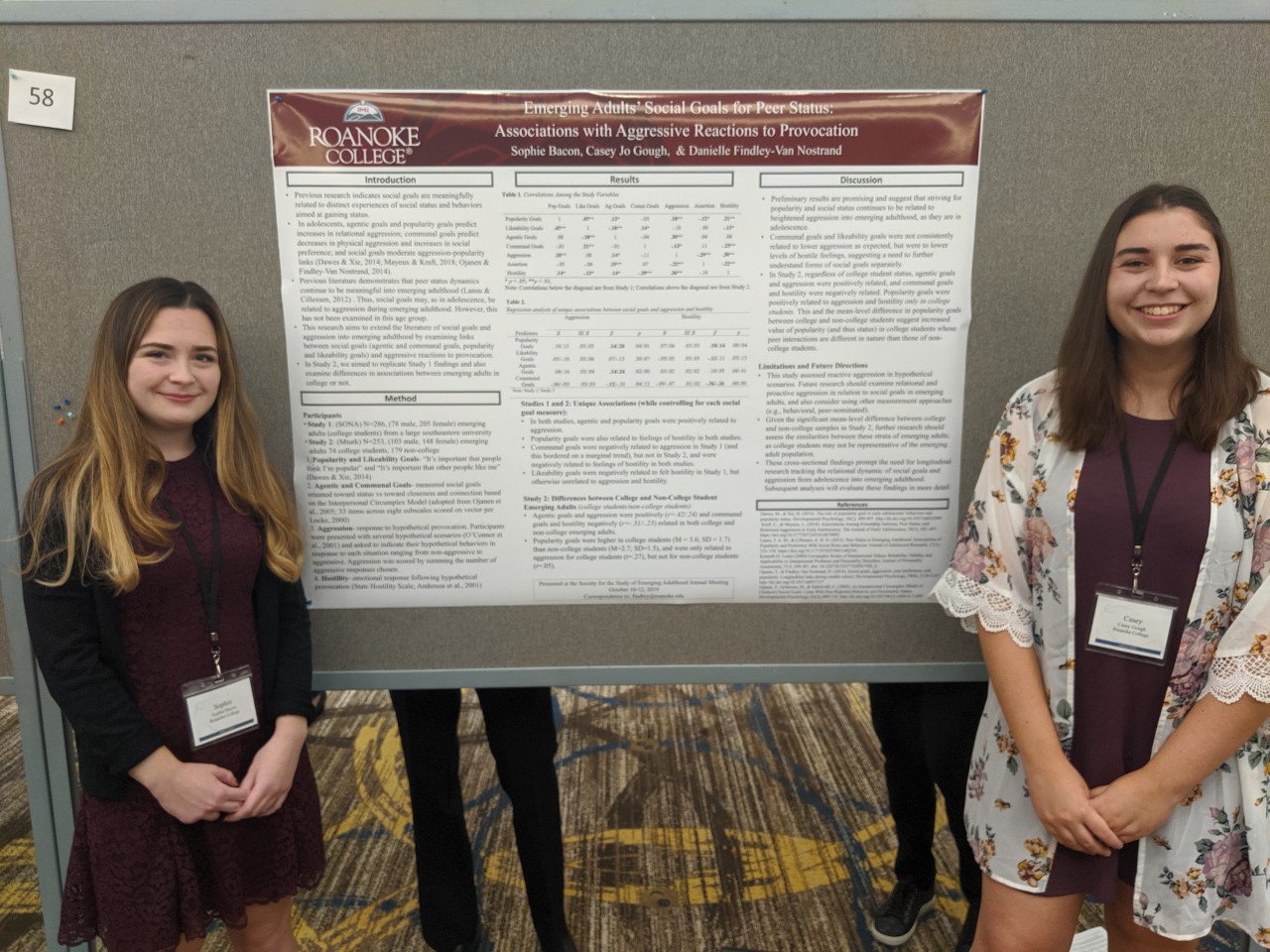
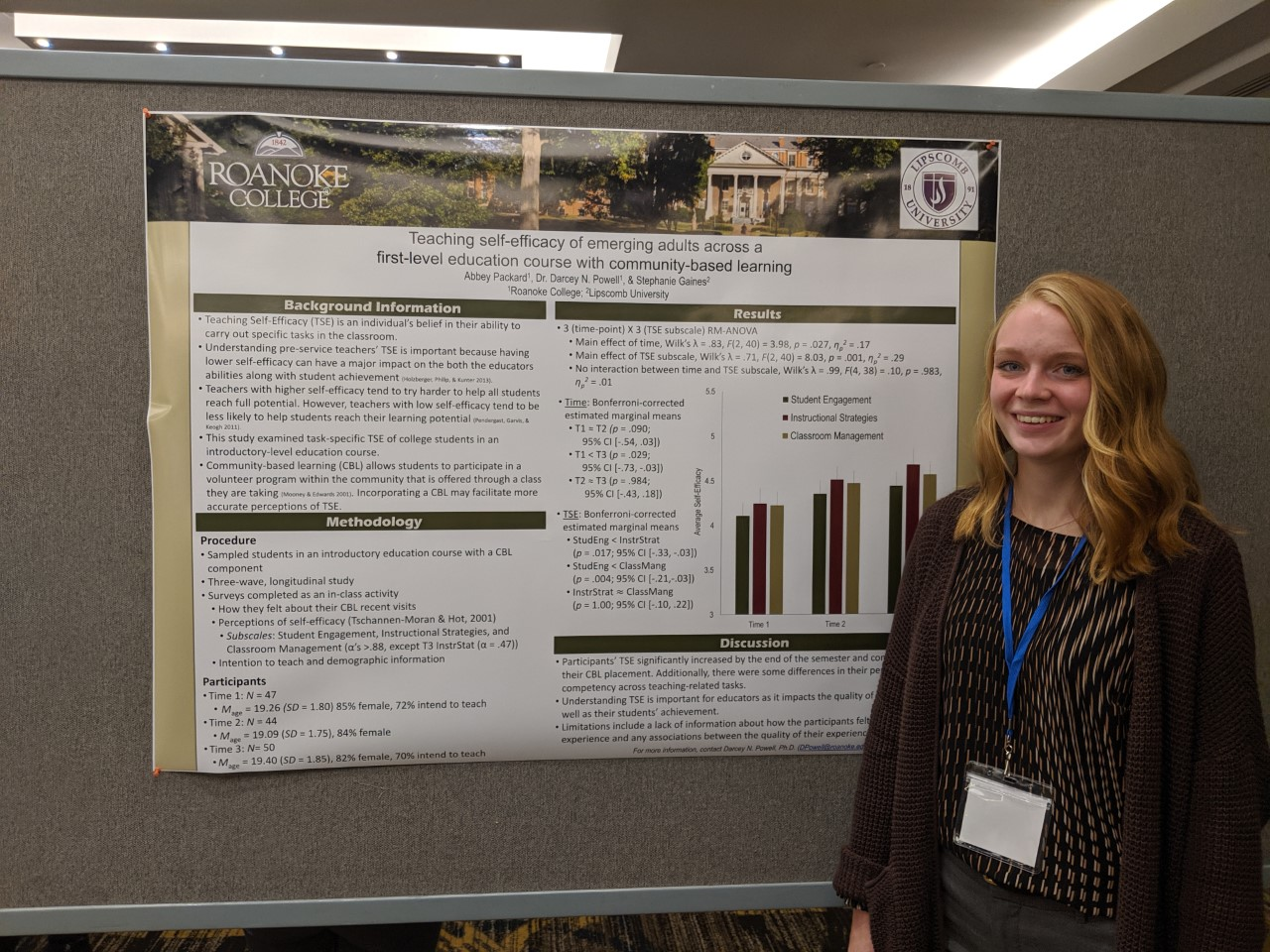
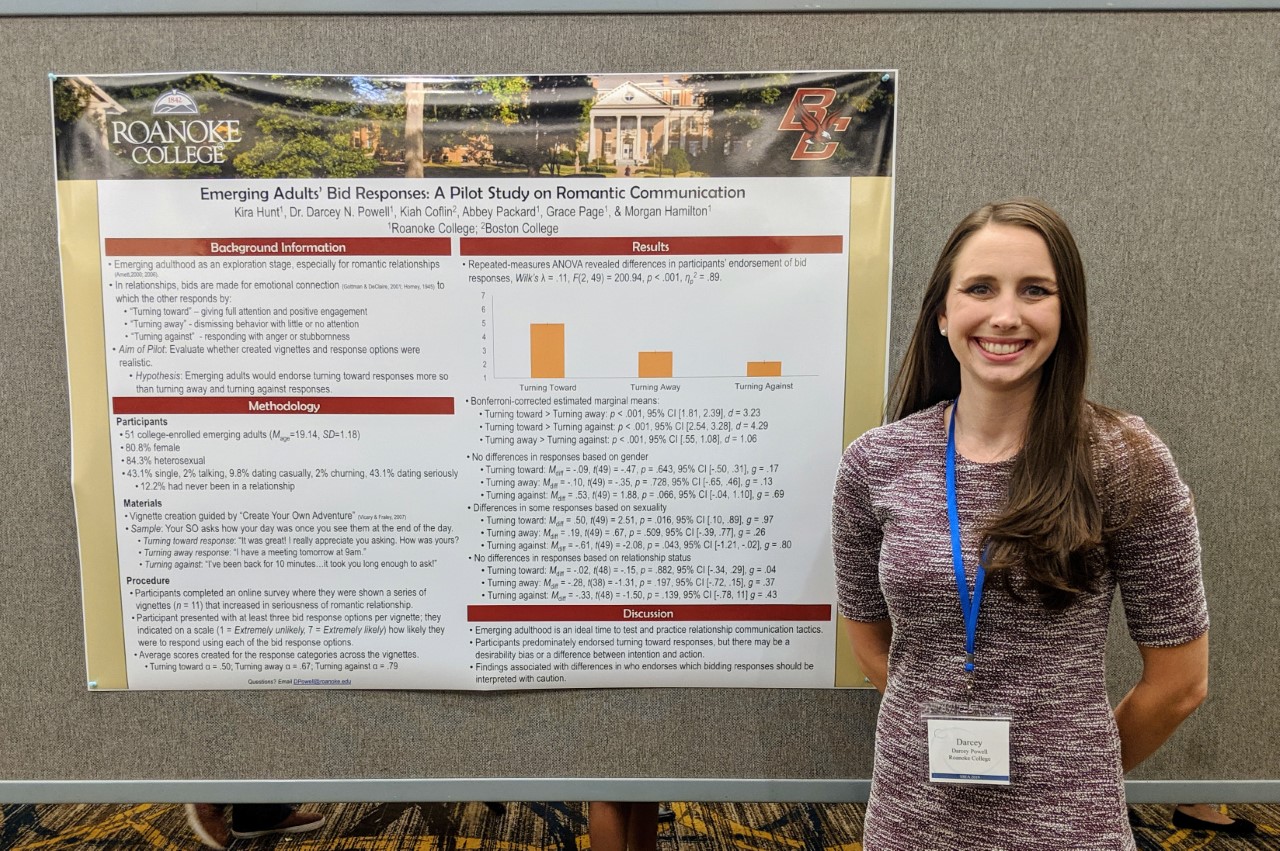
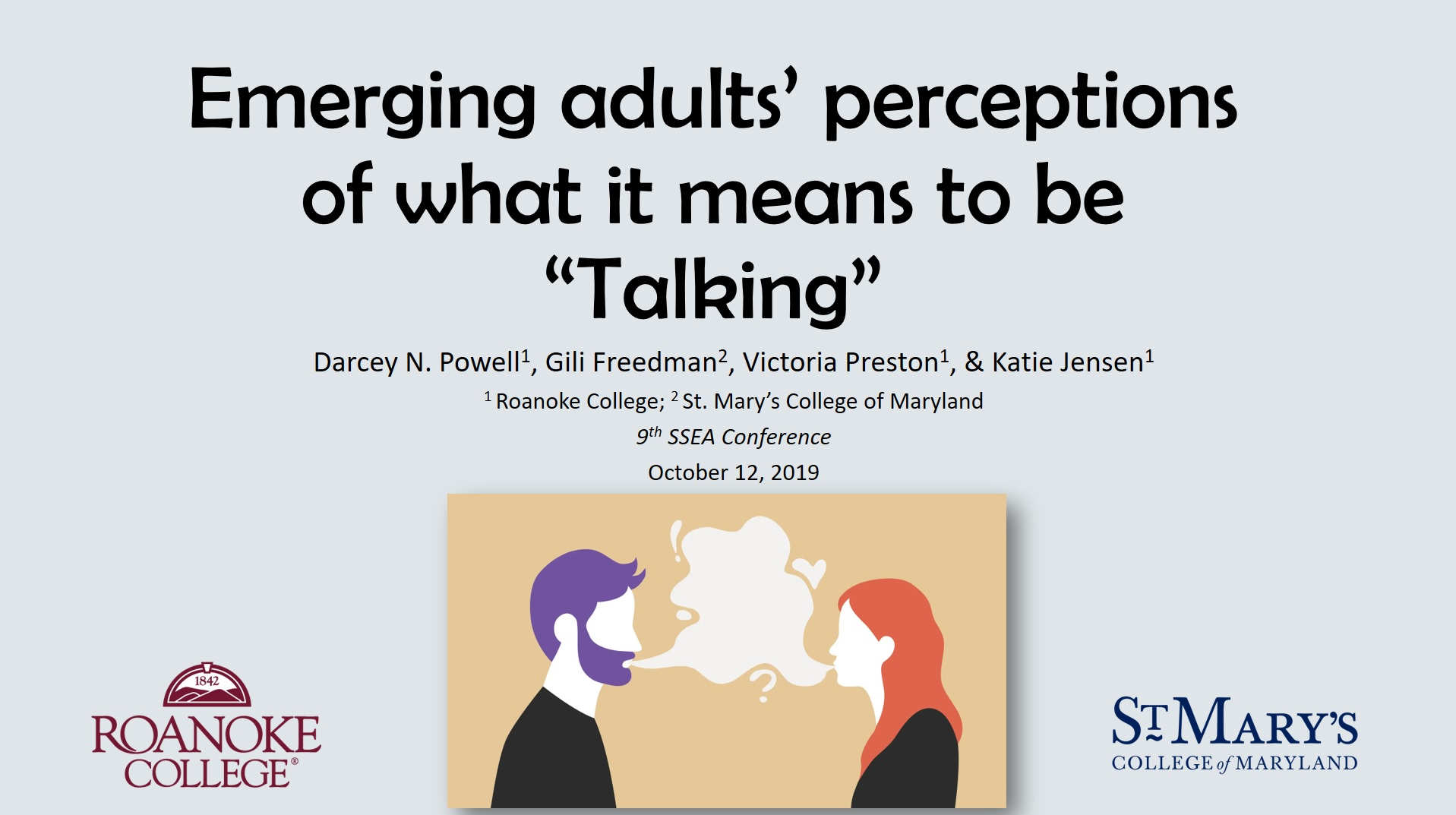
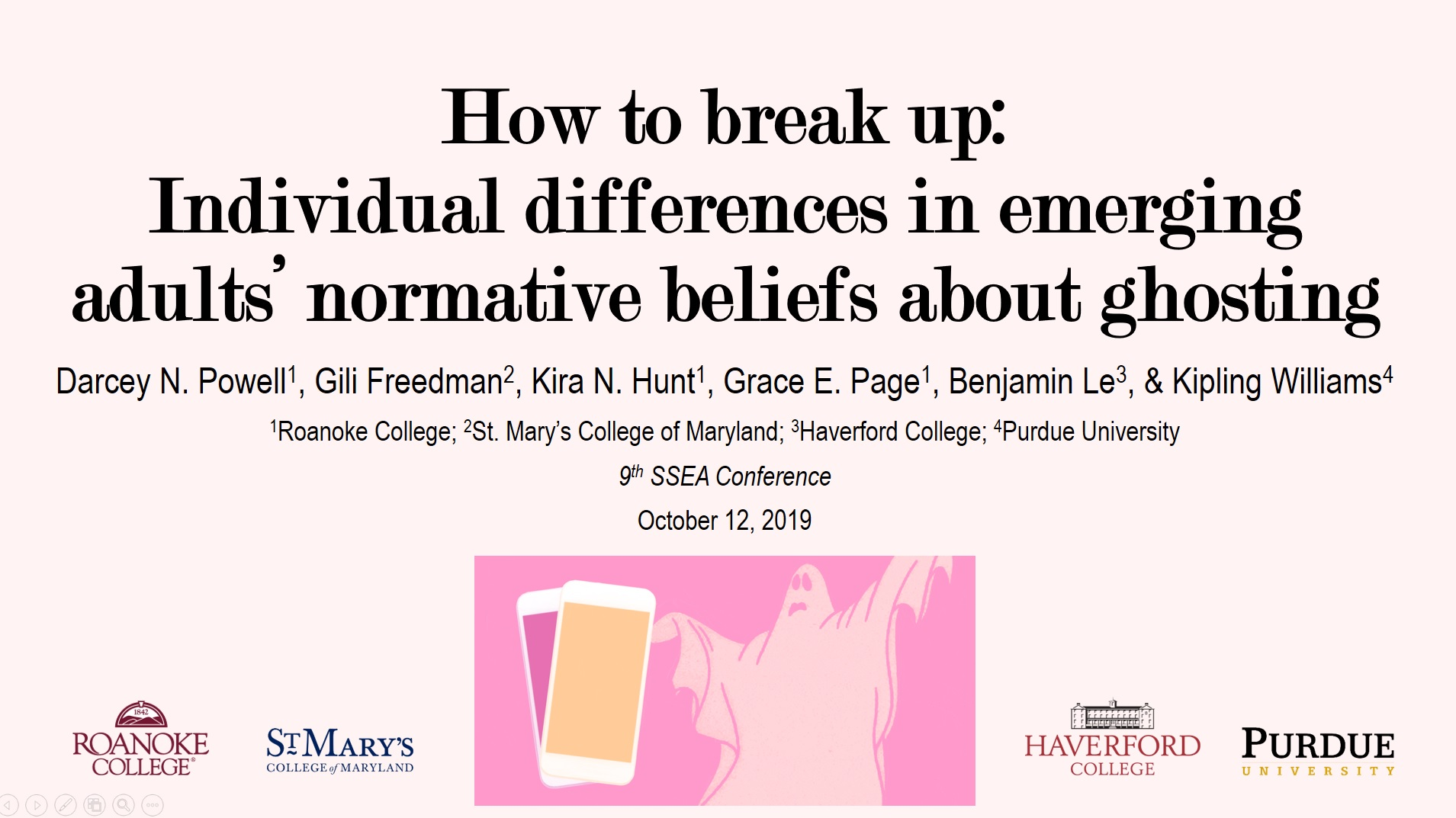

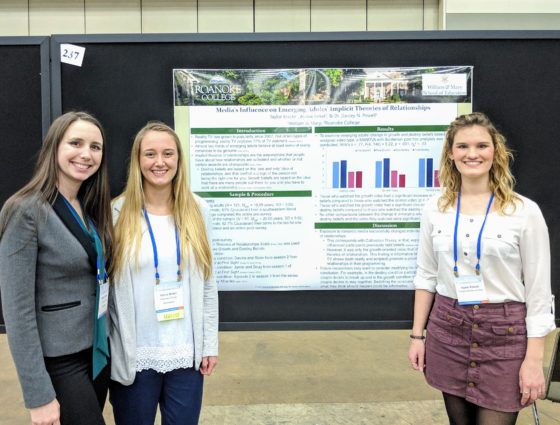
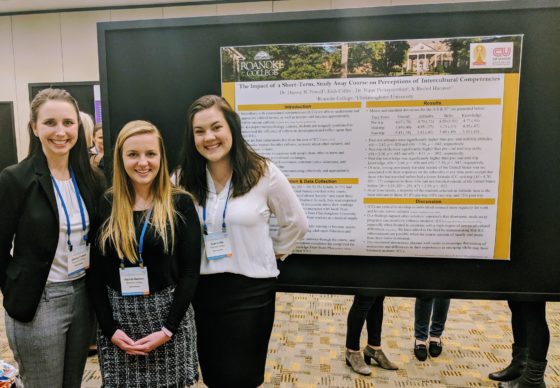
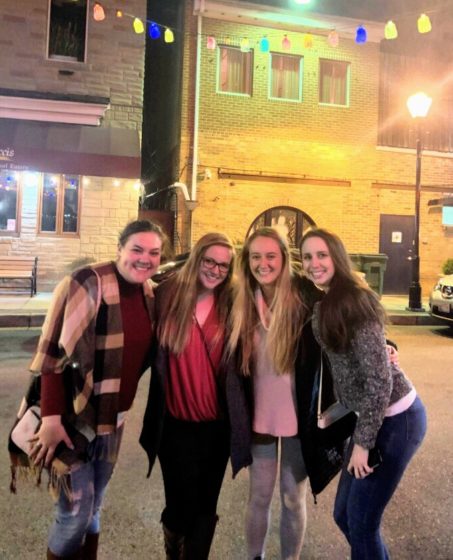
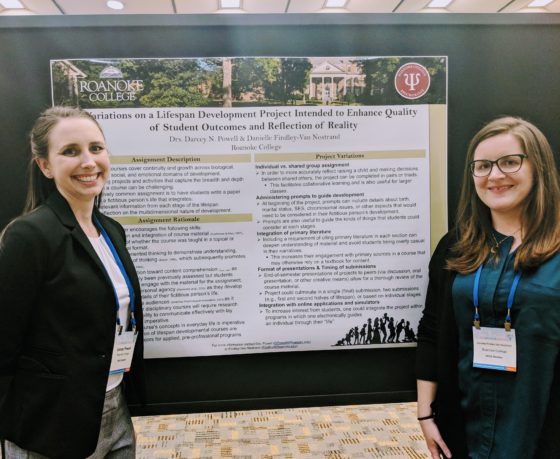
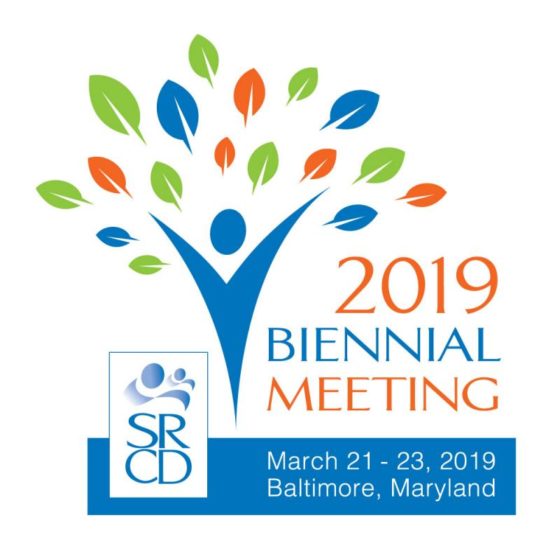


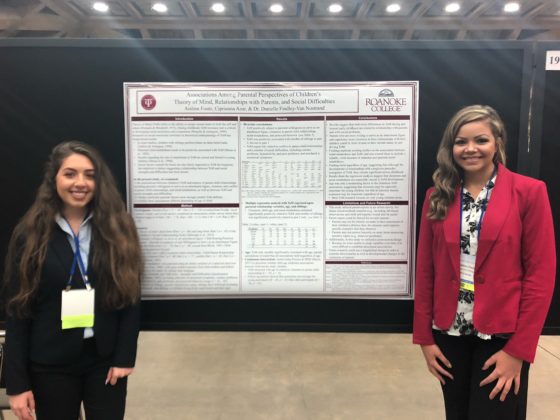
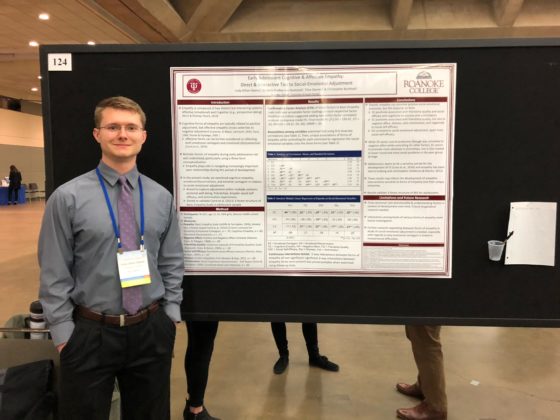
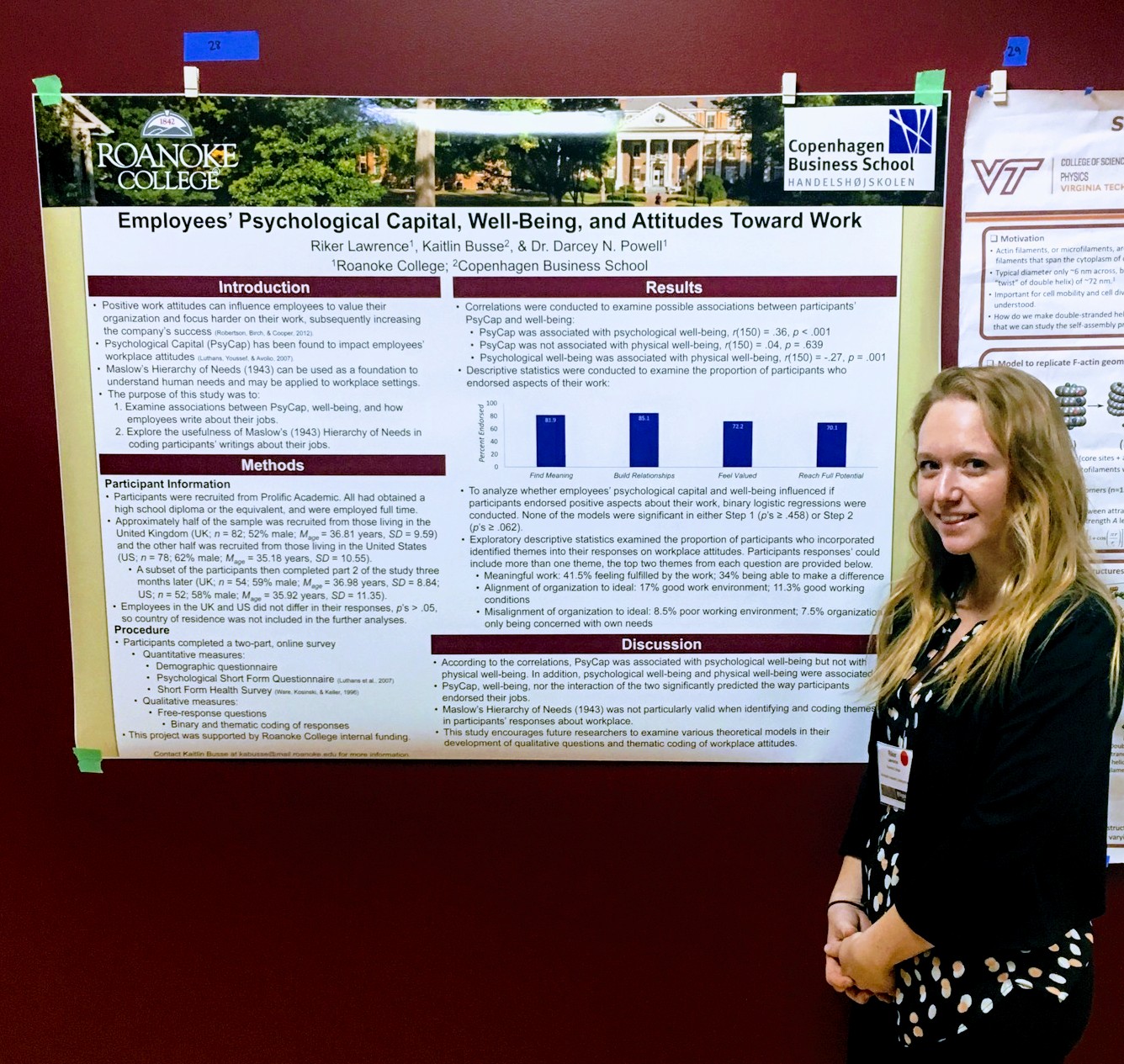
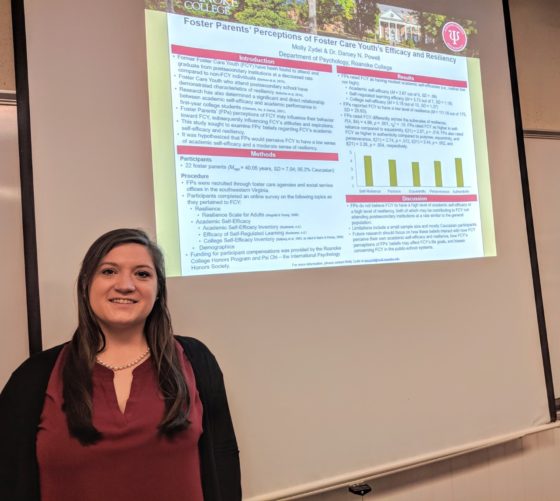
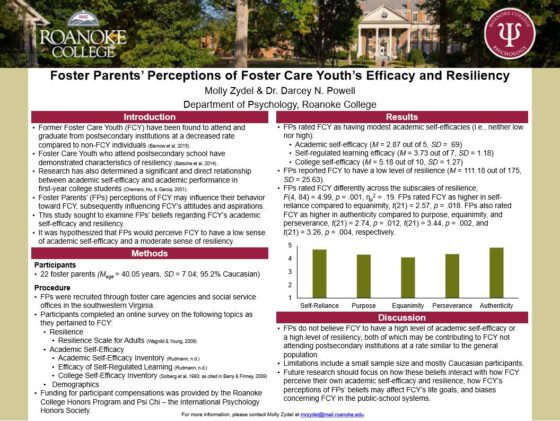
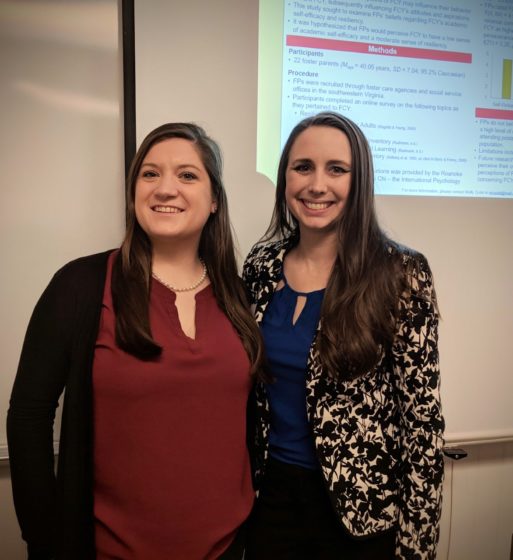
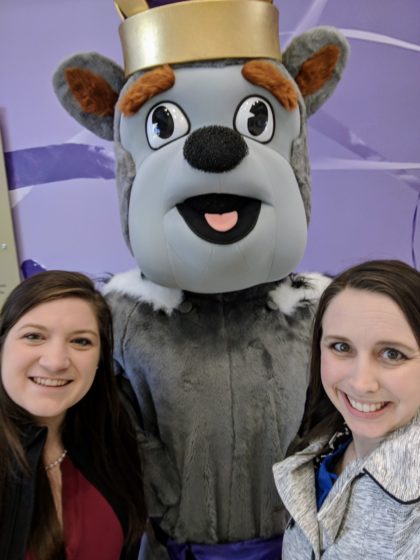
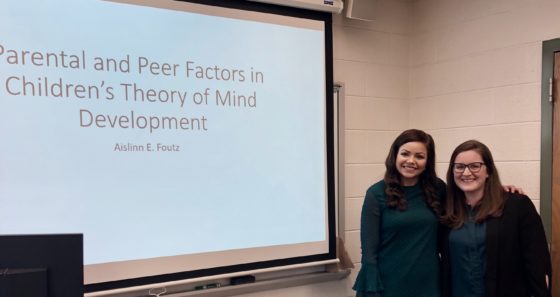
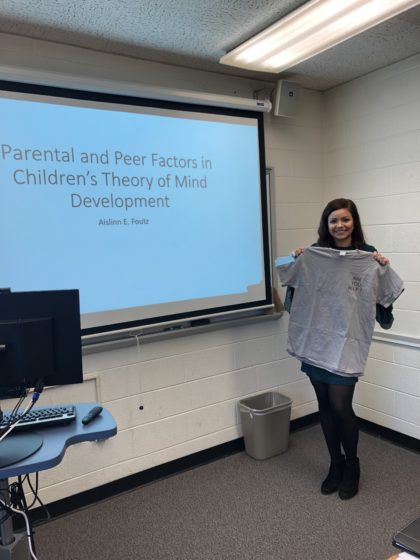 peer problems). Follow-up analyses revealed child age, closeness, and mind-mindedness seem to be especially important to children’s theory of mind development, and that, although these associations were significant throughout early, middle, and late childhood, the closeness-theory of mind relationship was strongest in early childhood. I am aiming to extend this research in several ways, primarily by examining how various sub-types of theory of mind (e.g., belief and desire) may relate differently to these parental and peer factors.
peer problems). Follow-up analyses revealed child age, closeness, and mind-mindedness seem to be especially important to children’s theory of mind development, and that, although these associations were significant throughout early, middle, and late childhood, the closeness-theory of mind relationship was strongest in early childhood. I am aiming to extend this research in several ways, primarily by examining how various sub-types of theory of mind (e.g., belief and desire) may relate differently to these parental and peer factors.
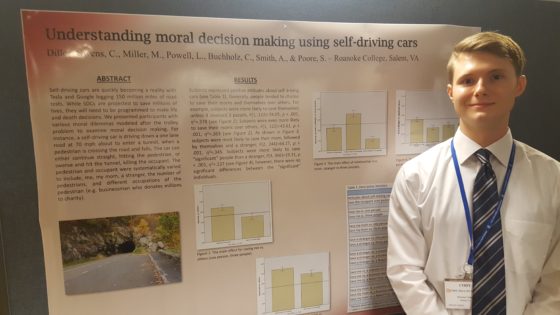
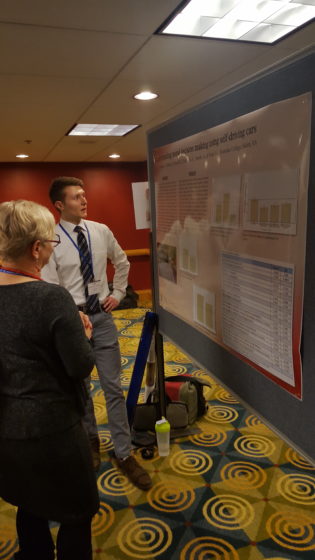
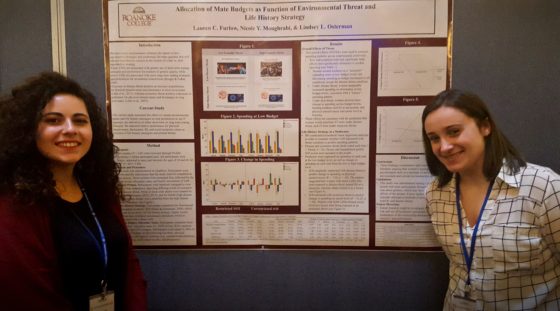
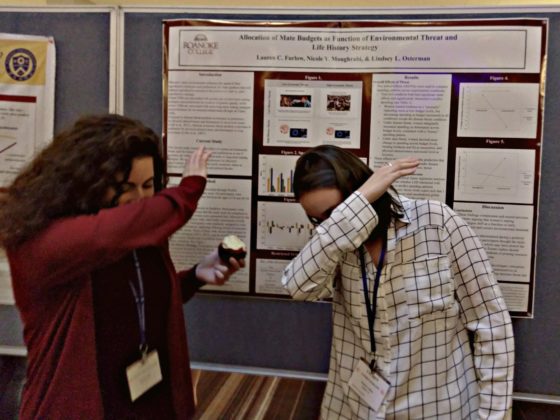
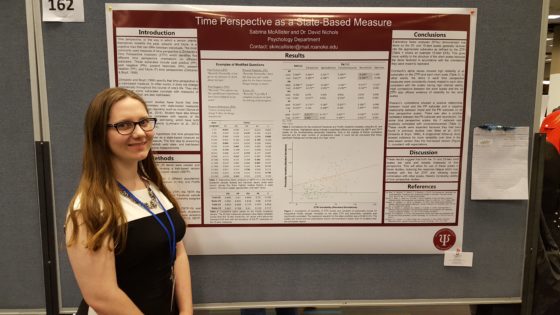
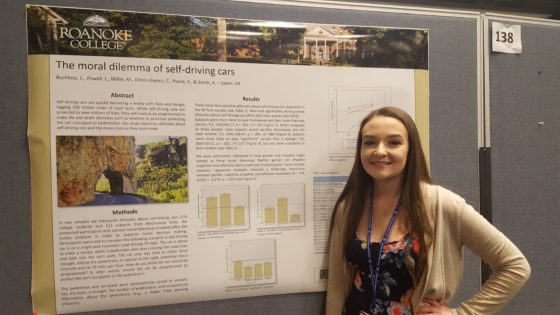
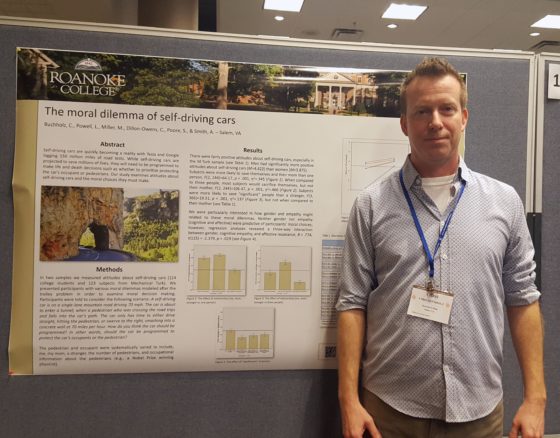
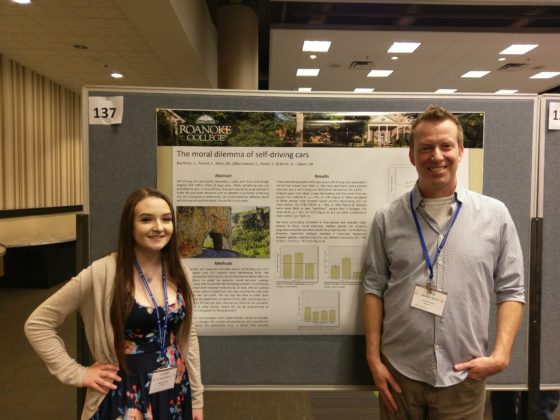
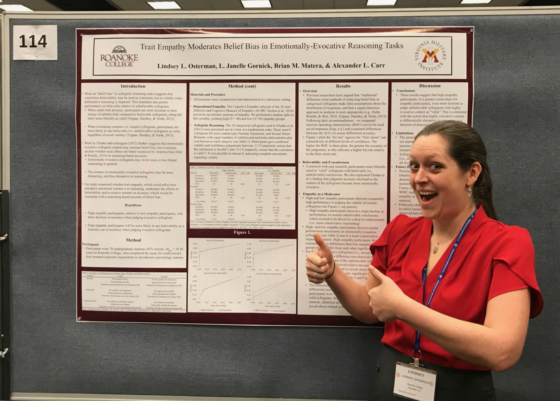
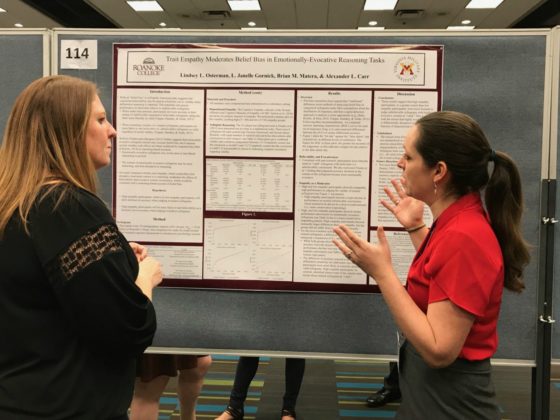
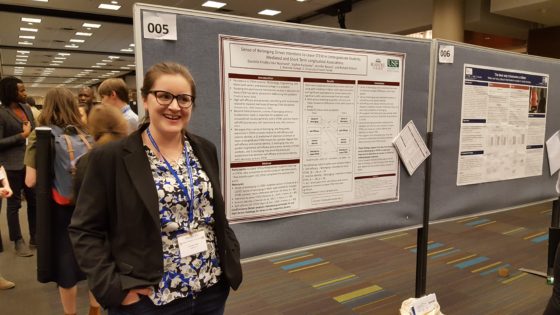
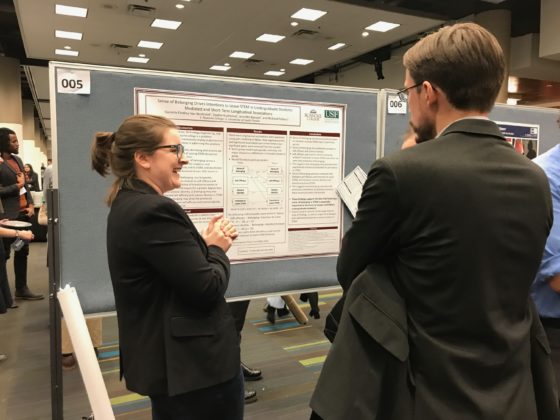
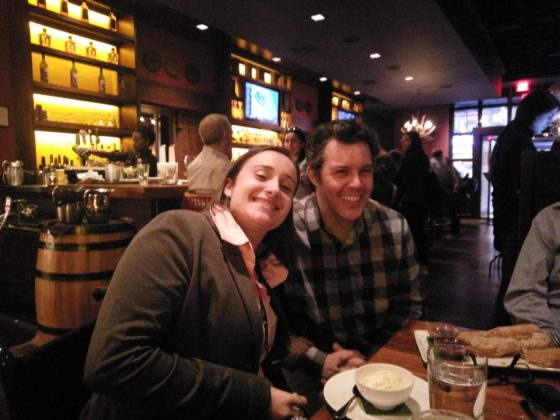
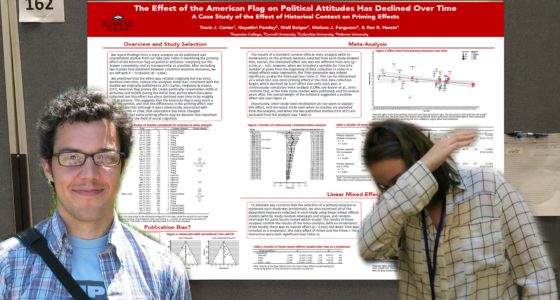
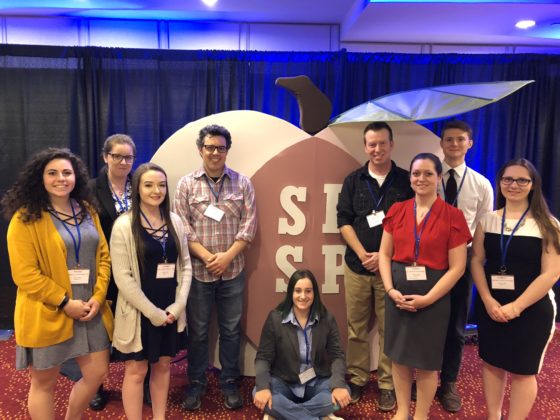
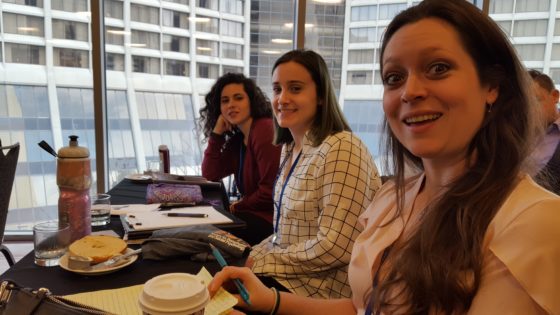
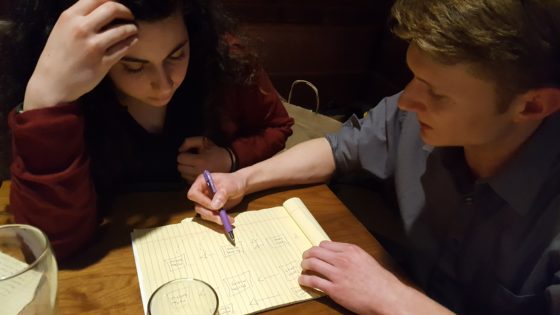
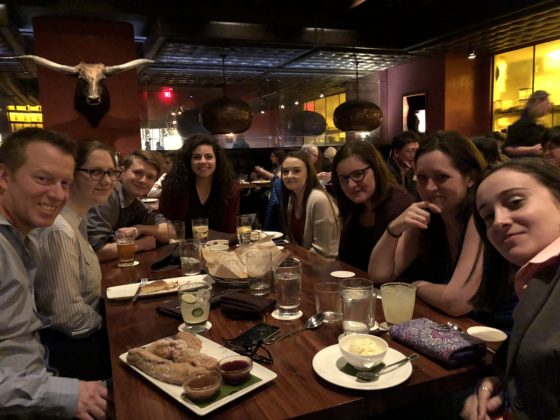
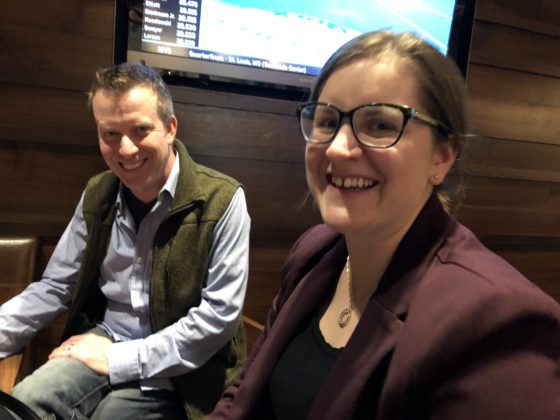
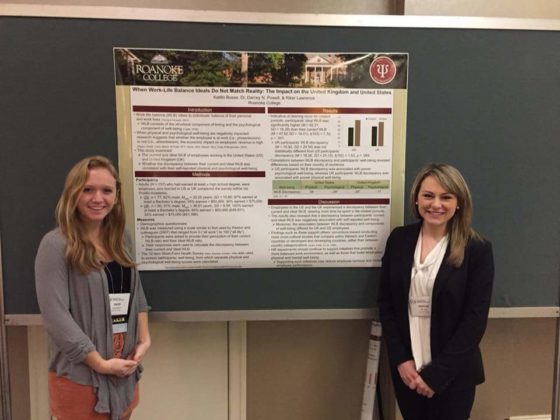

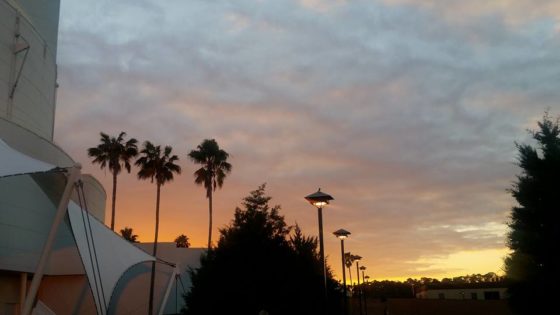
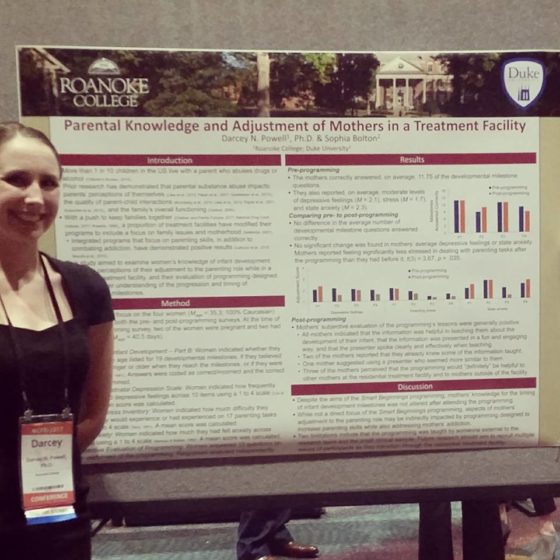
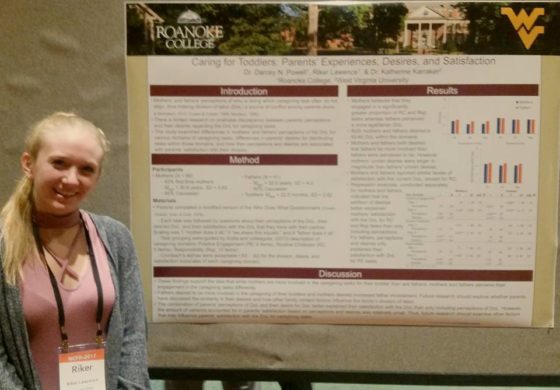
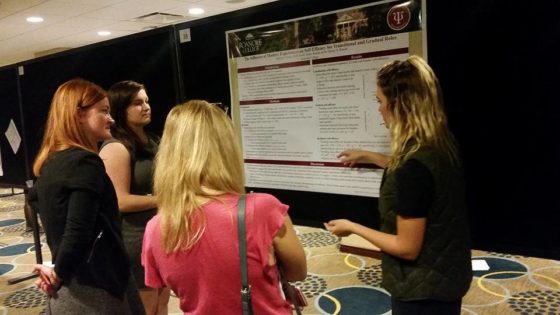
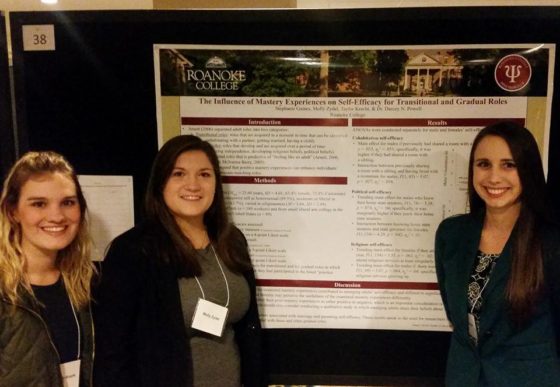

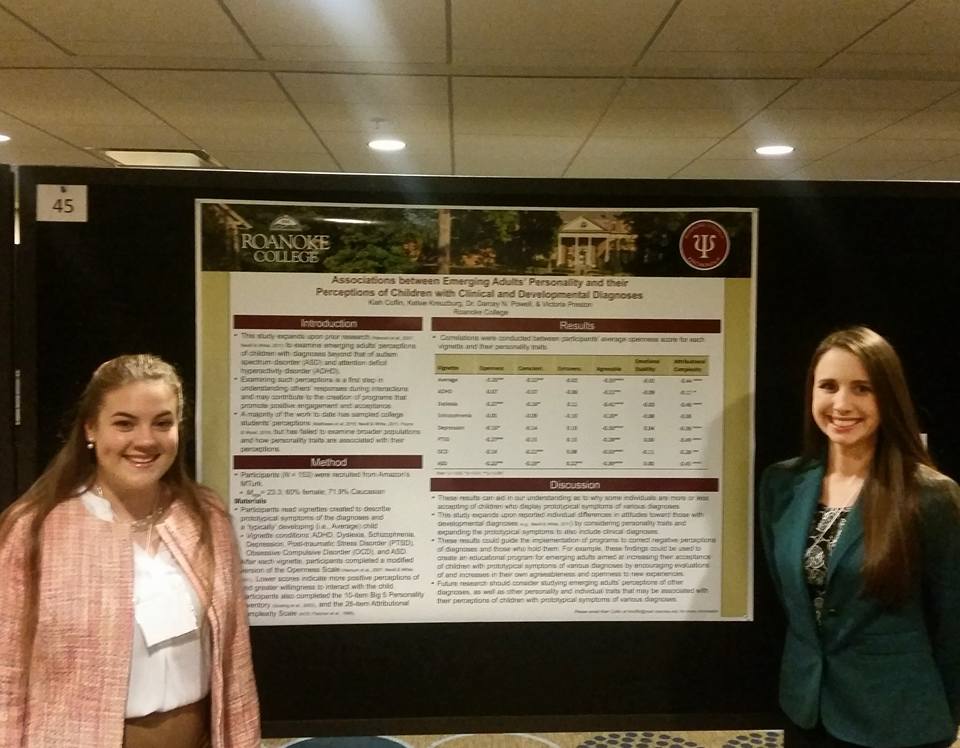

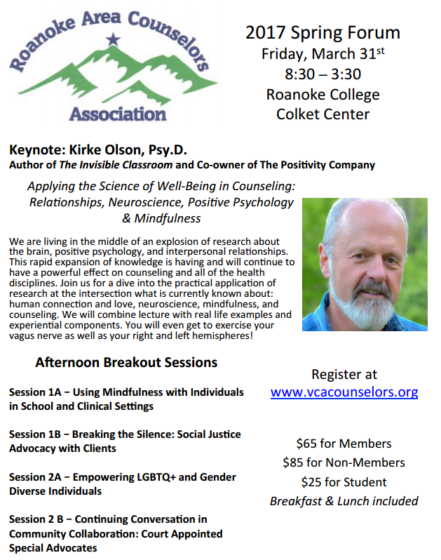
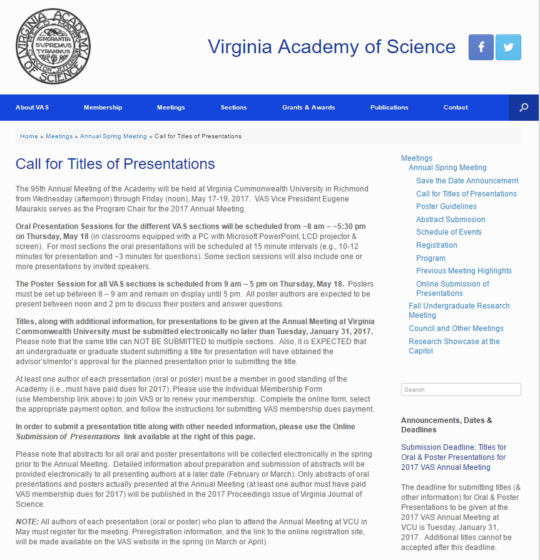
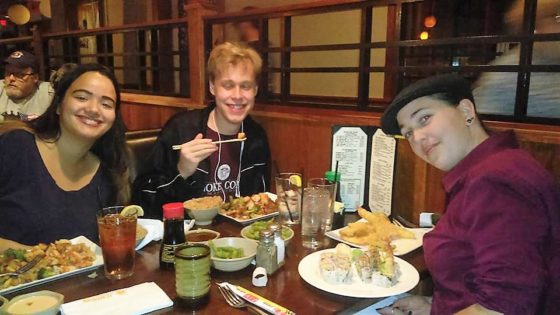
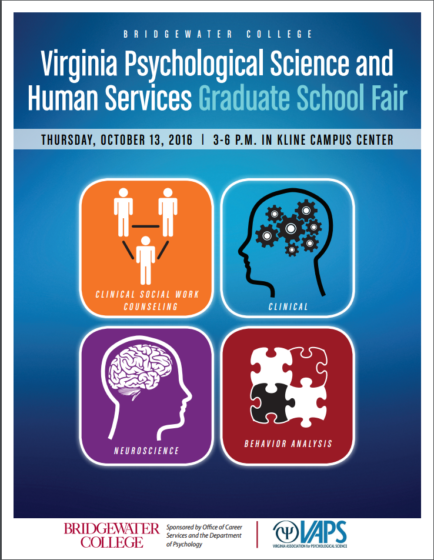
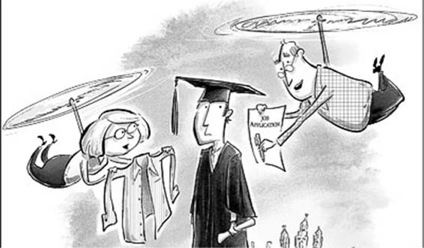

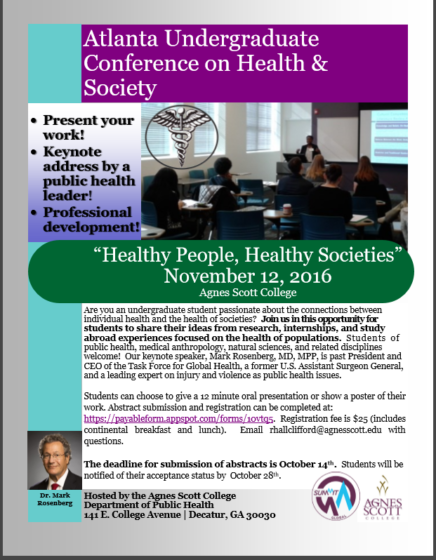
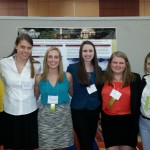
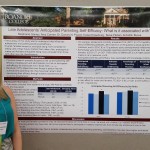
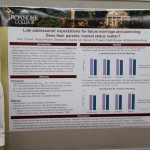
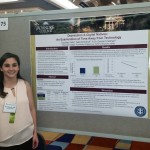
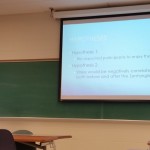
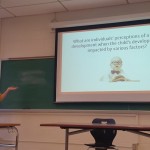
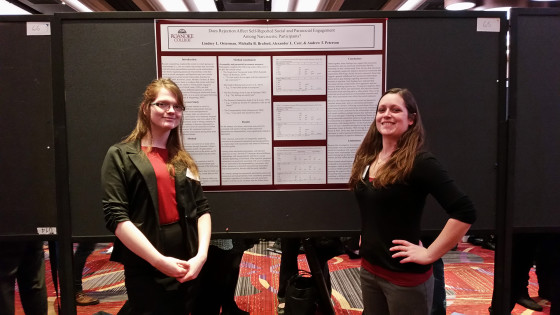
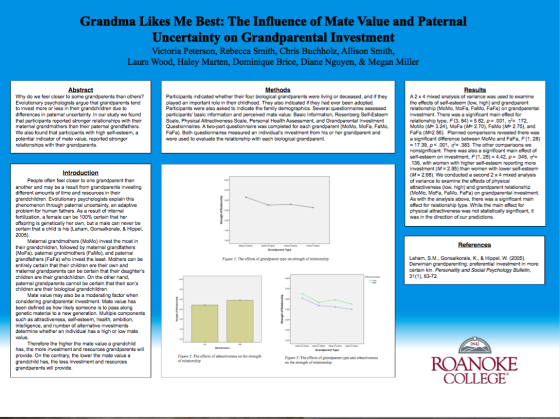
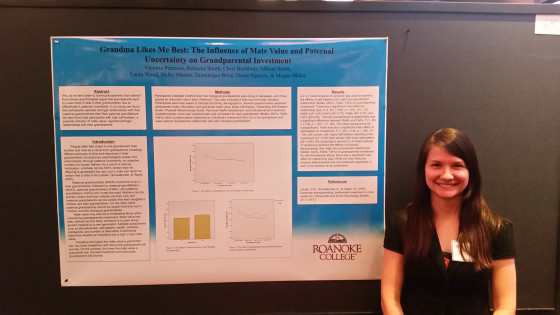
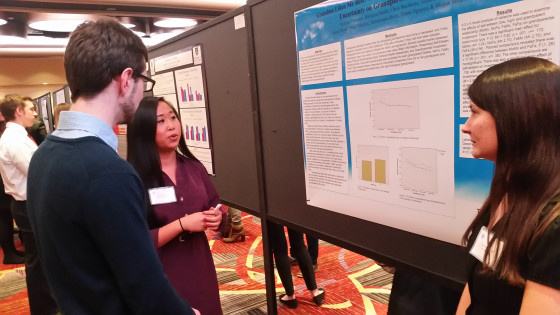
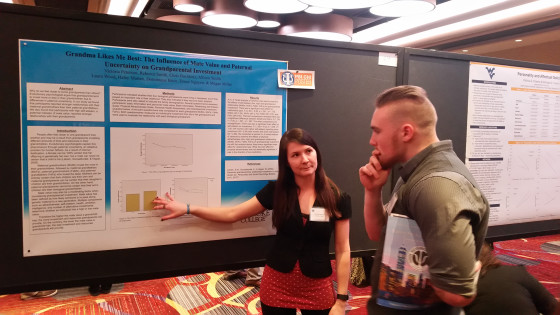
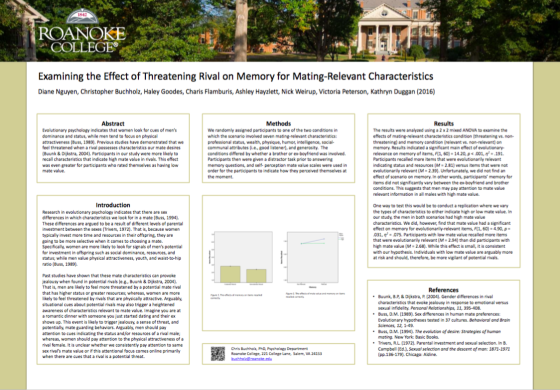
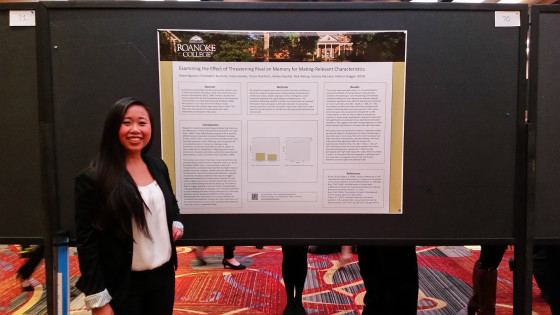
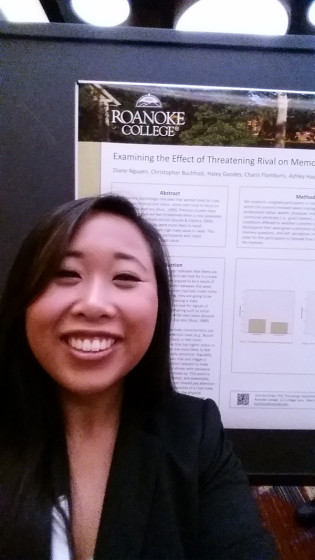
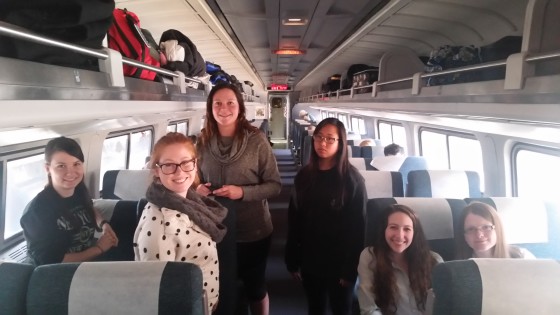
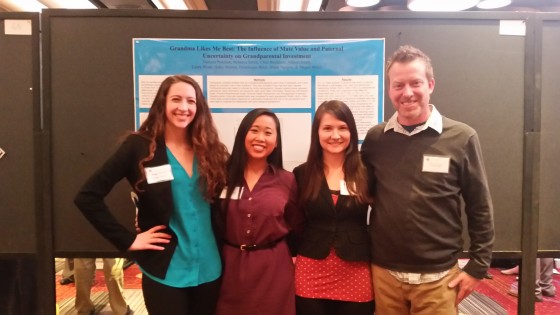
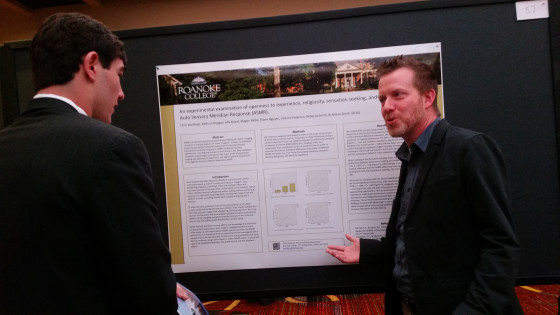
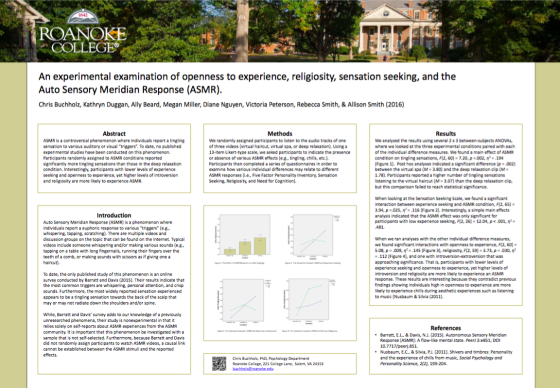

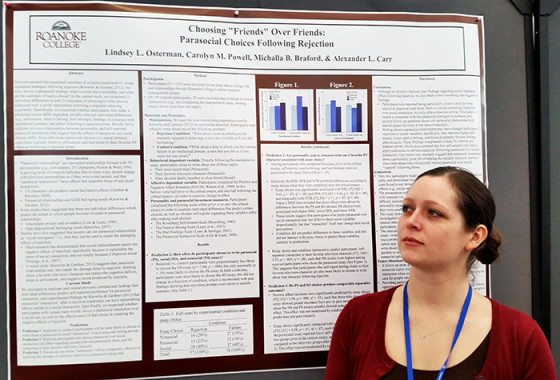
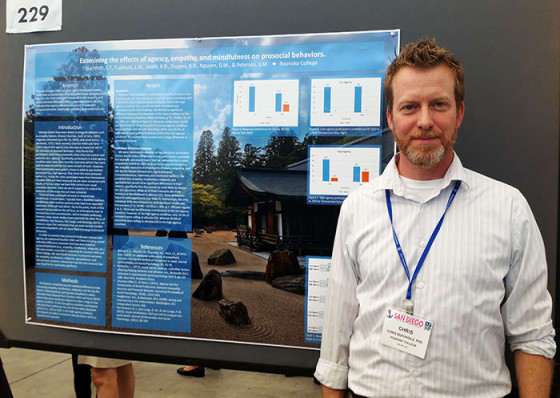
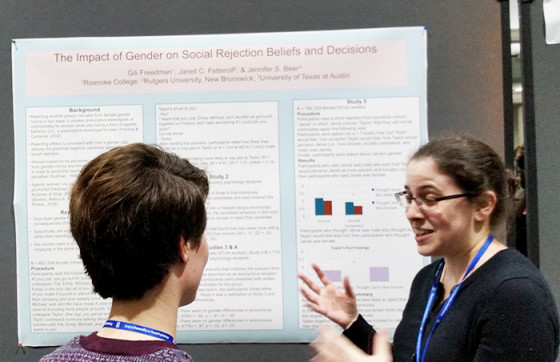
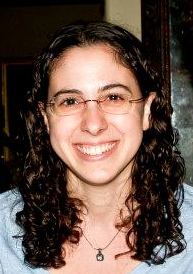

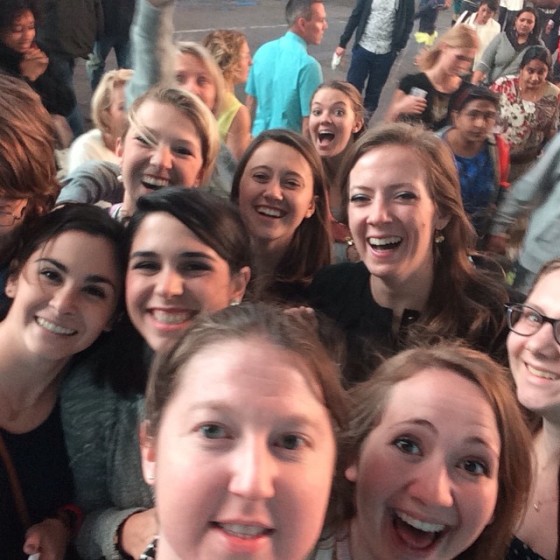
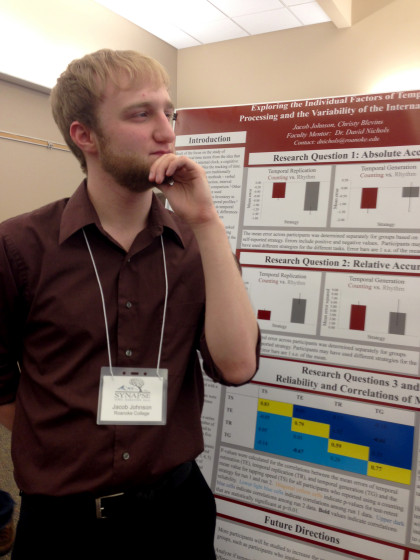
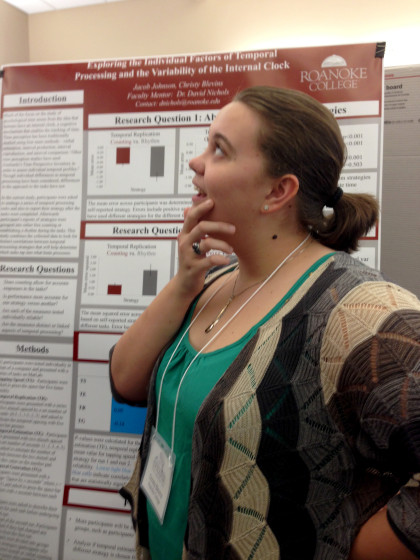
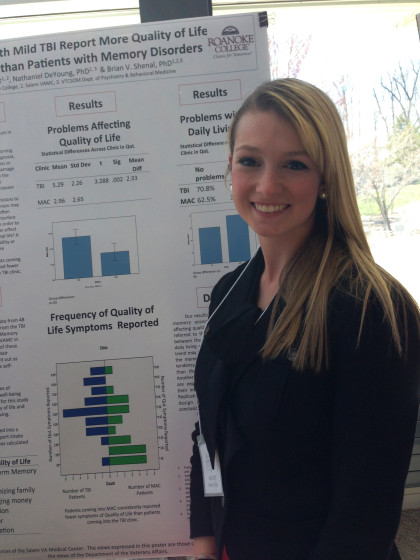 Dr. Nichols, Dr. Allen, and Dr. Shenal assisted students in neuroscience-based research and a few of those students got to present their findings at the SYNAPSE conference! They went to the University of North Carolina at Asheville and represented Roanoke College.
Dr. Nichols, Dr. Allen, and Dr. Shenal assisted students in neuroscience-based research and a few of those students got to present their findings at the SYNAPSE conference! They went to the University of North Carolina at Asheville and represented Roanoke College.